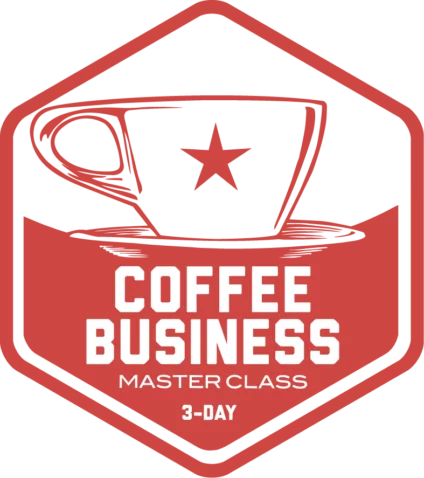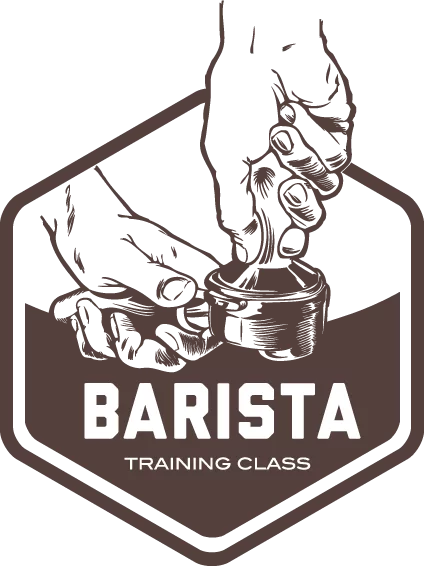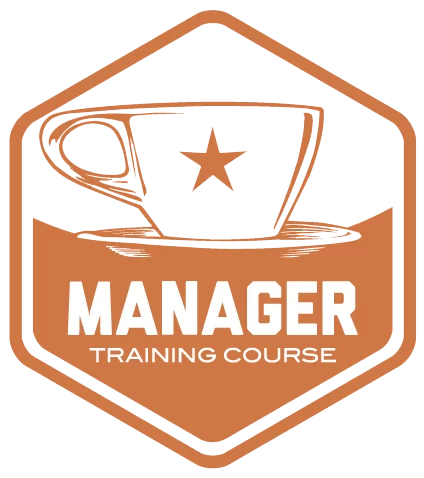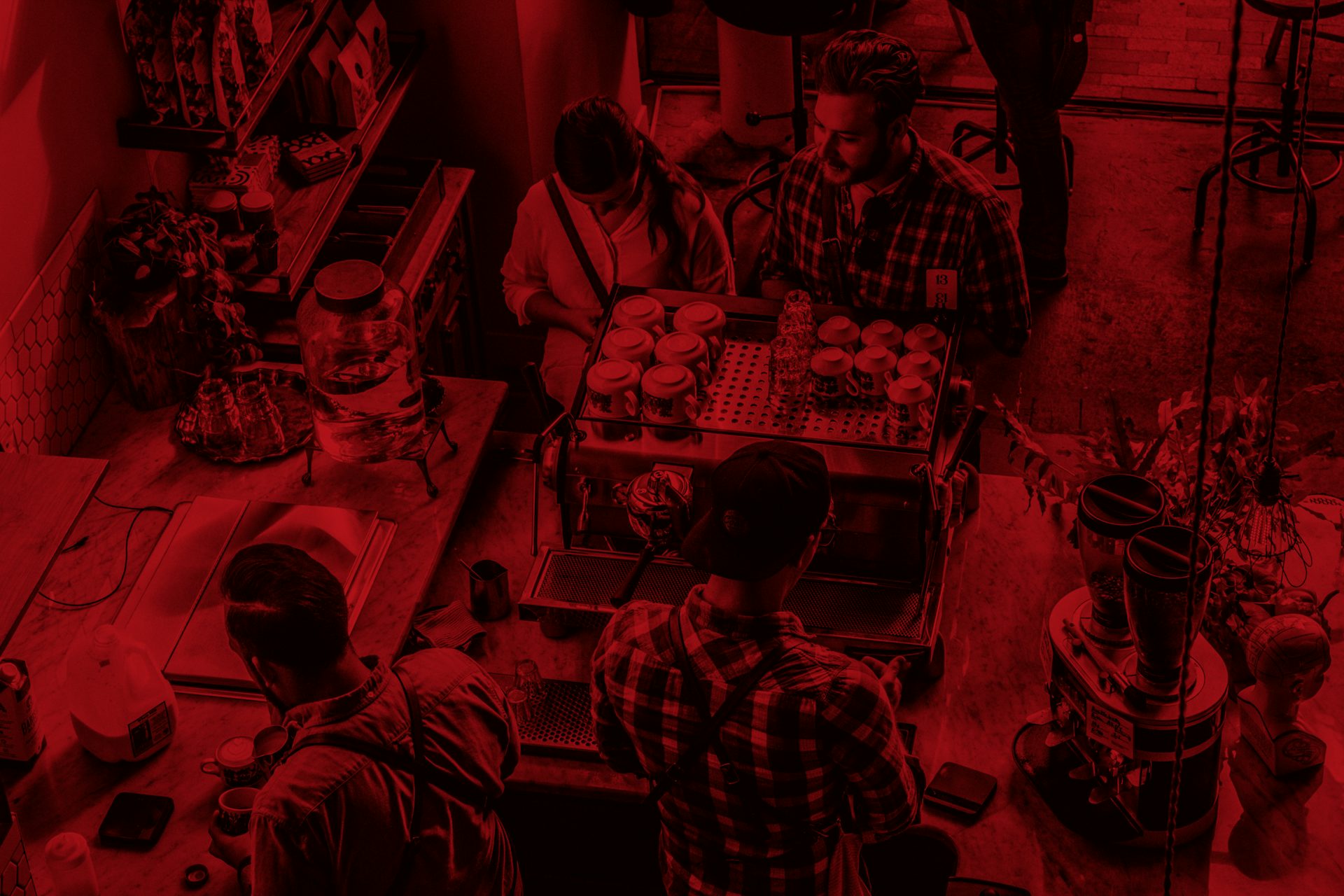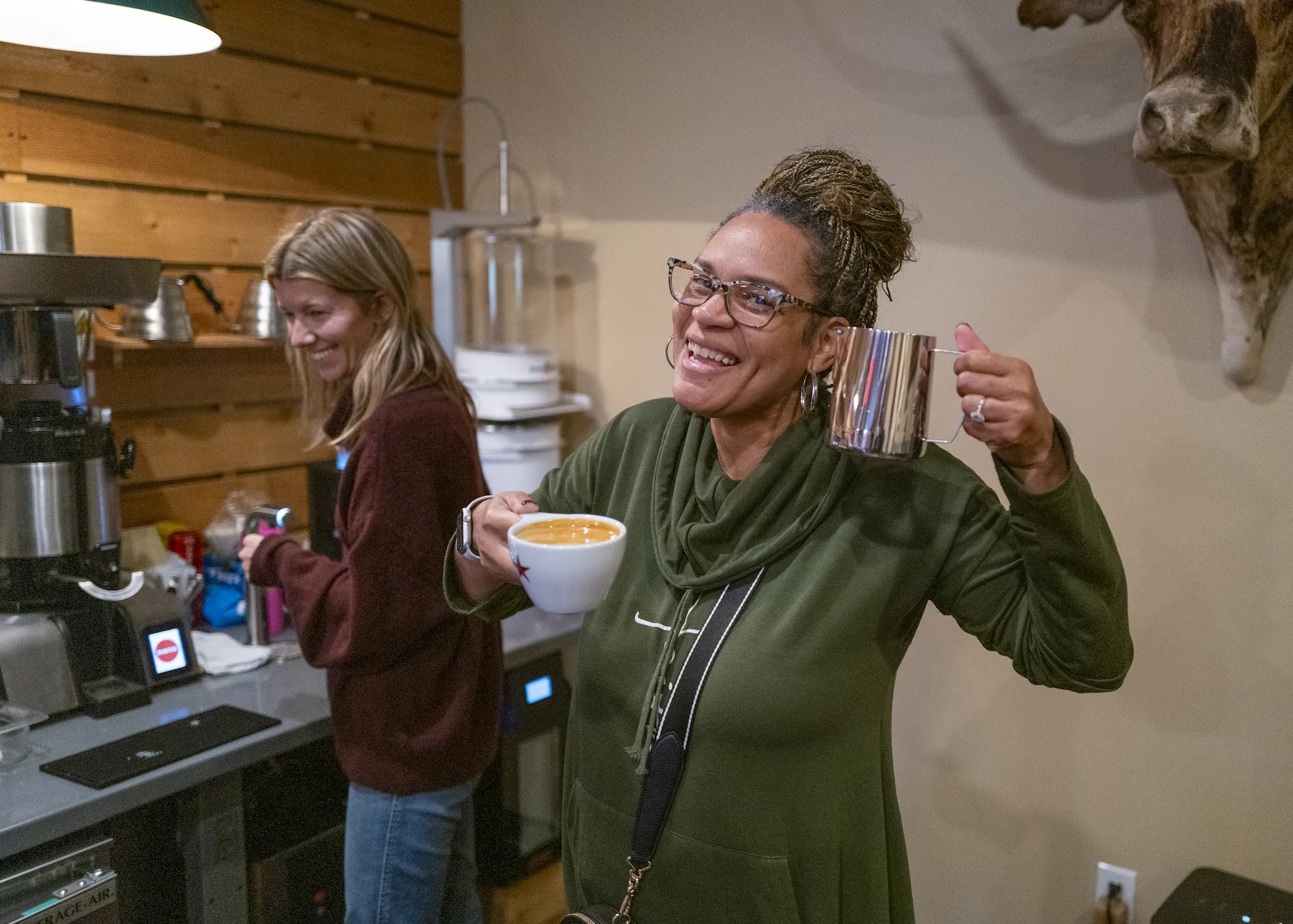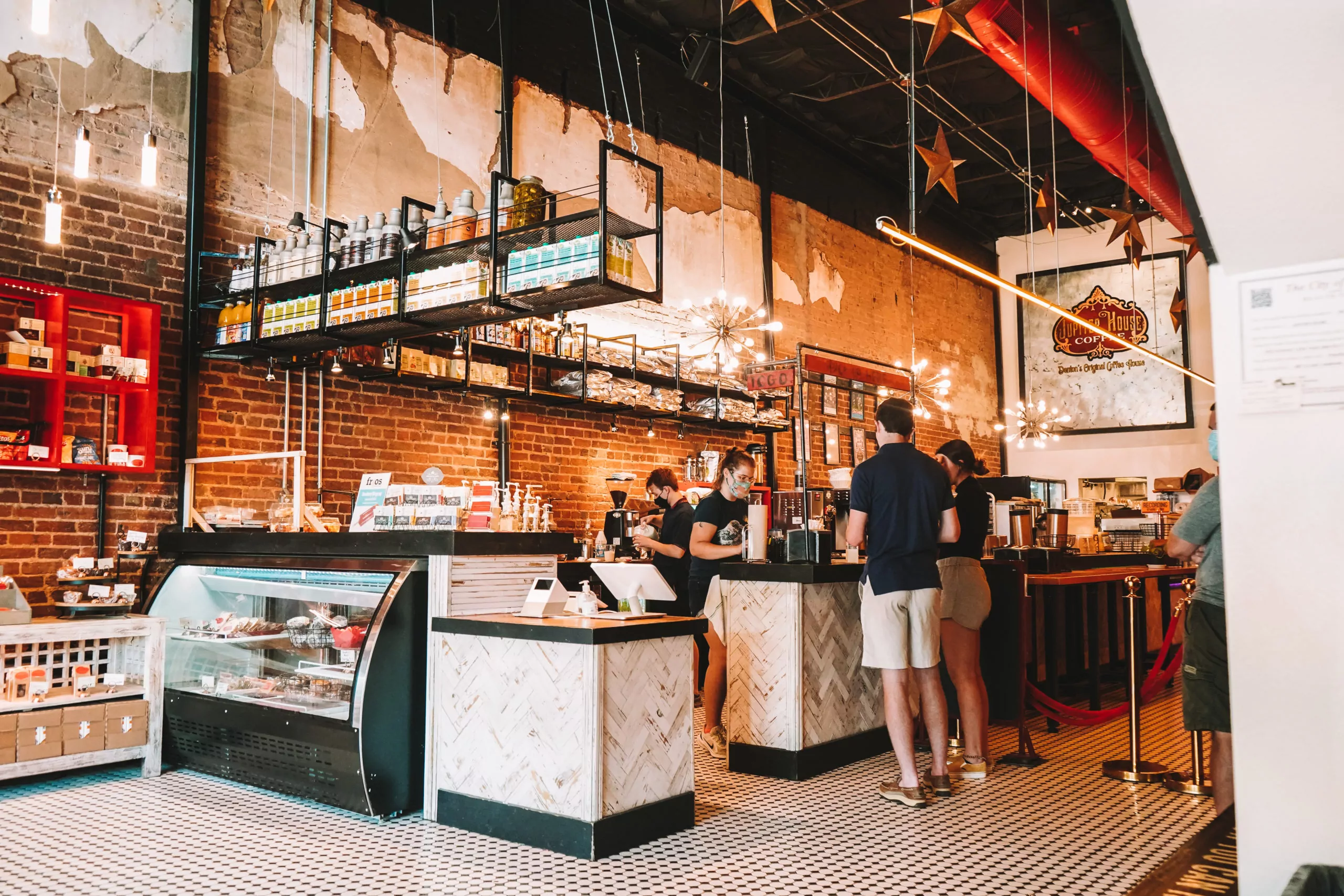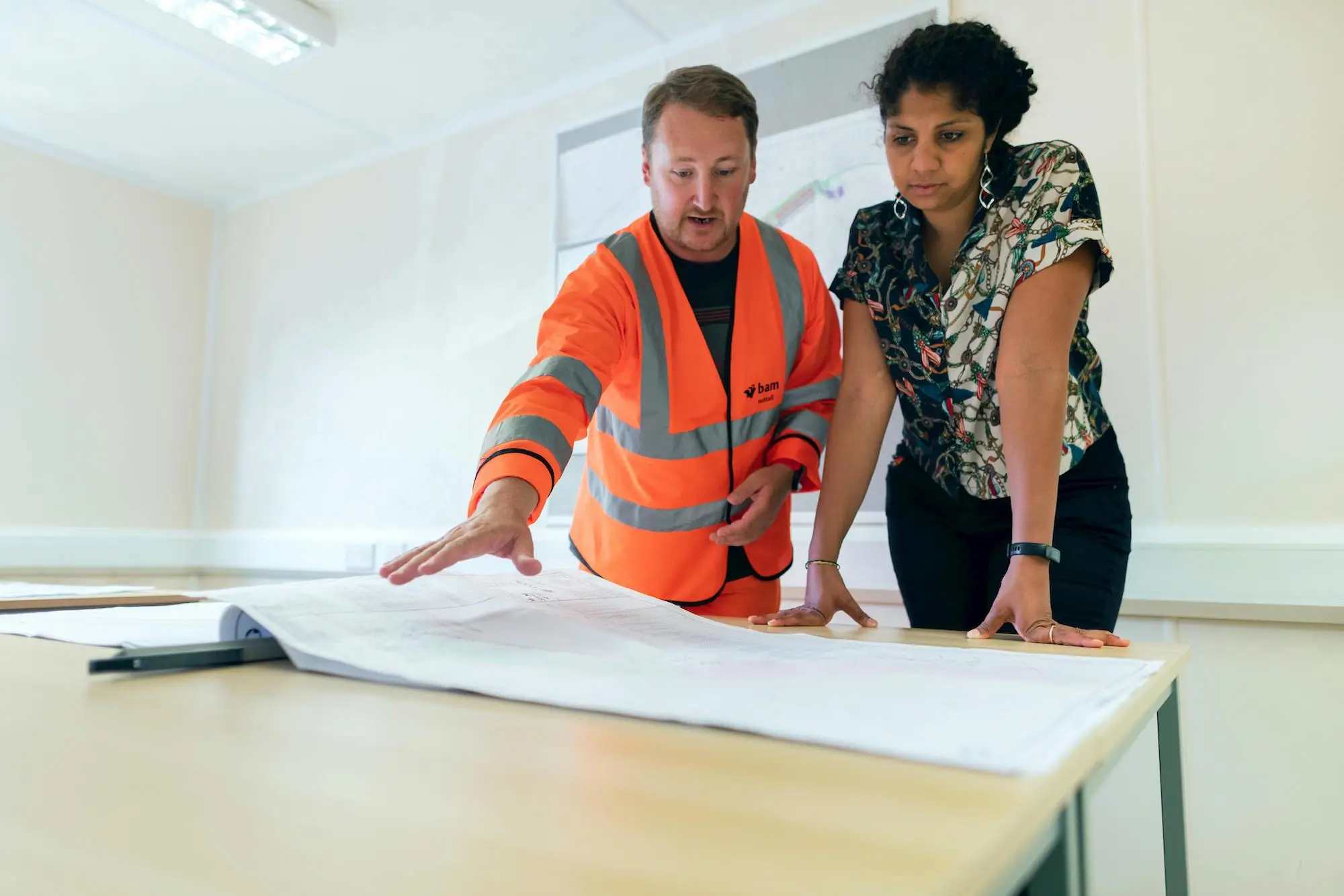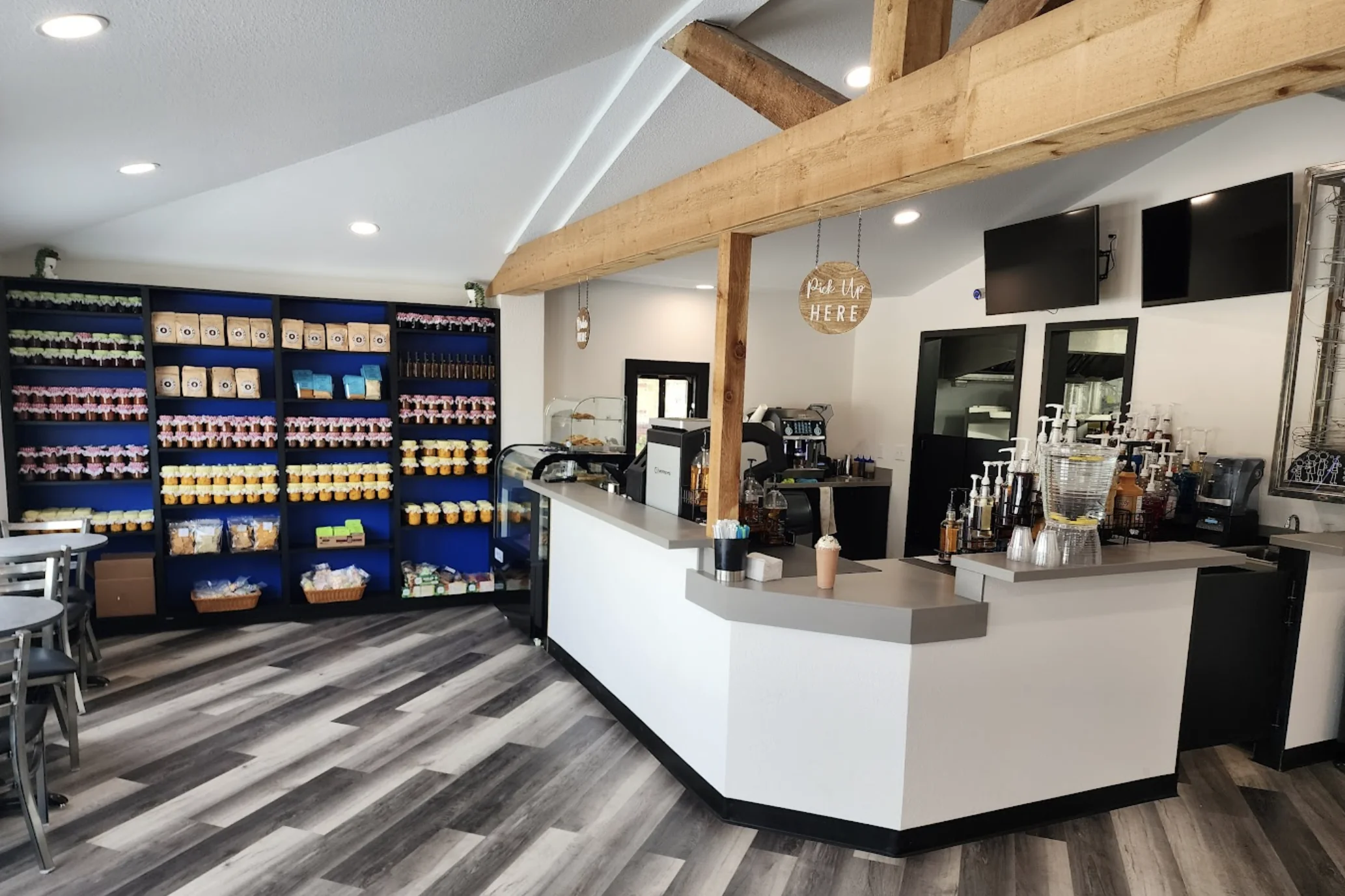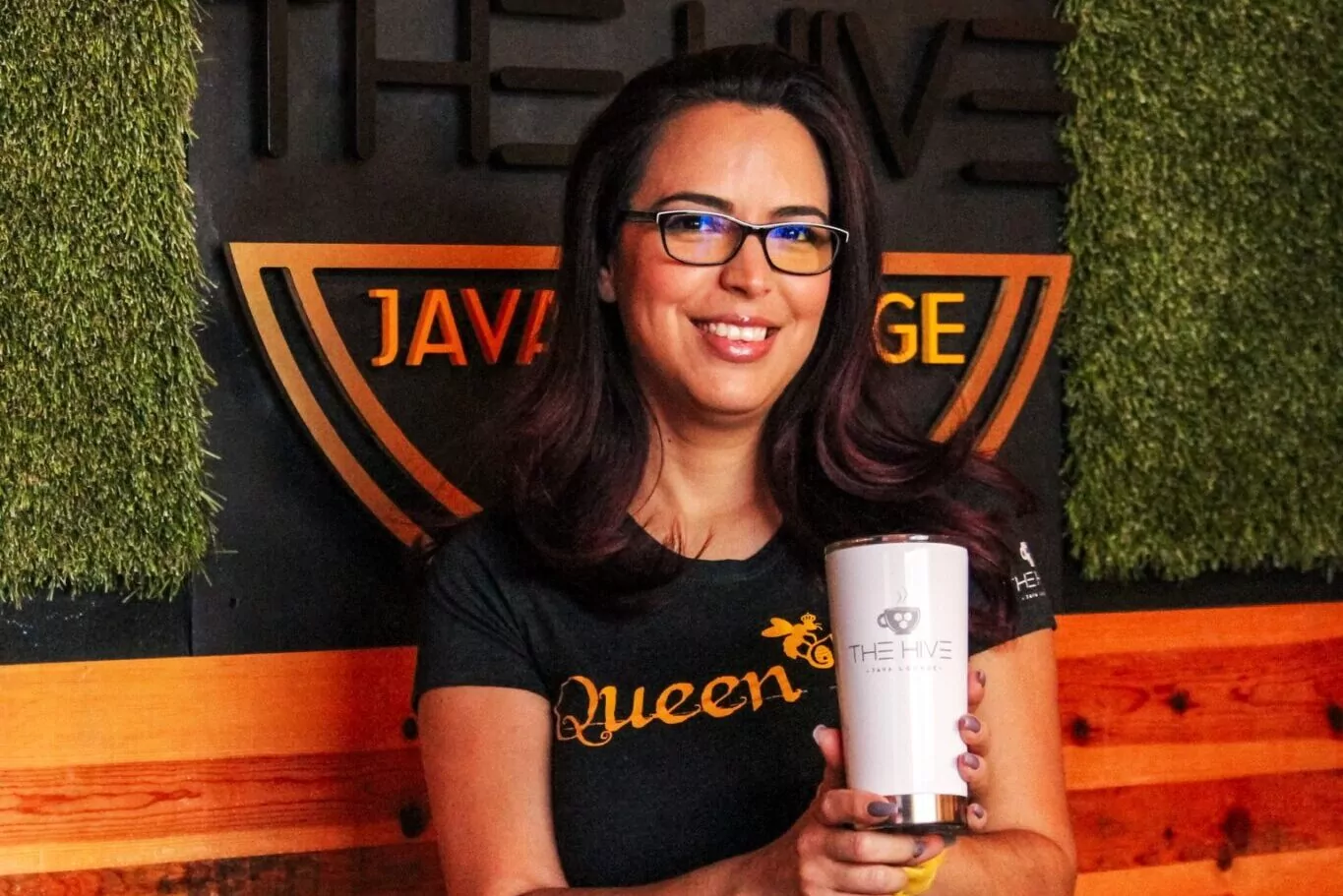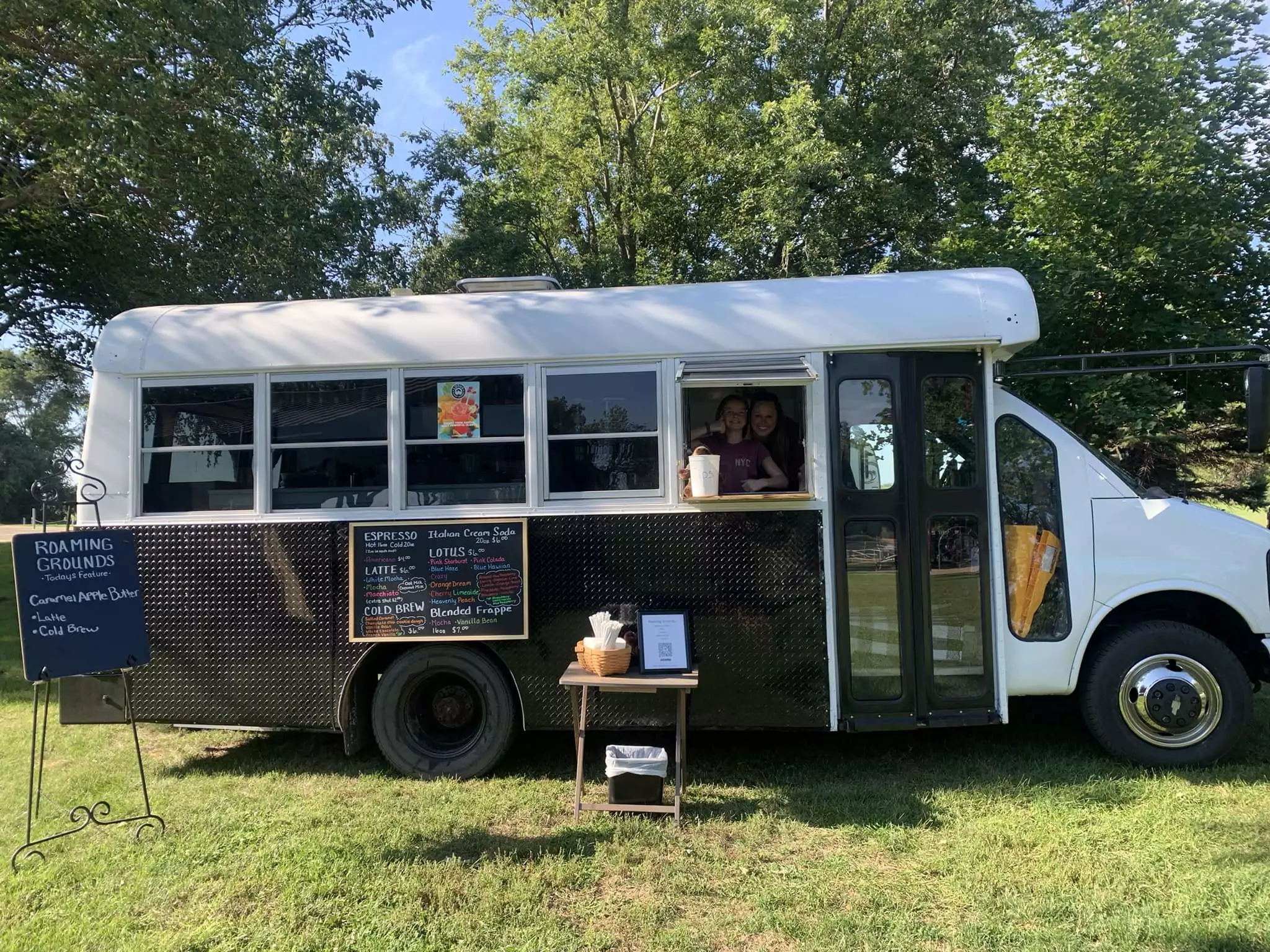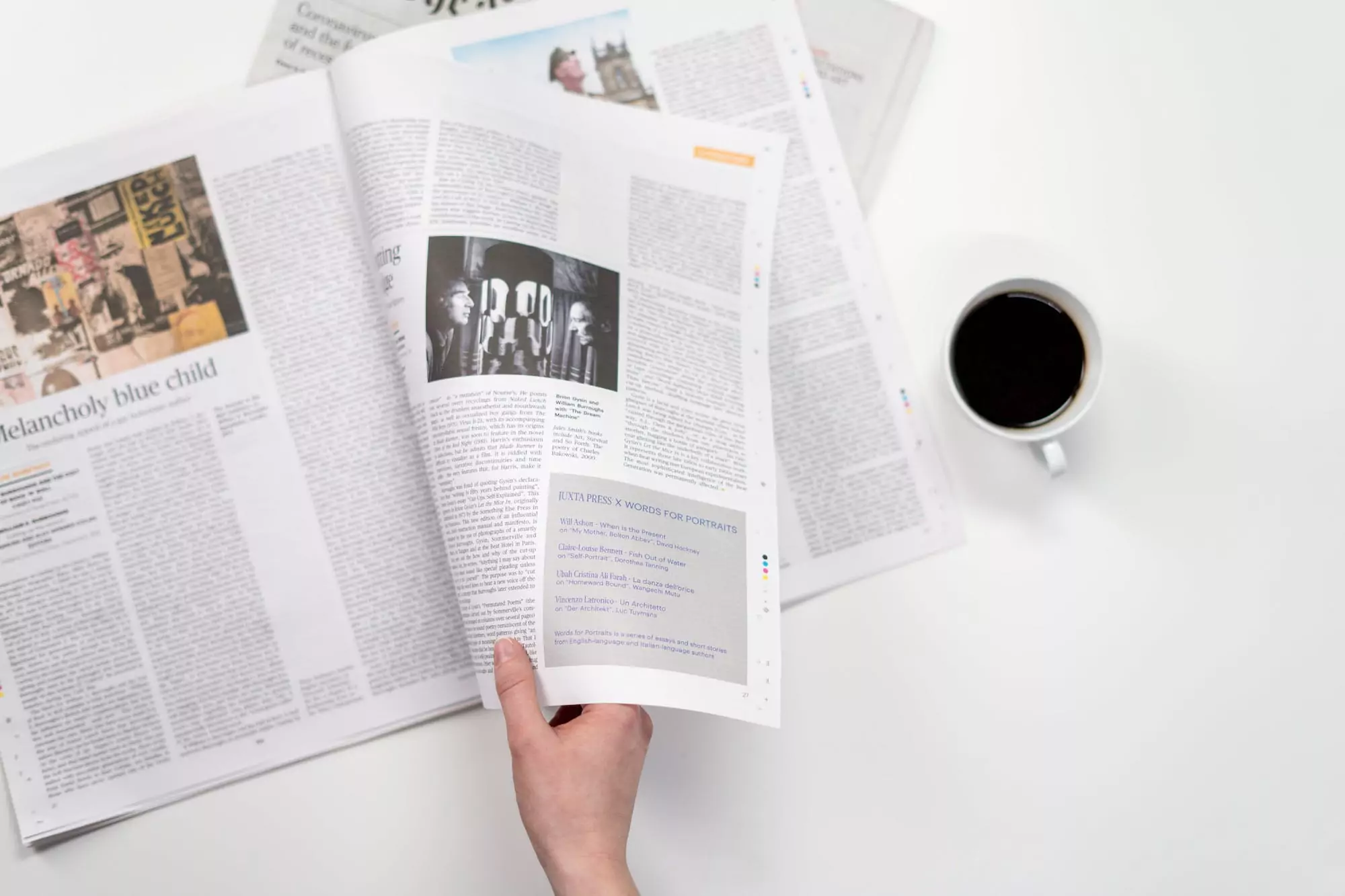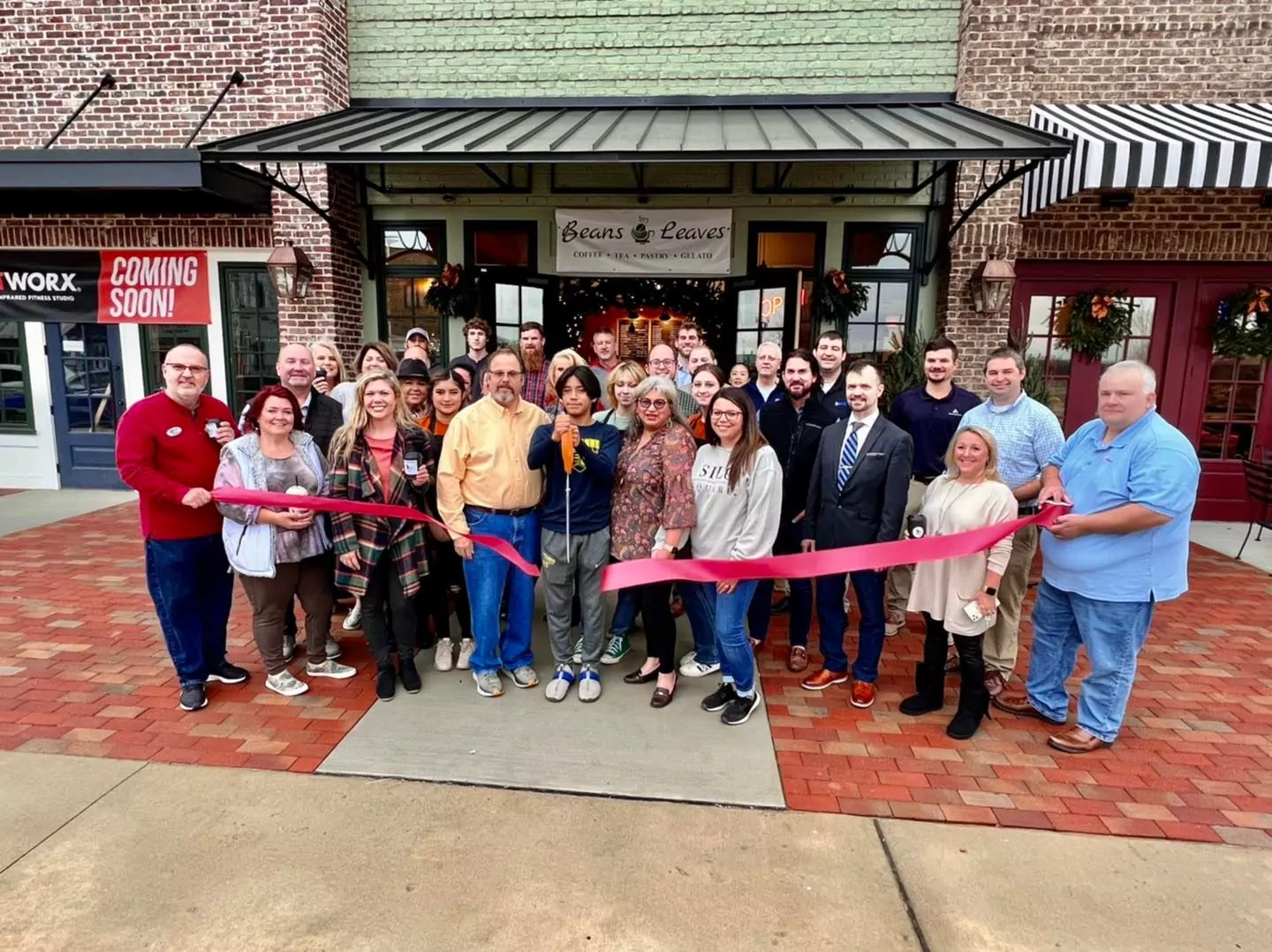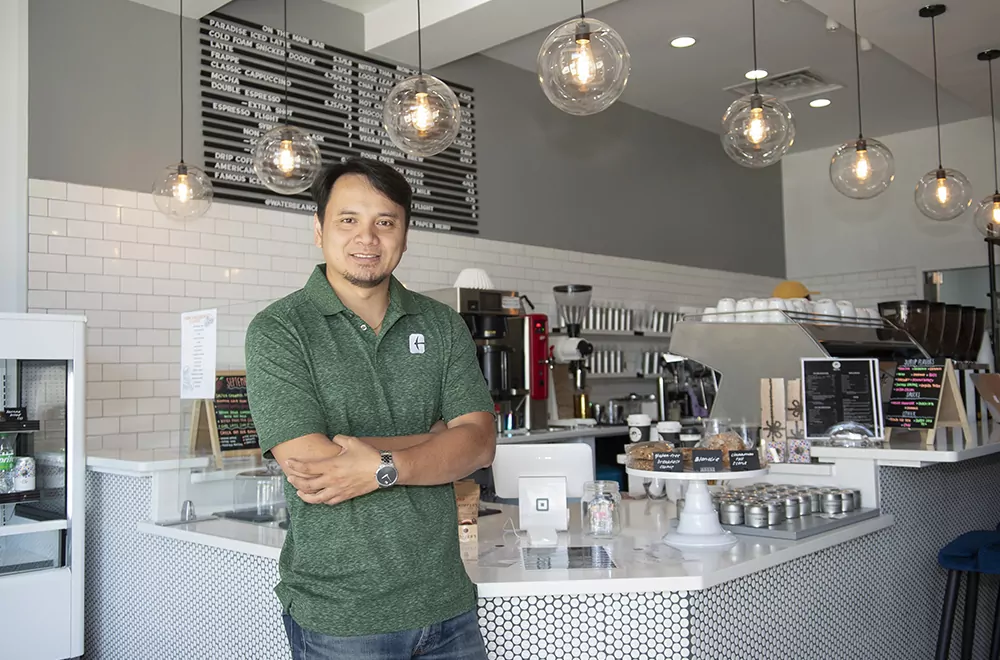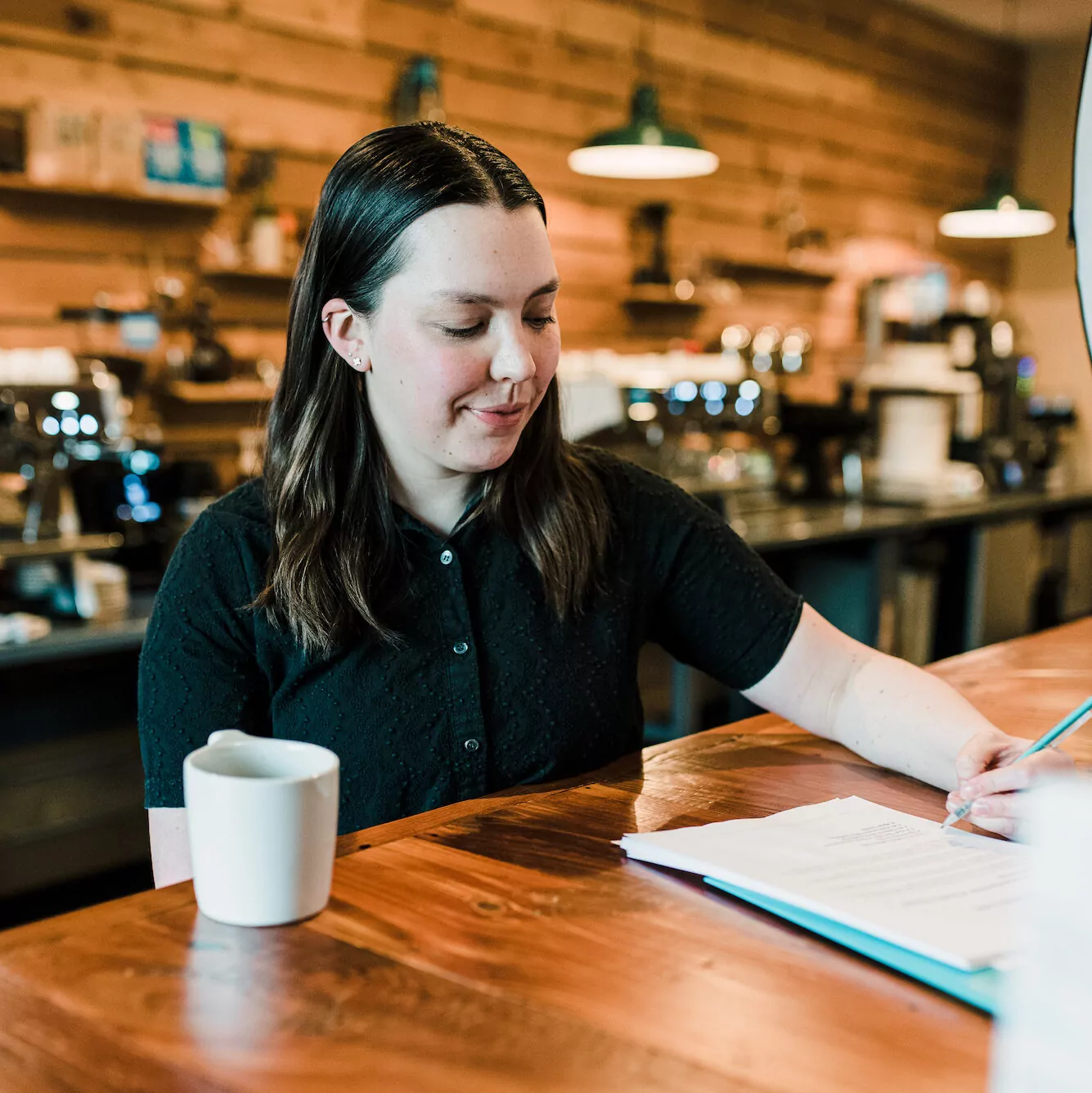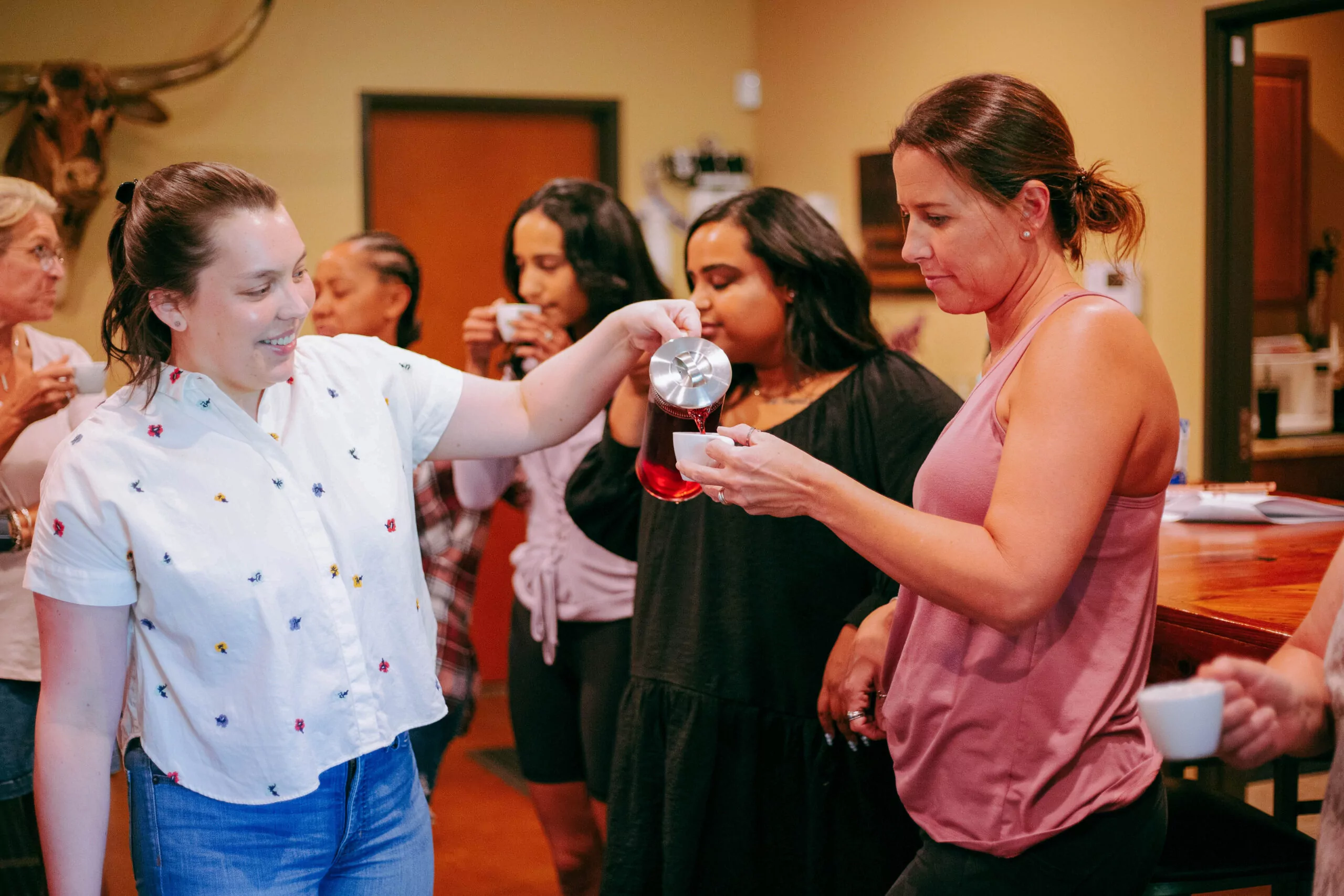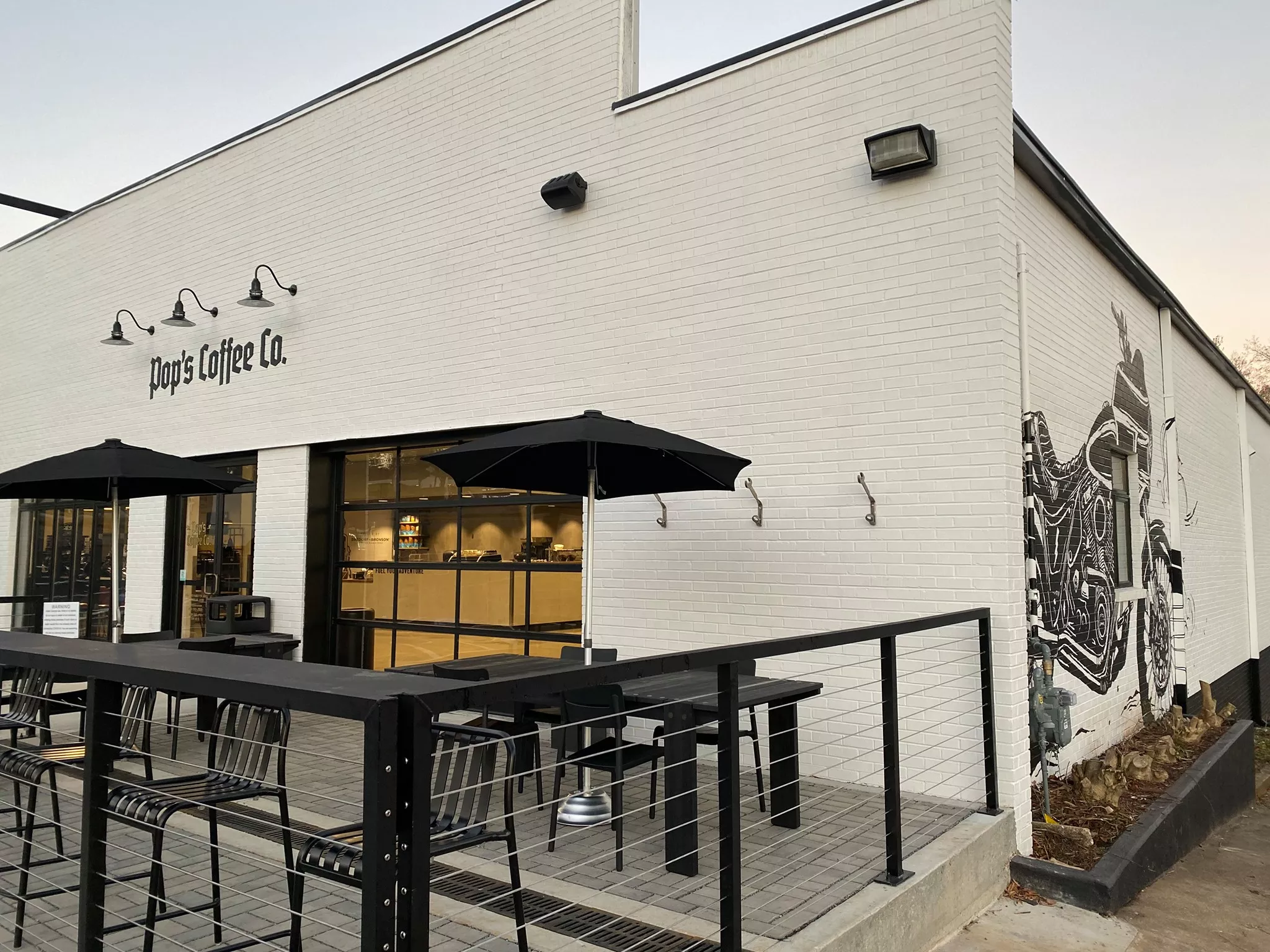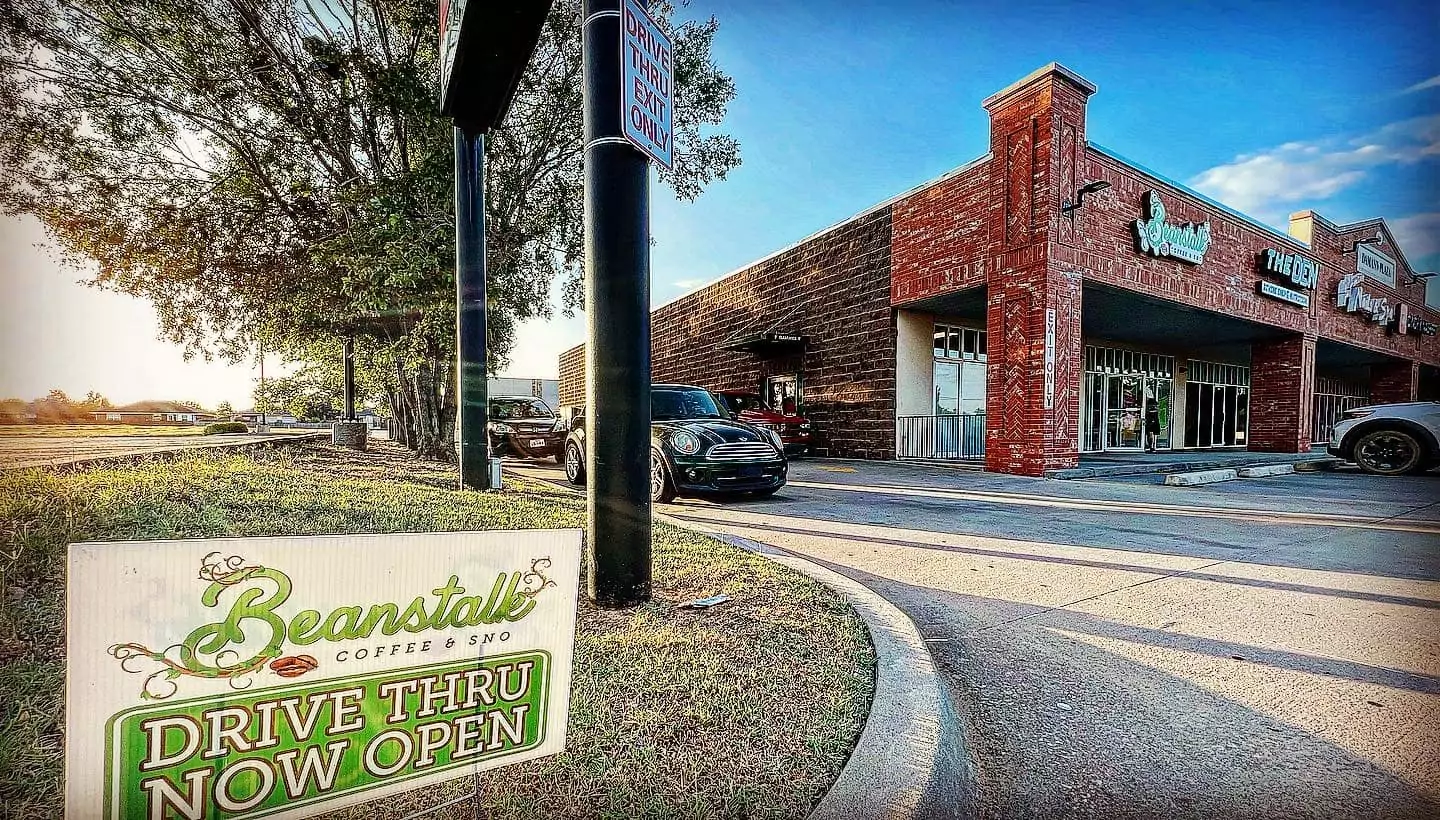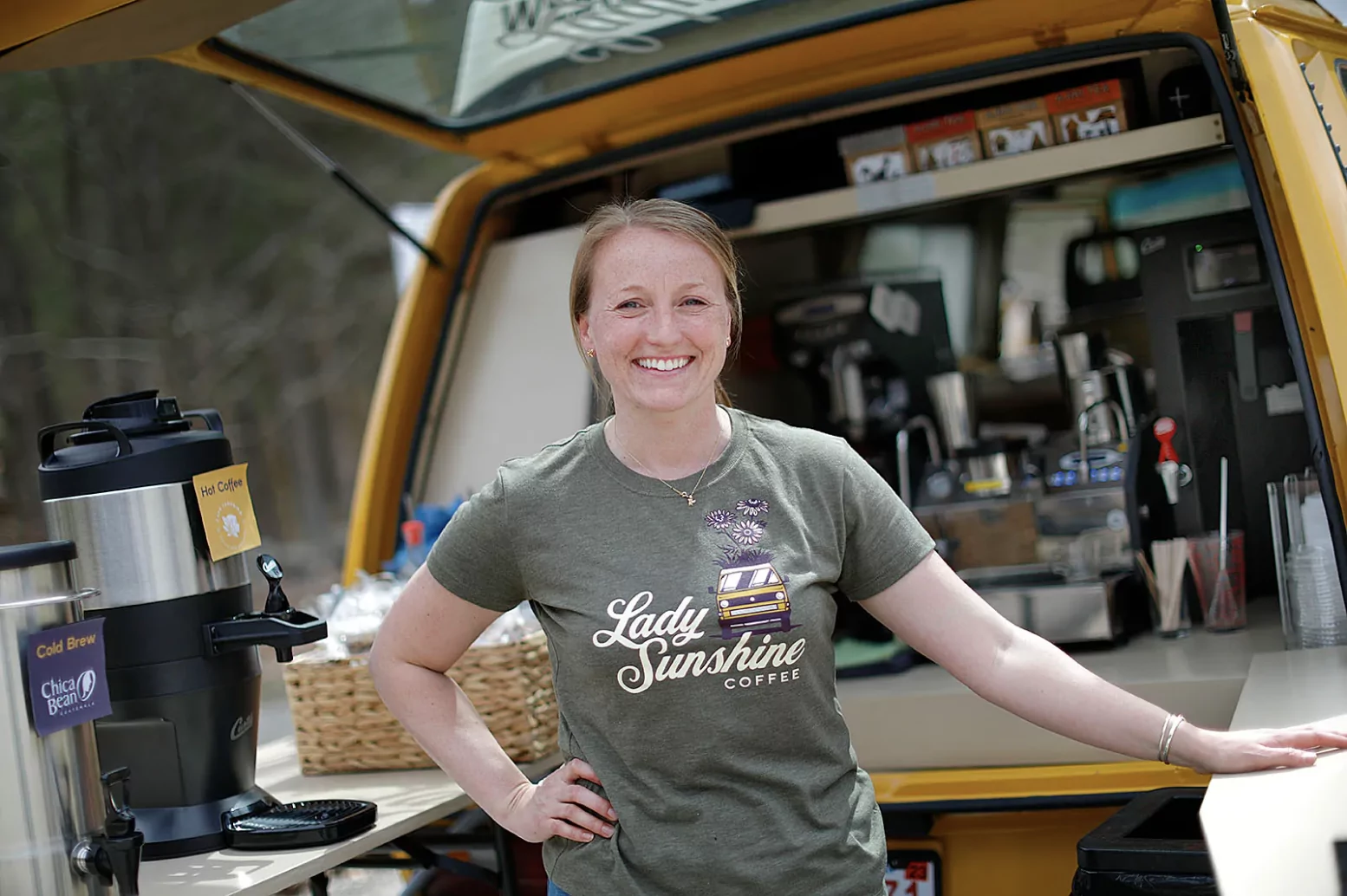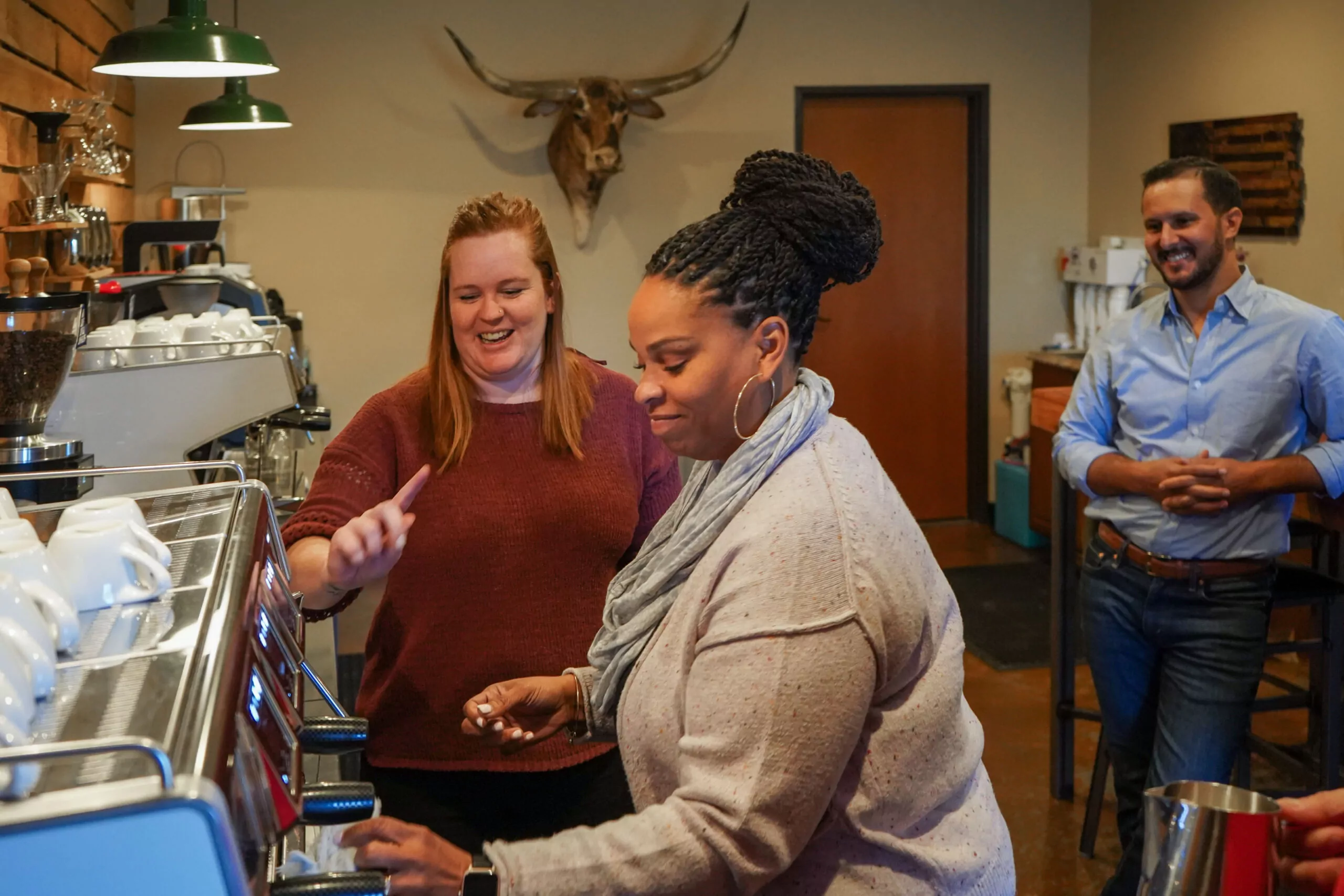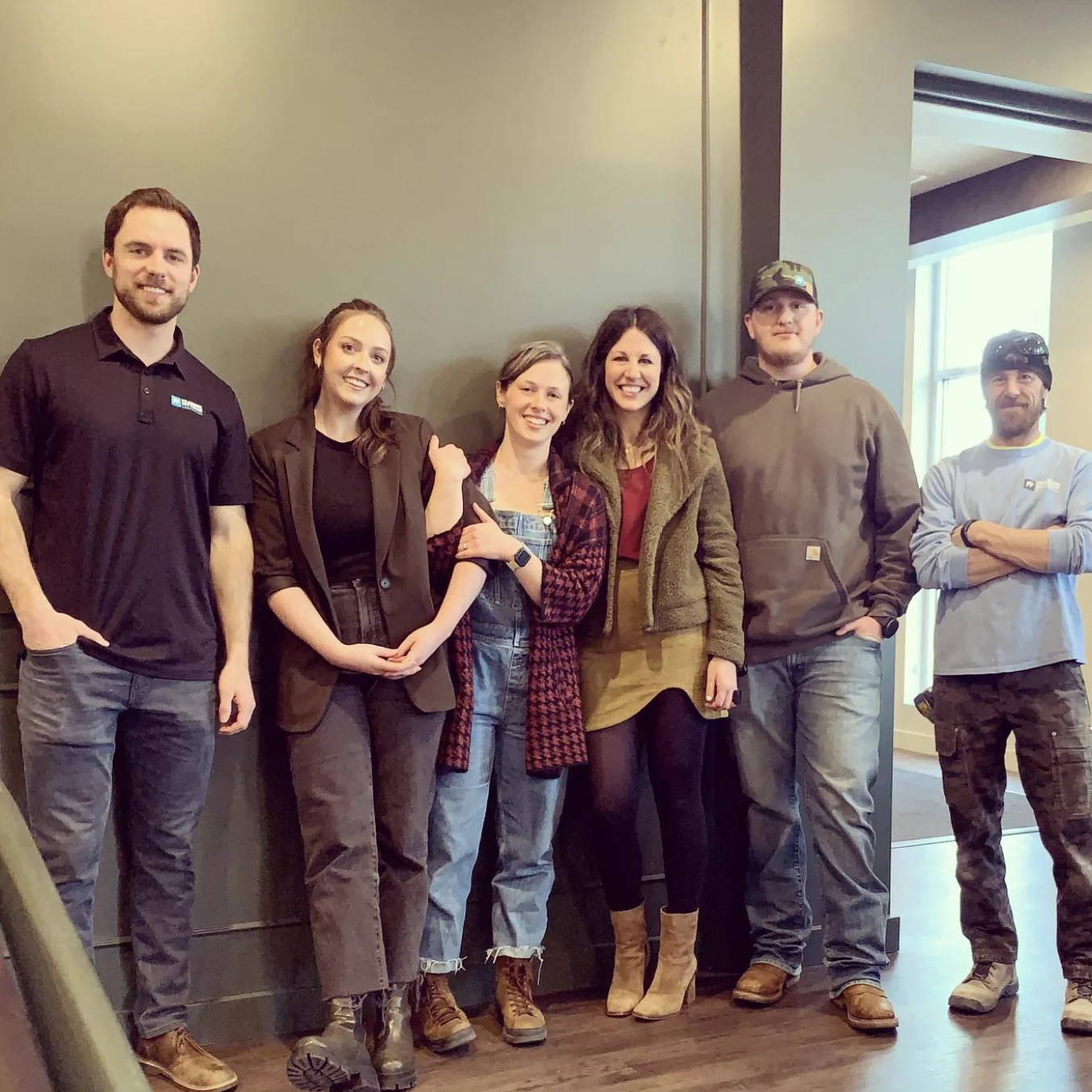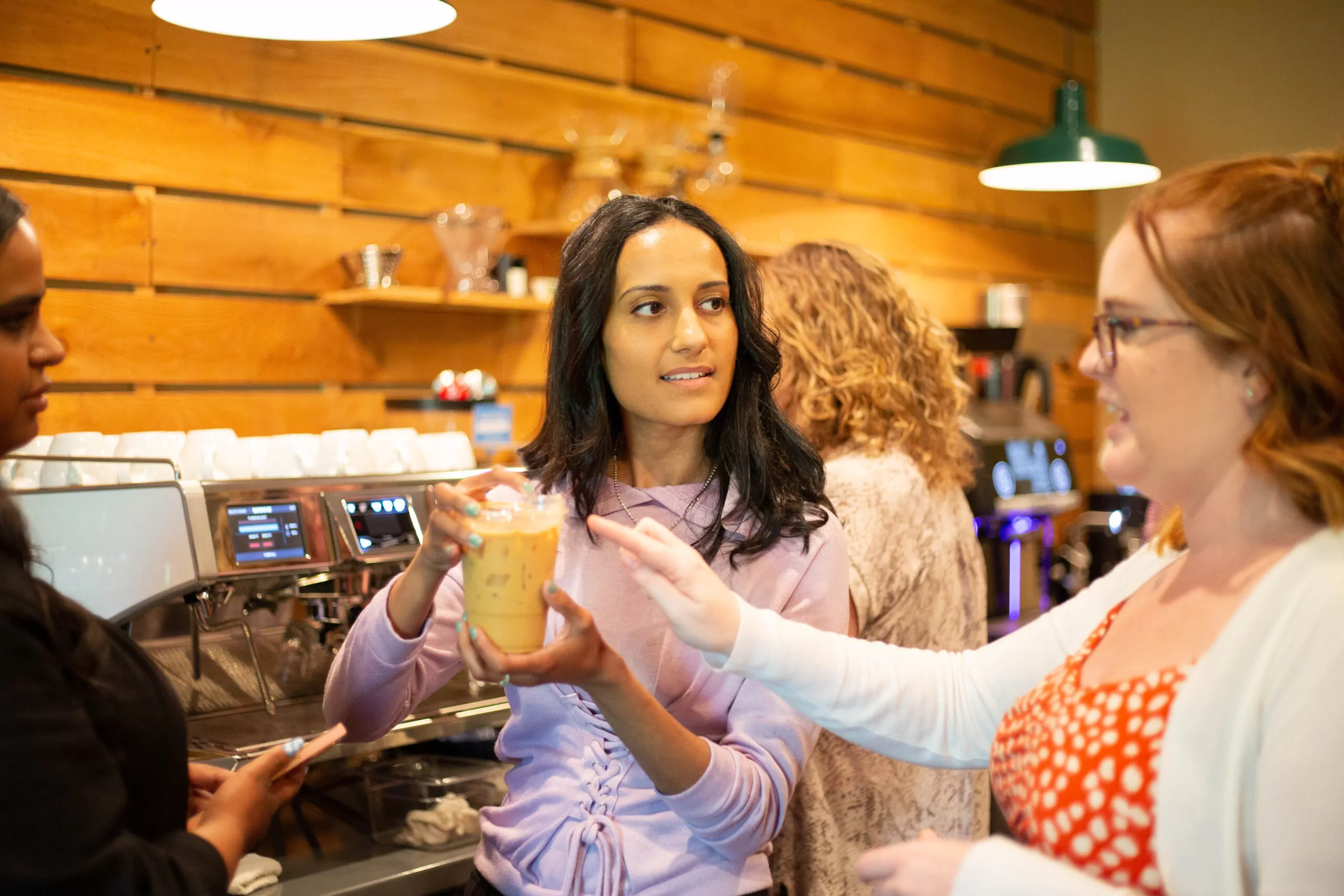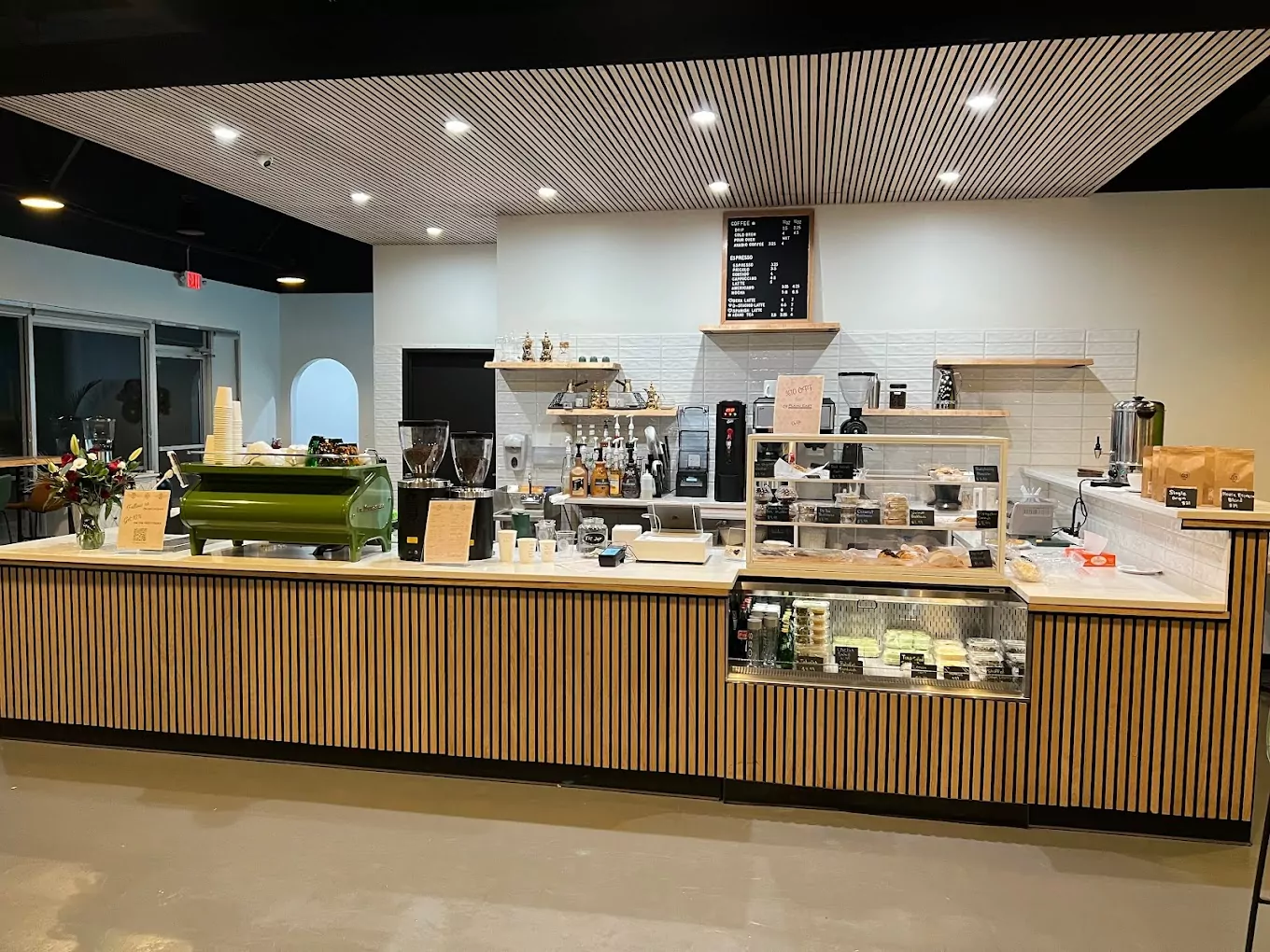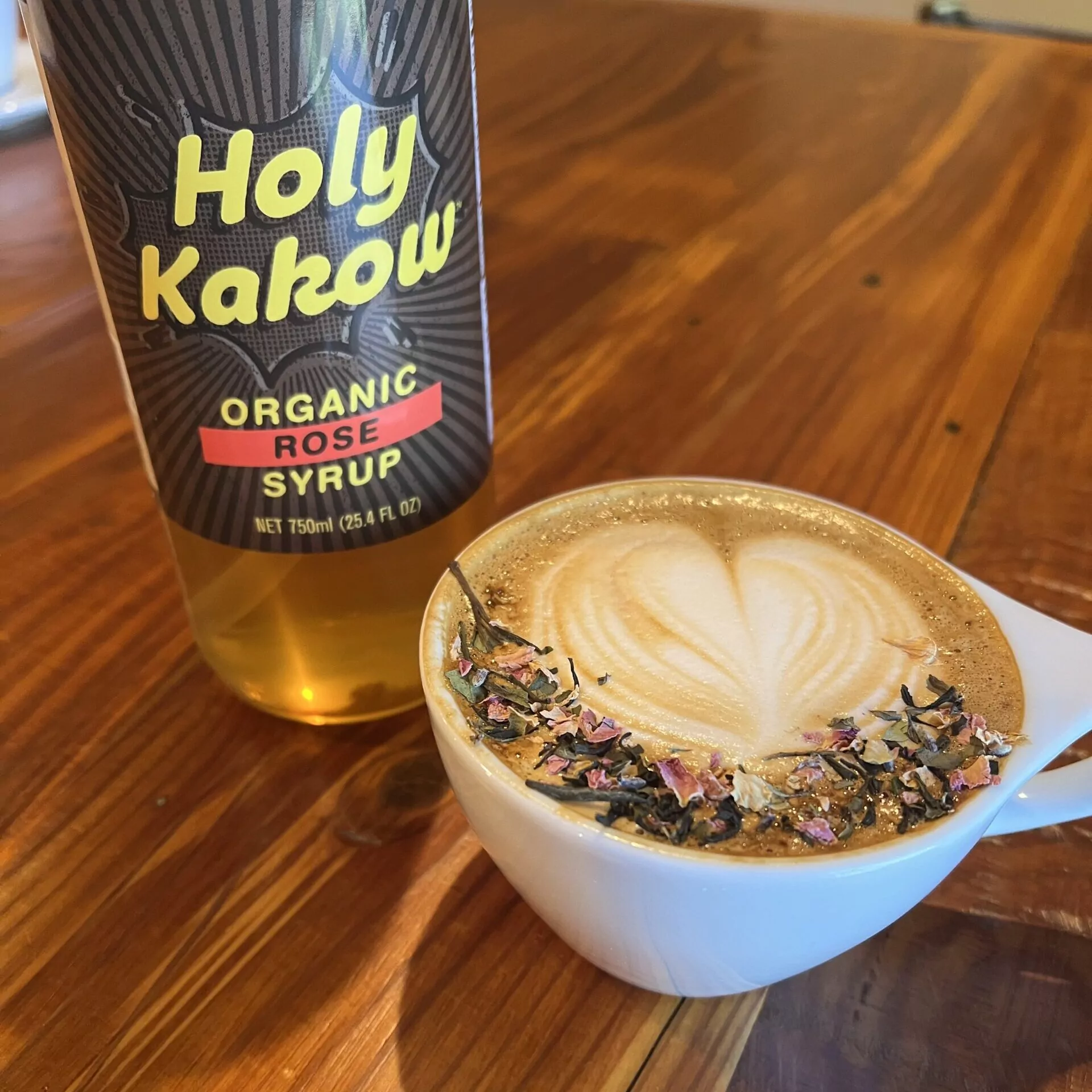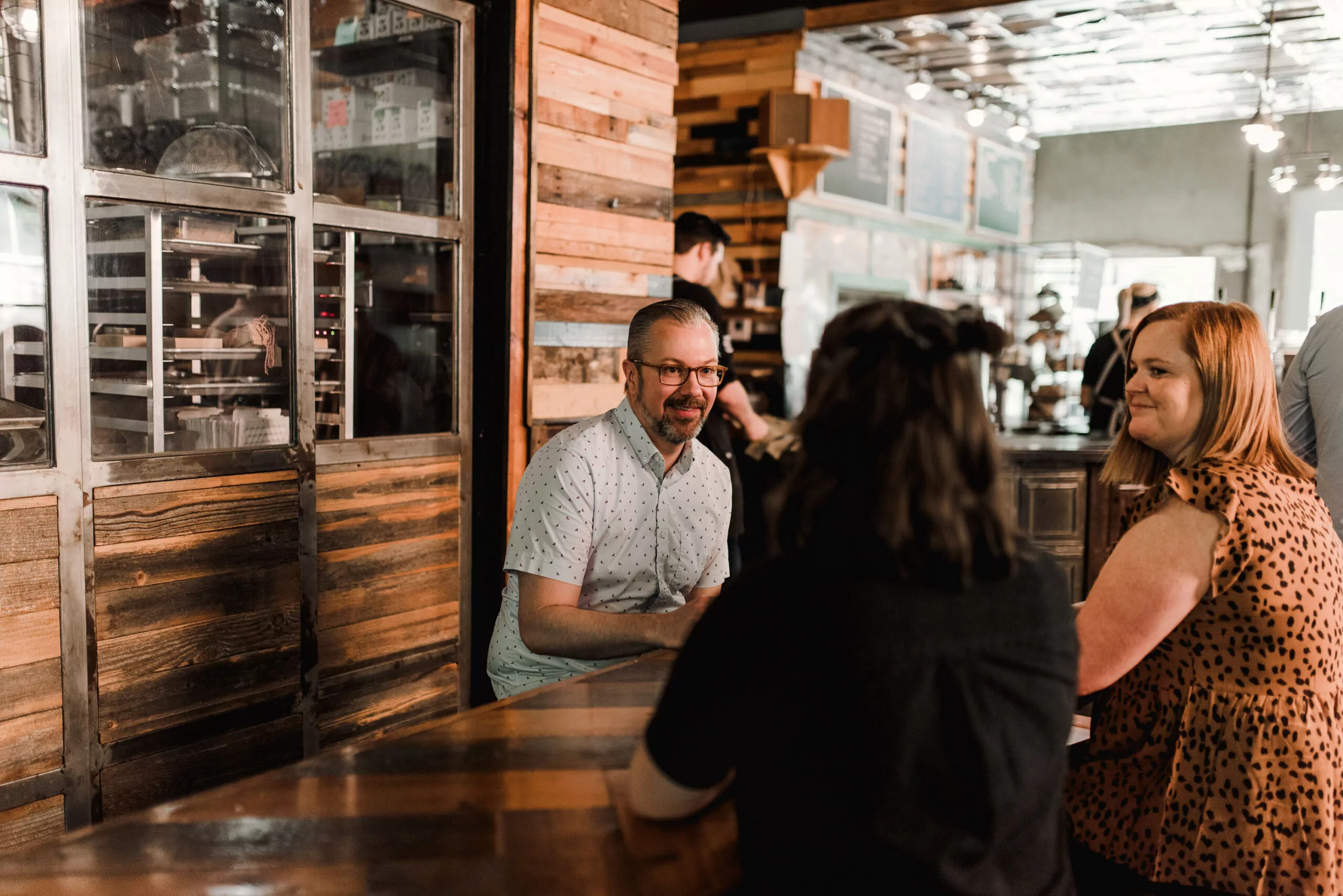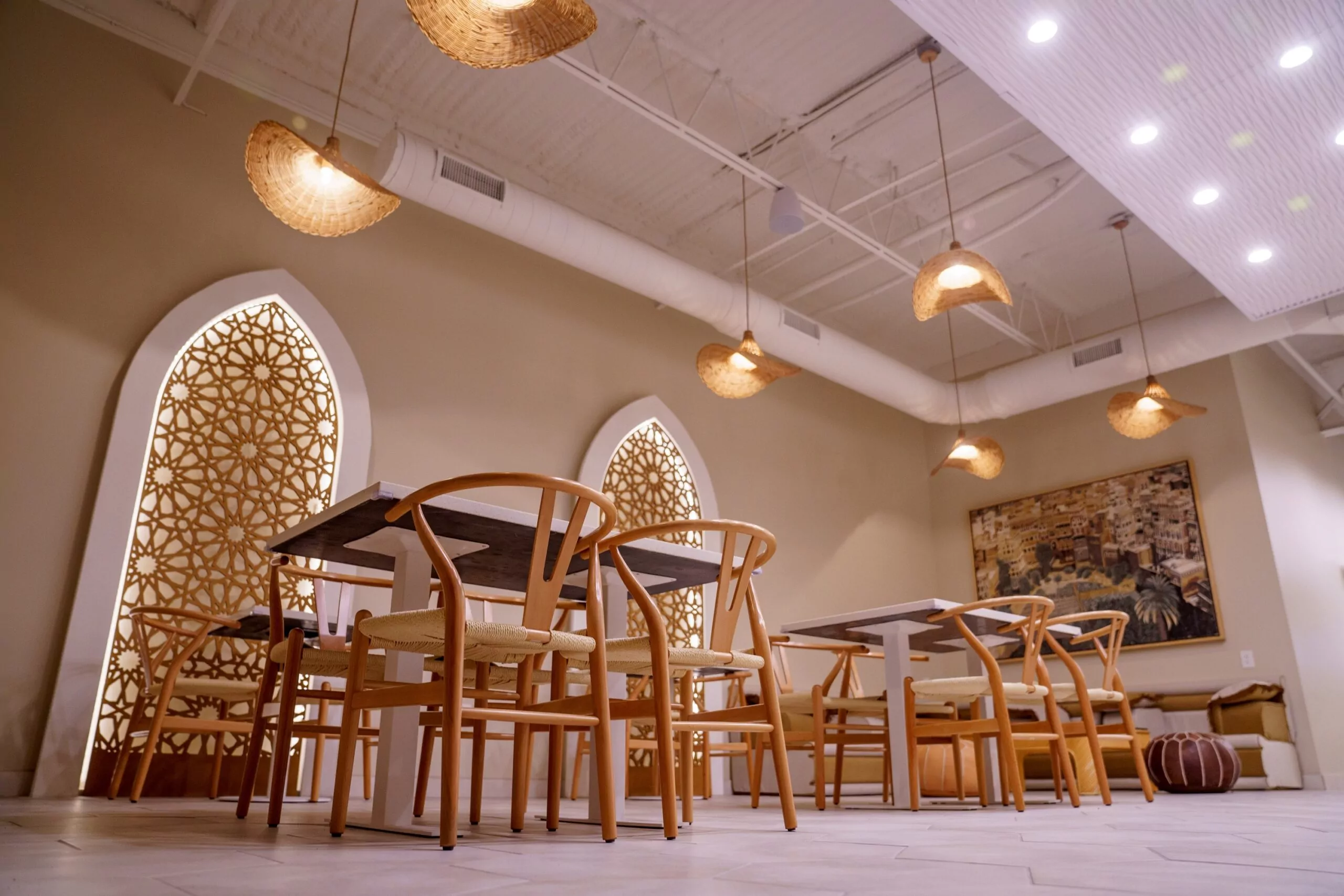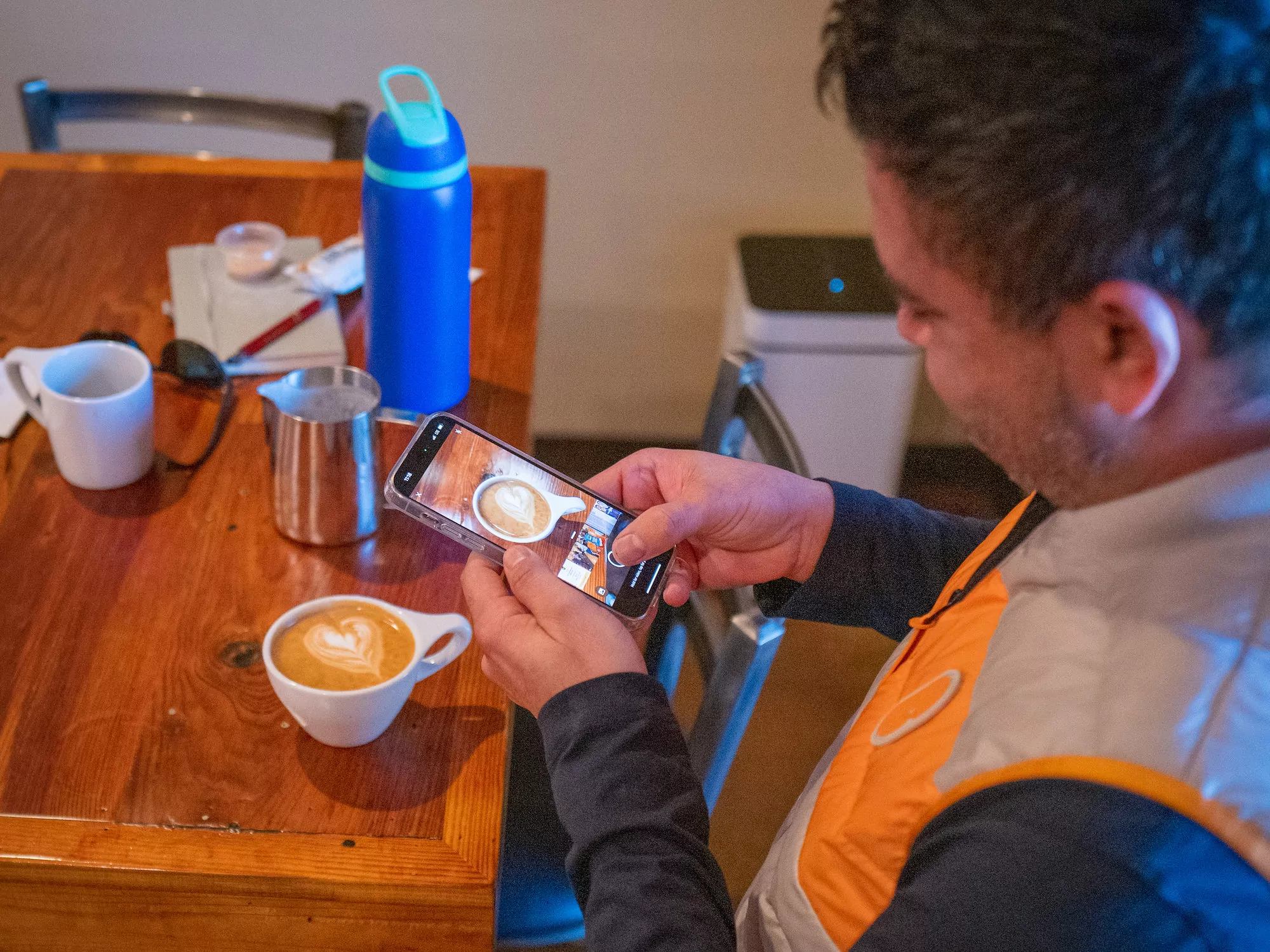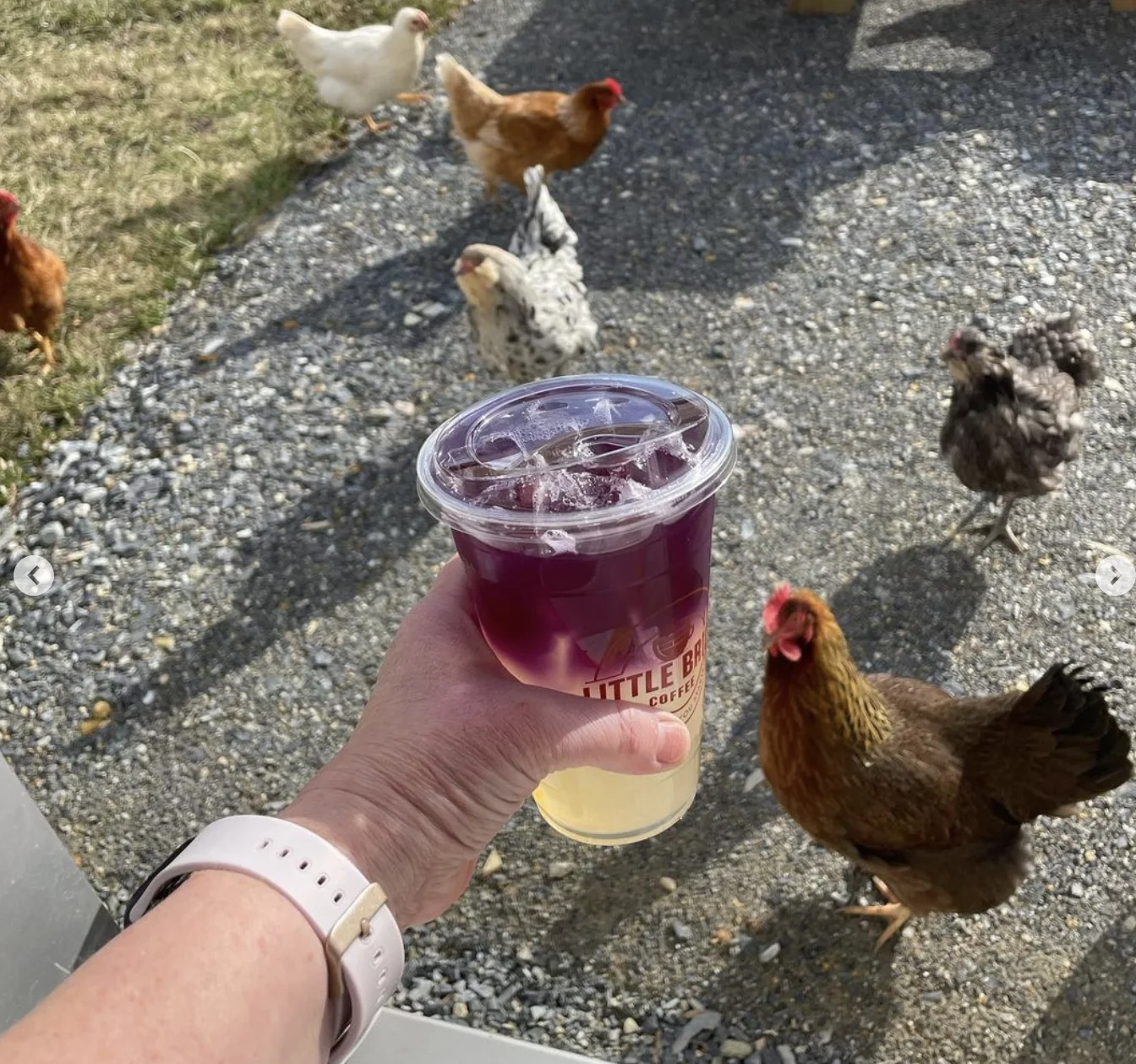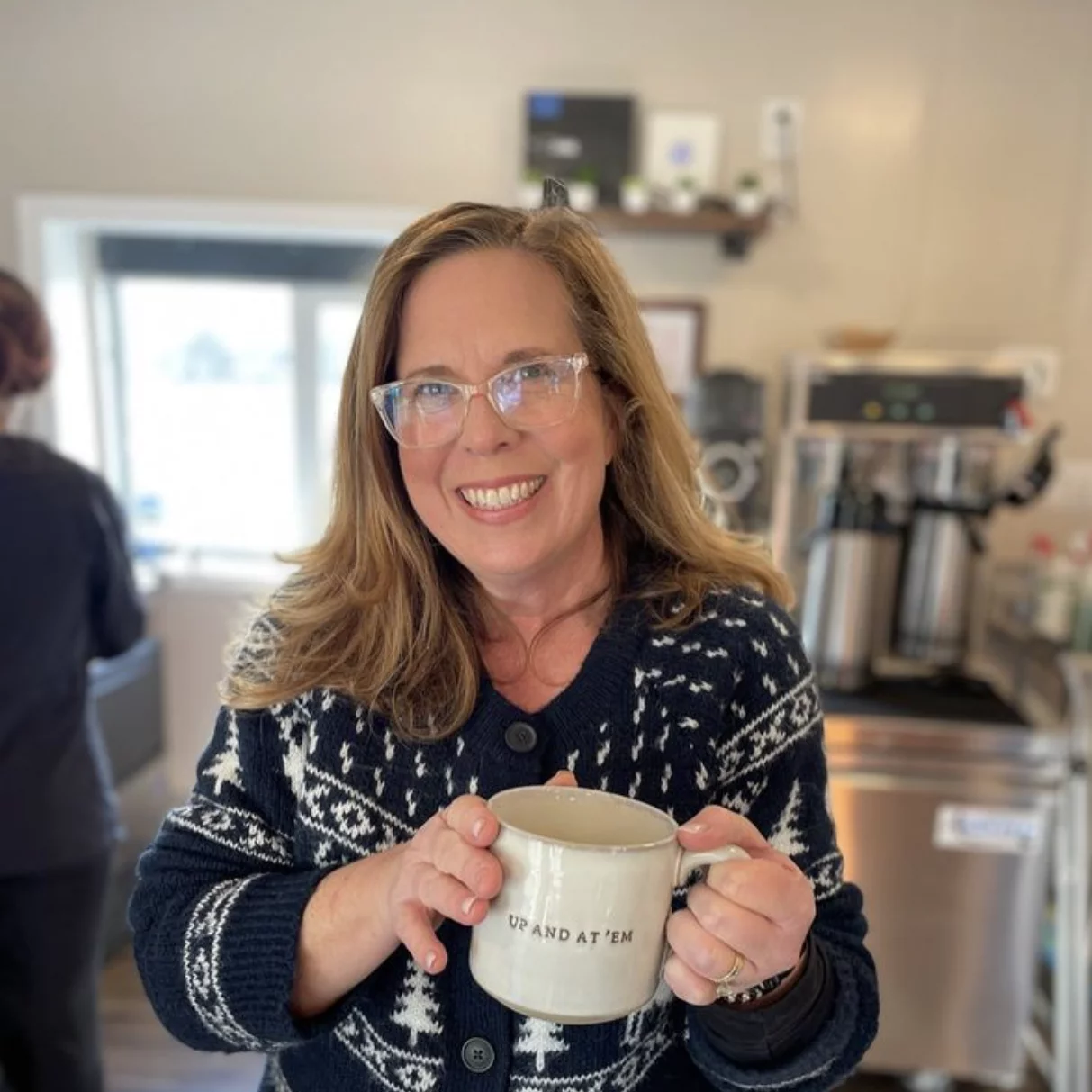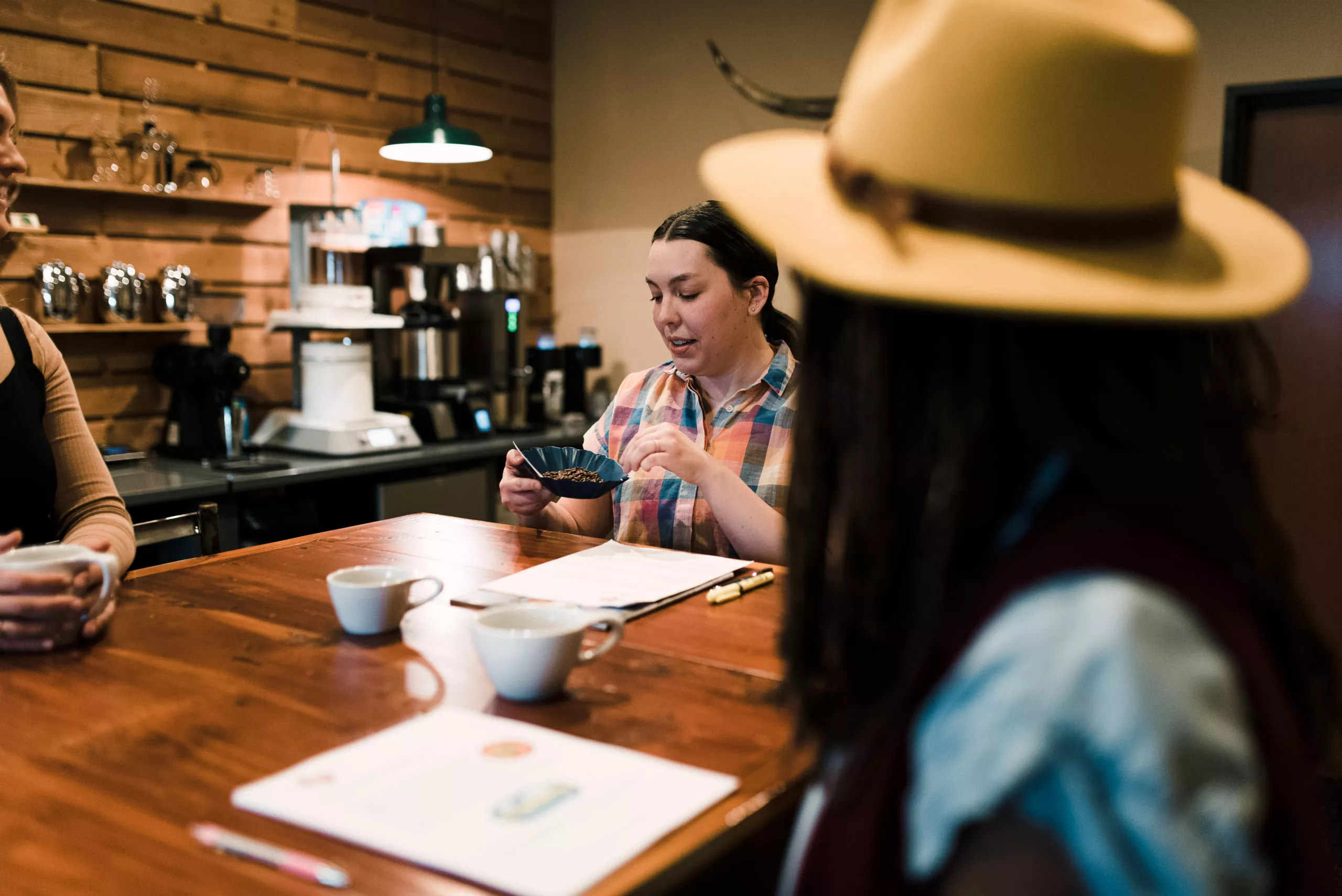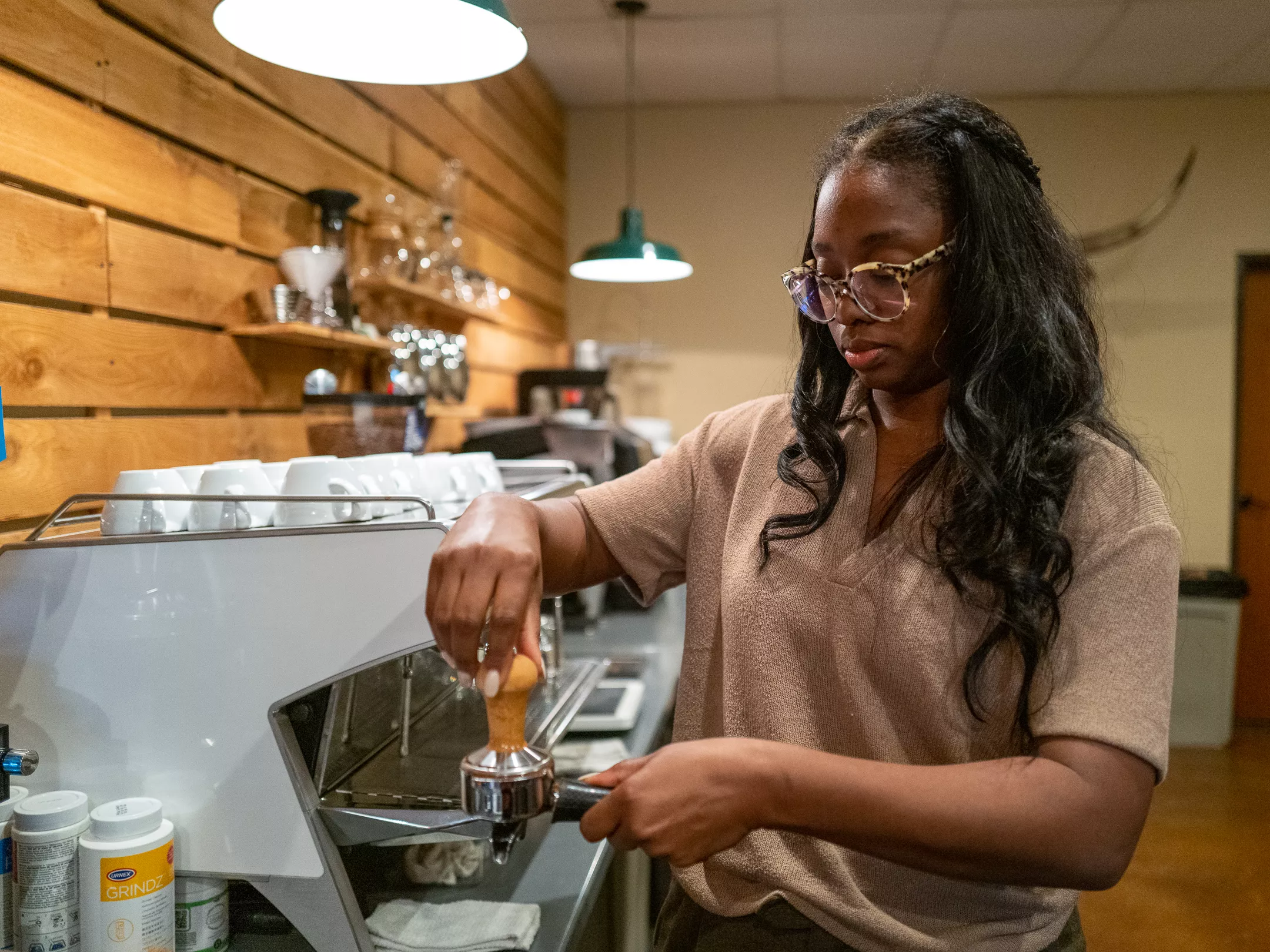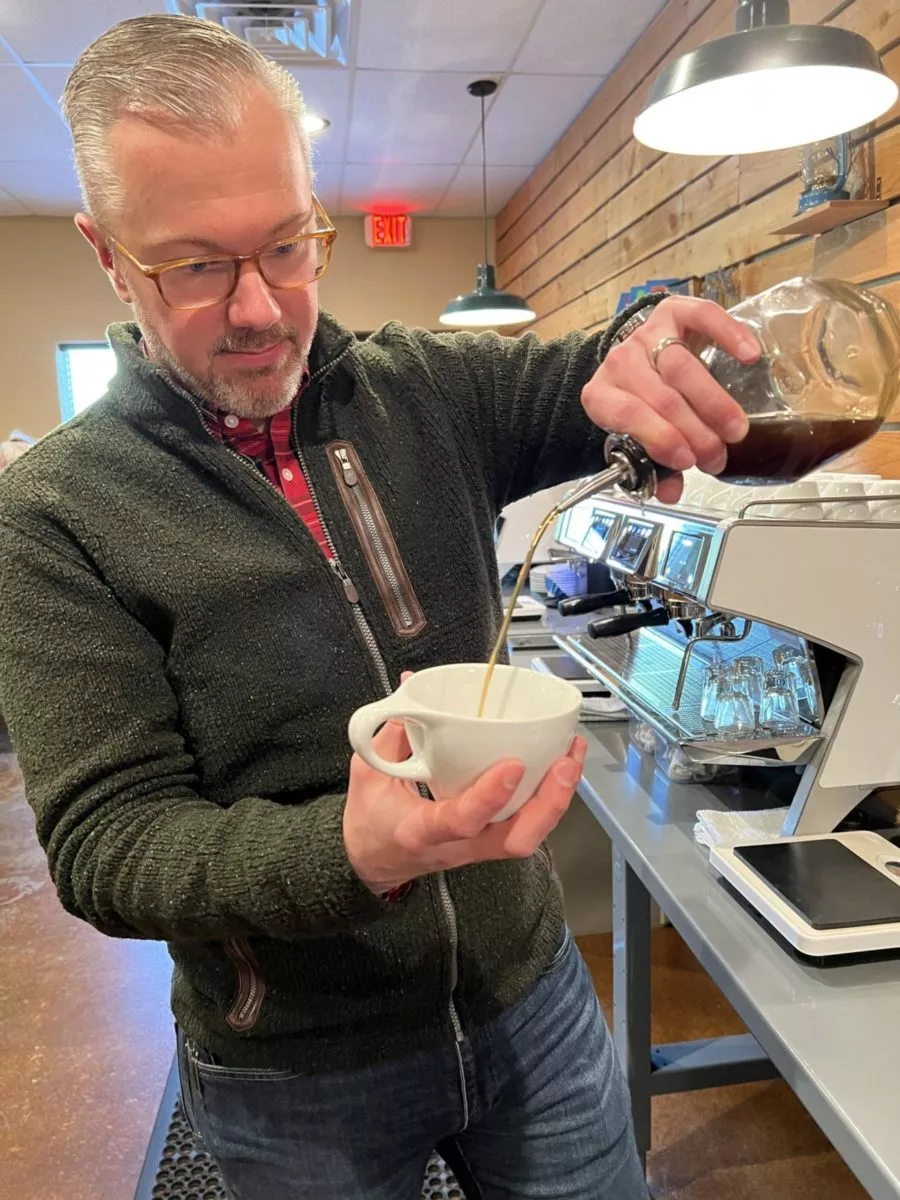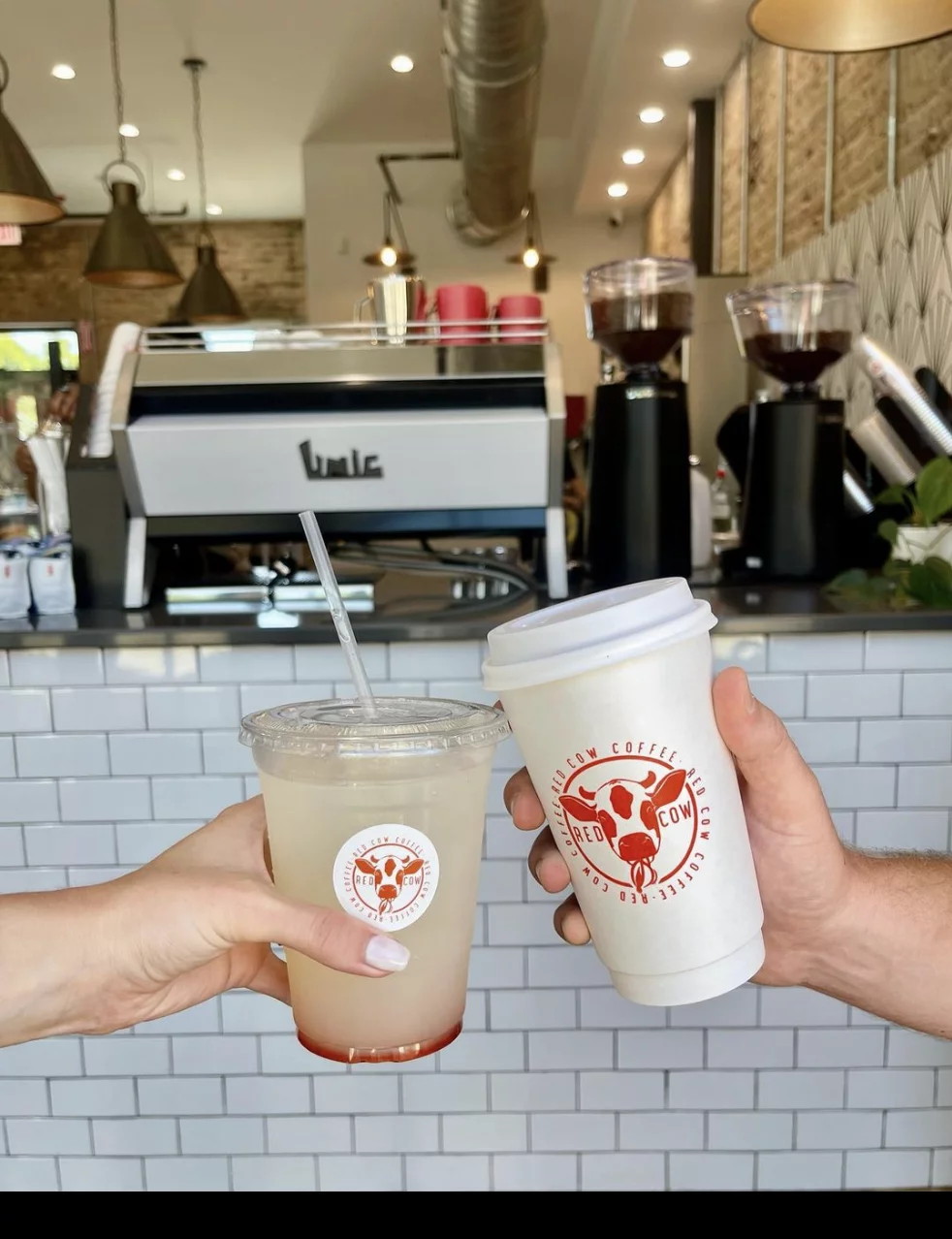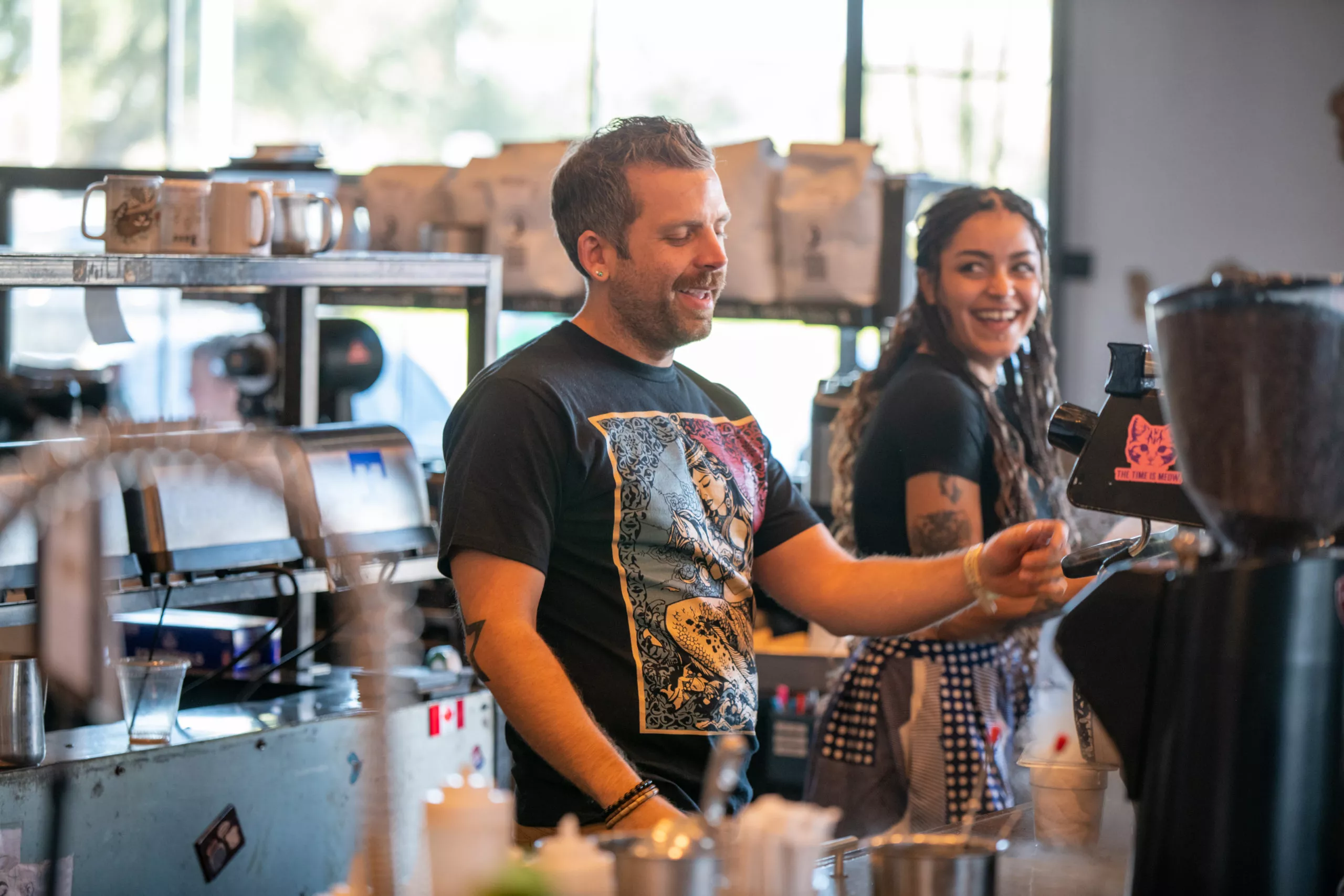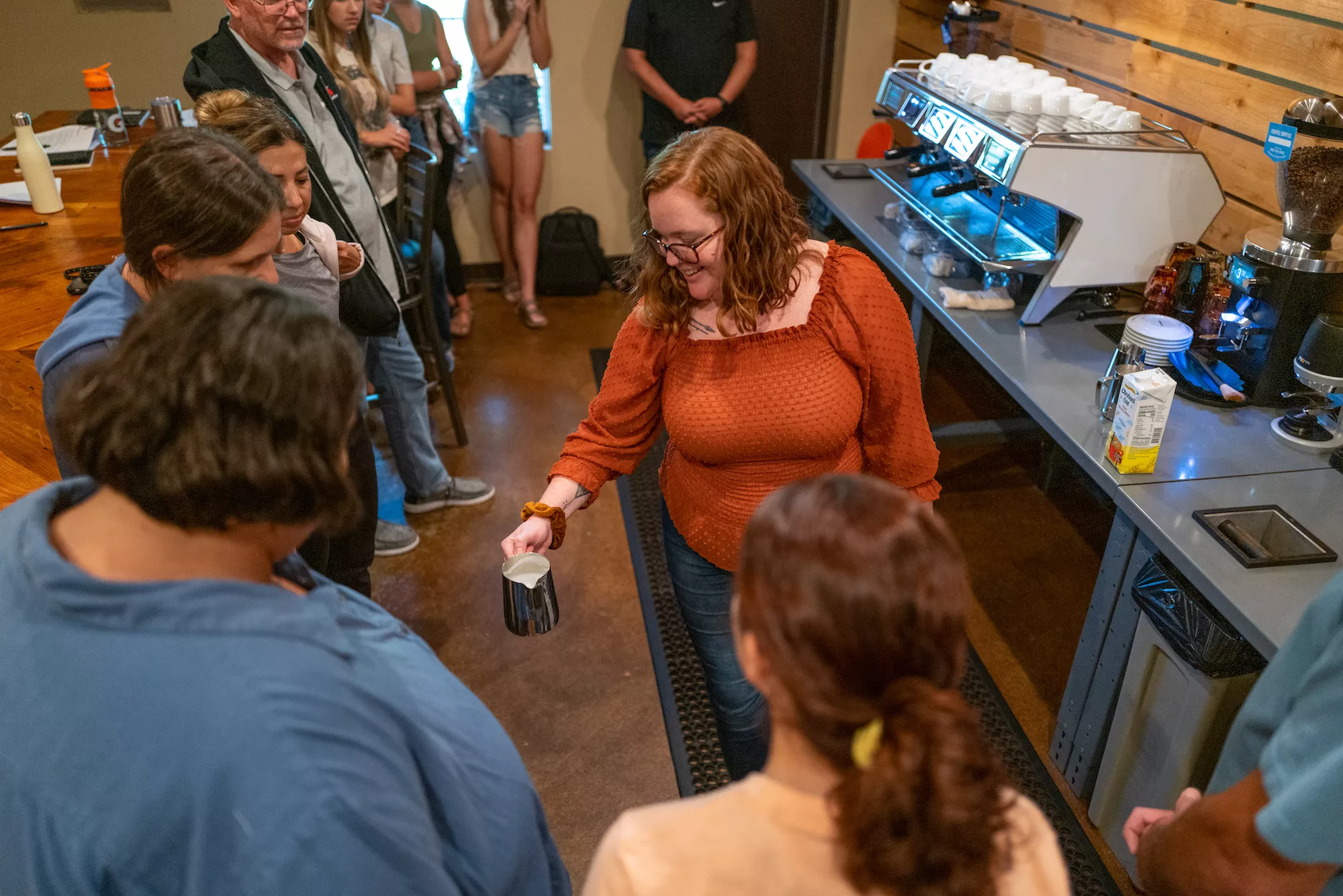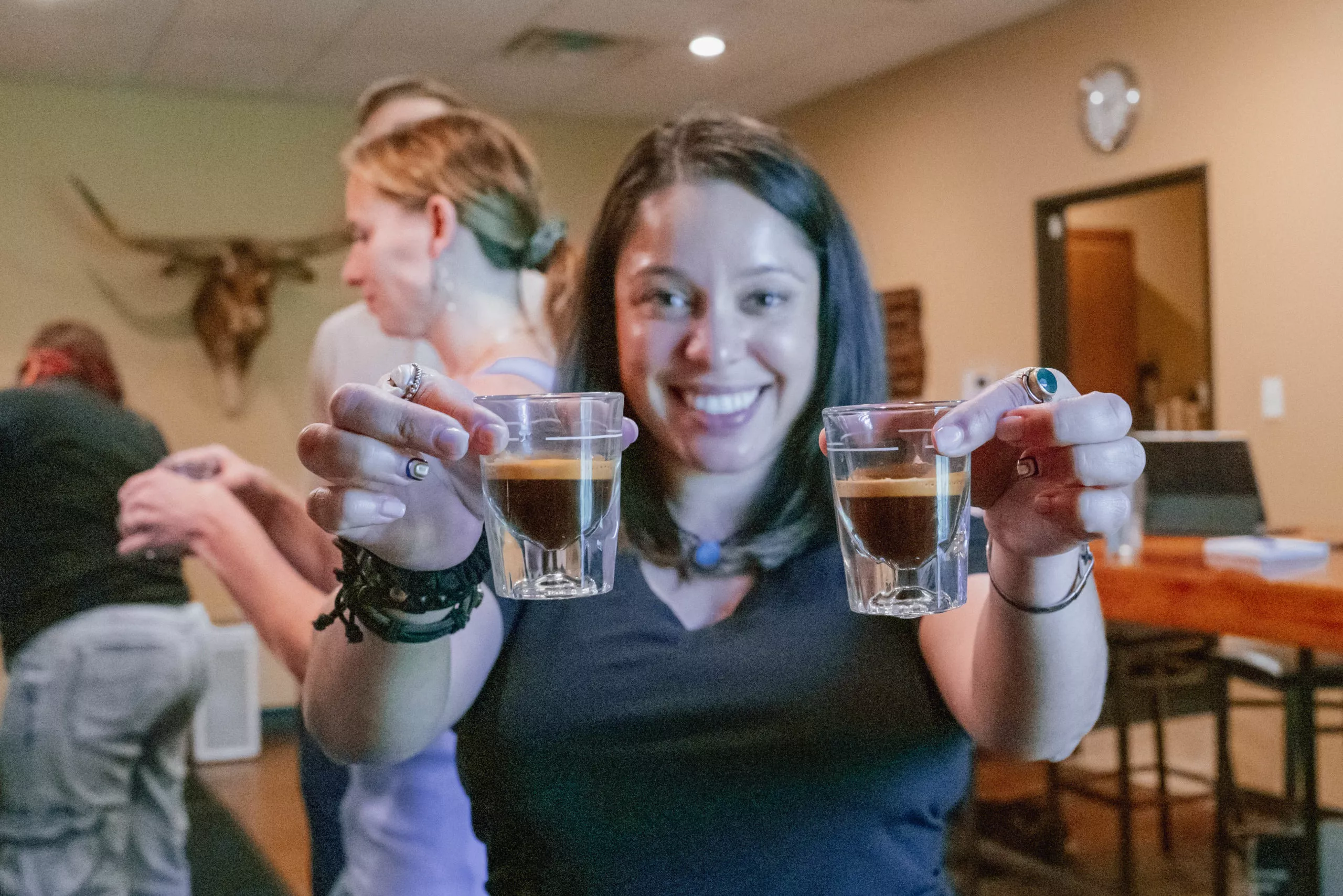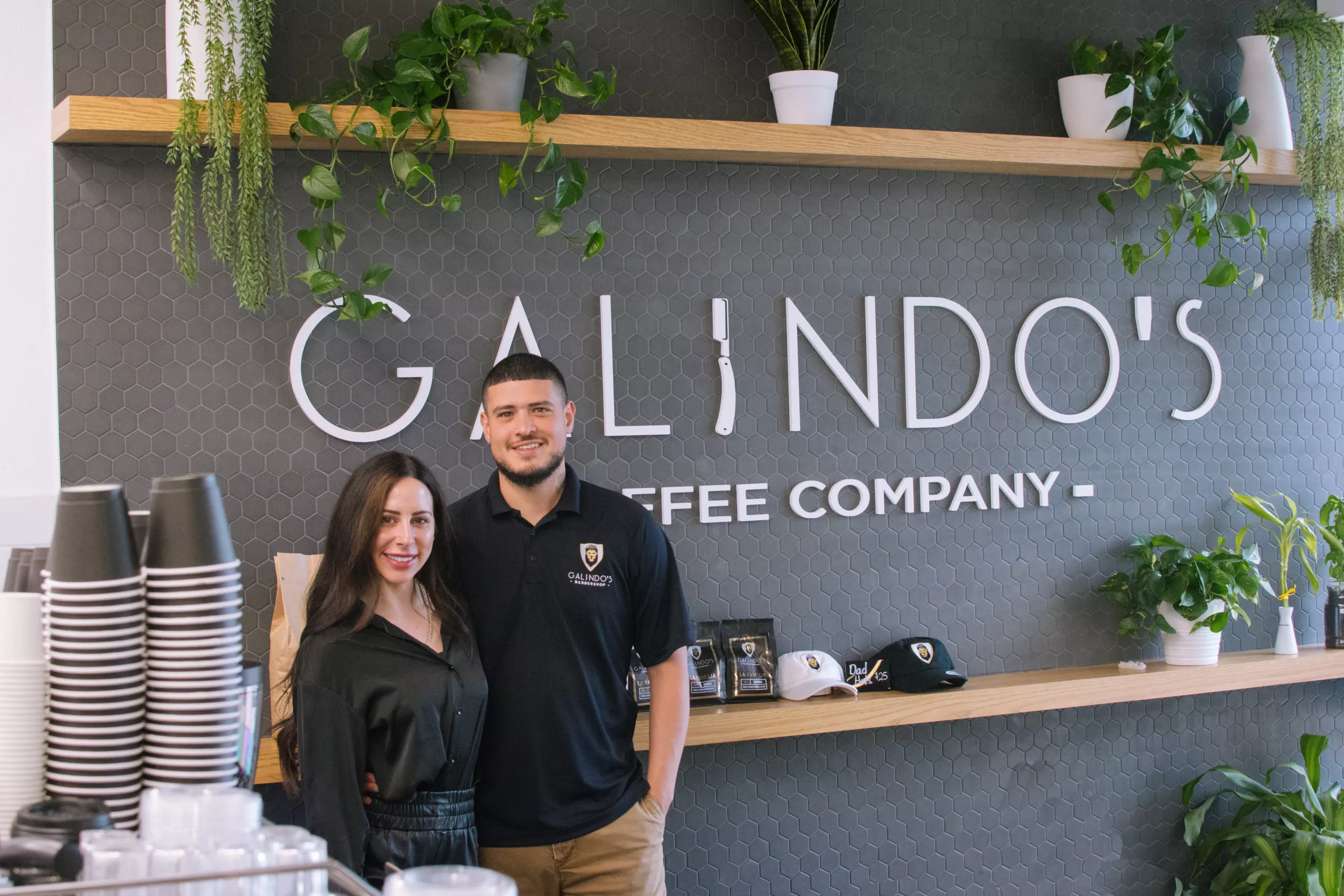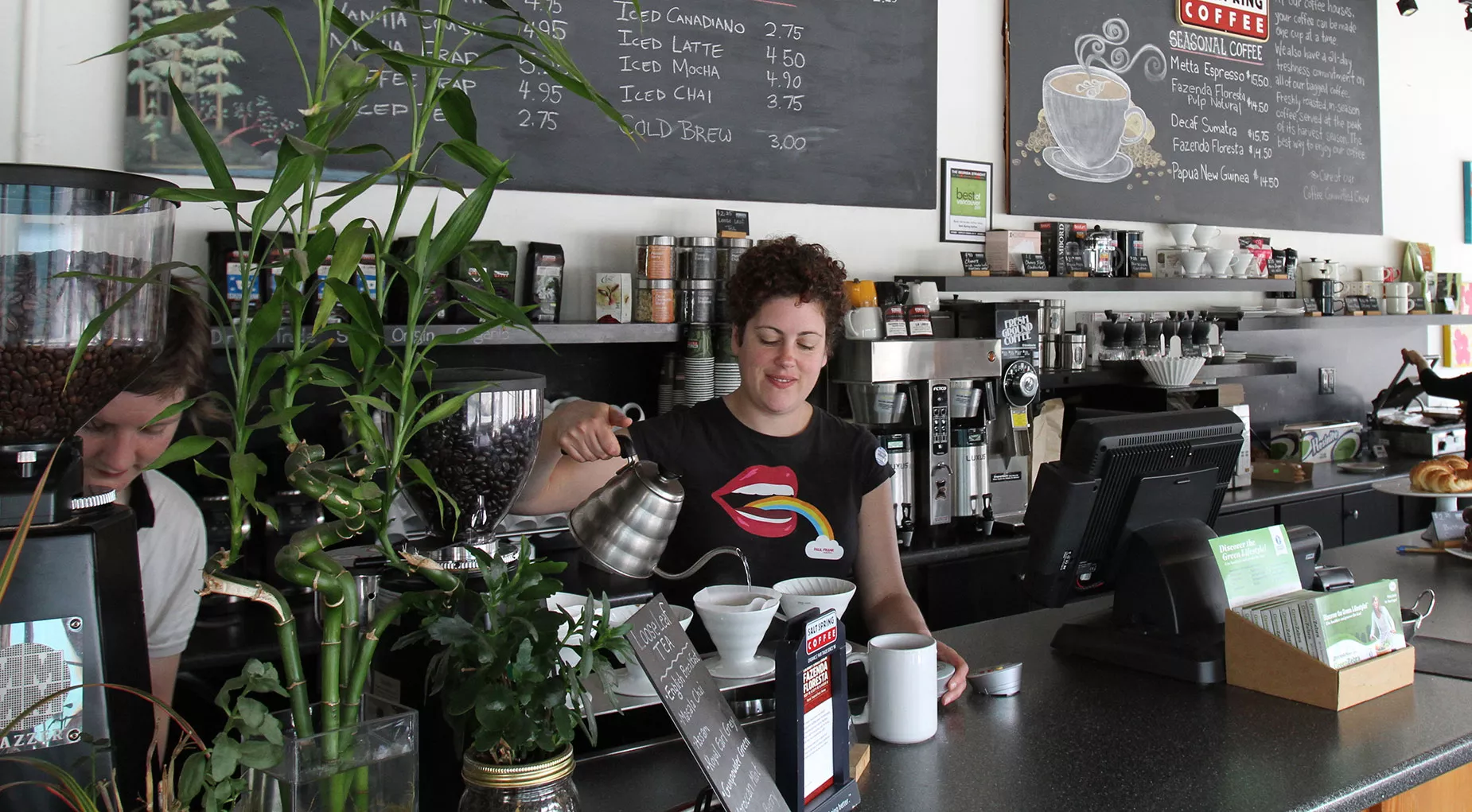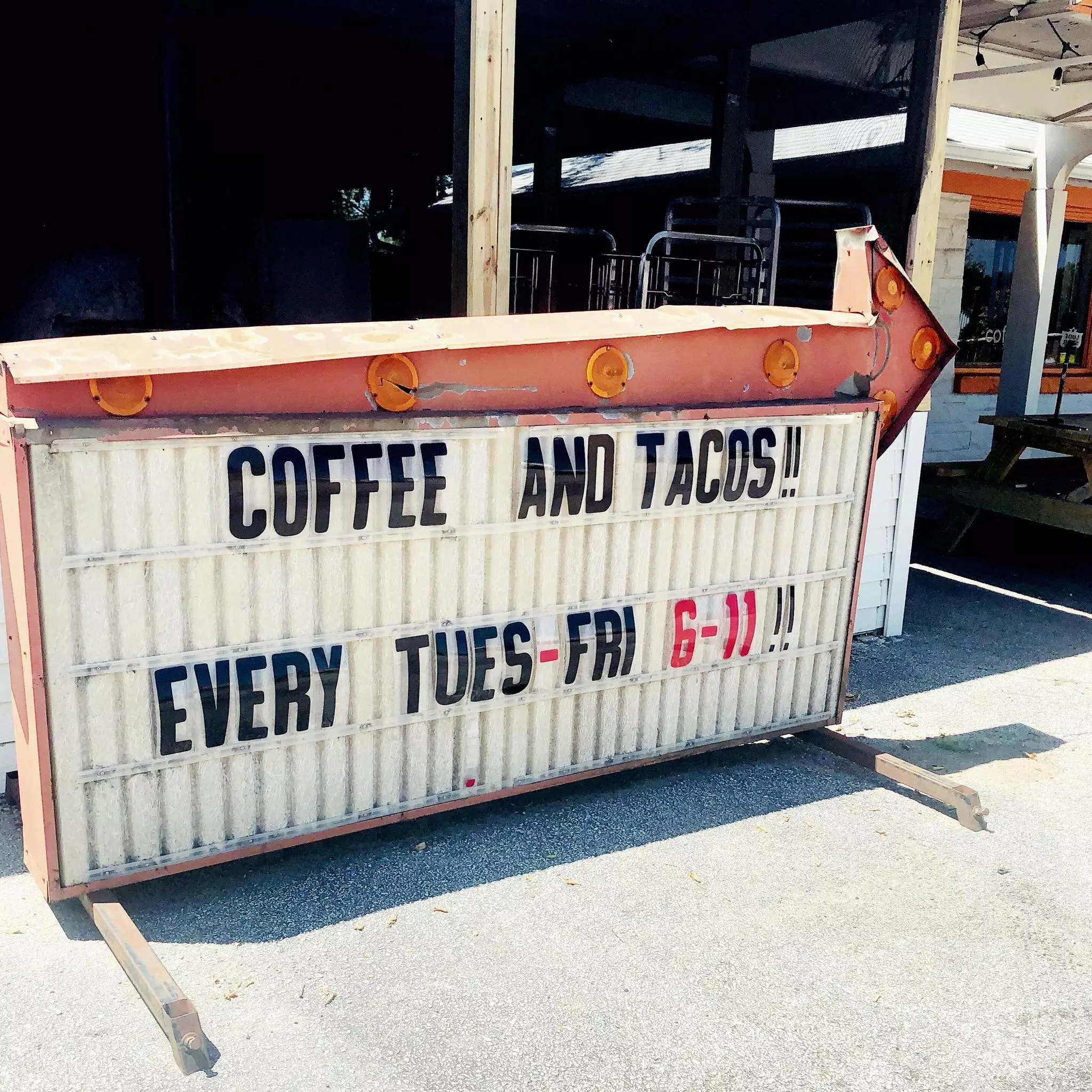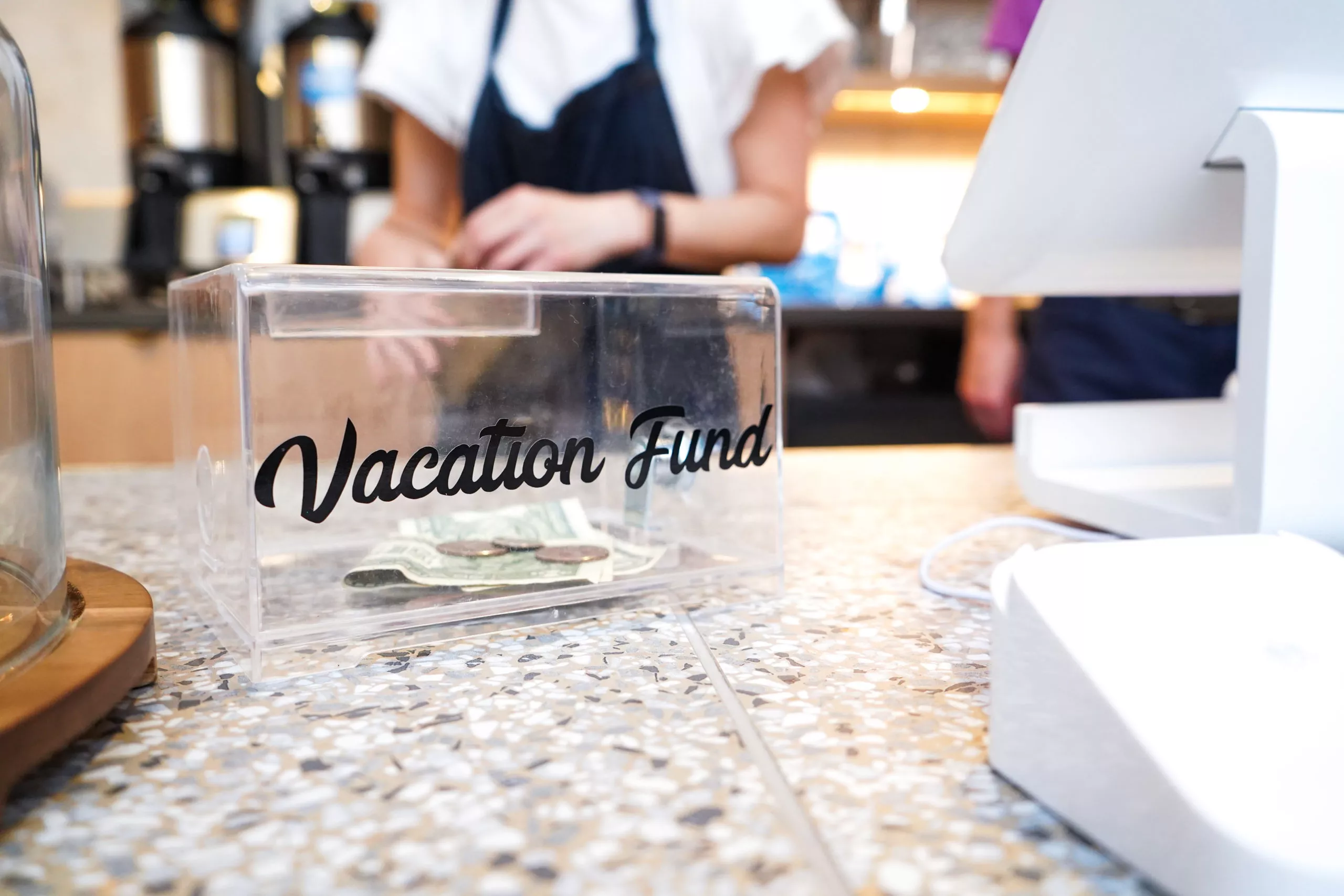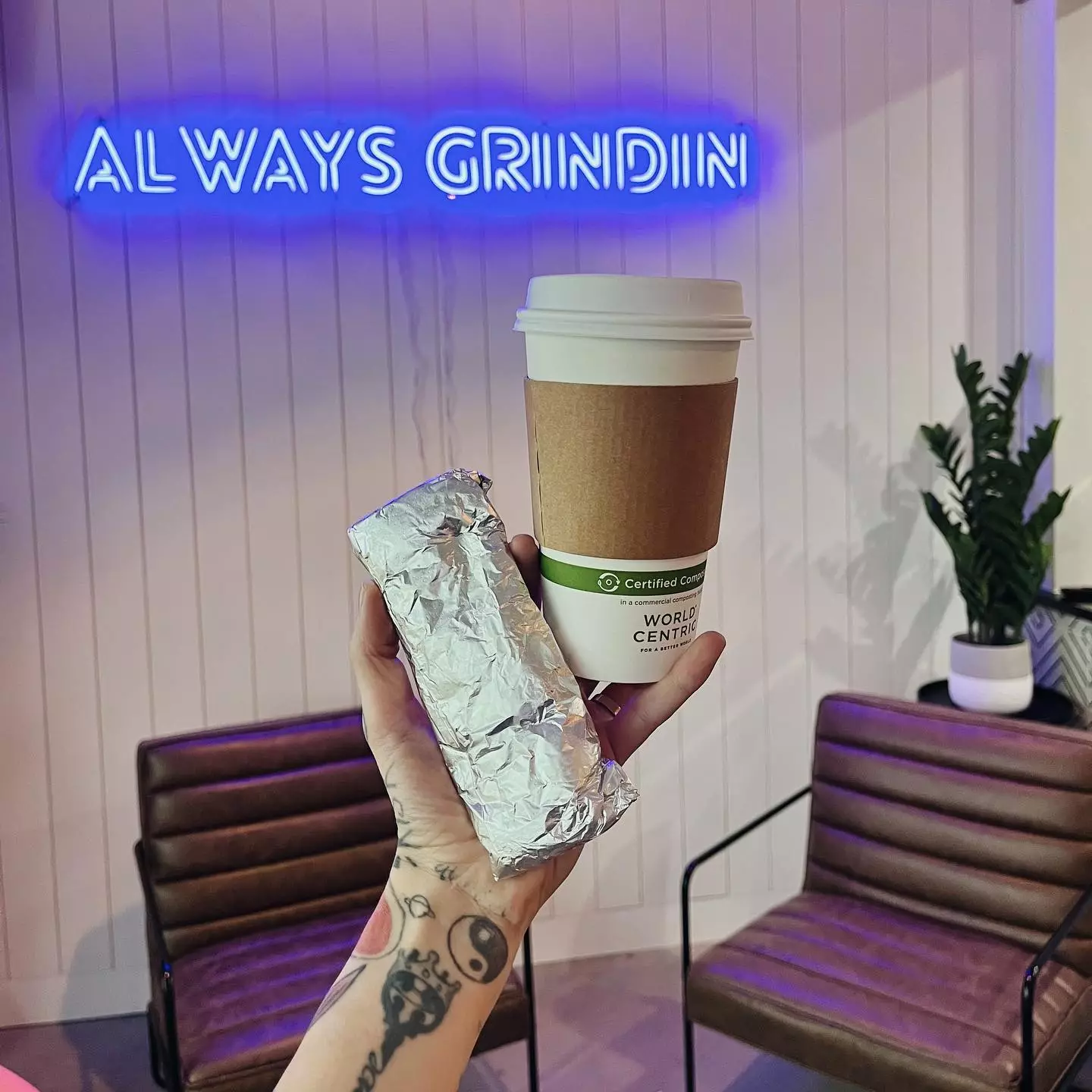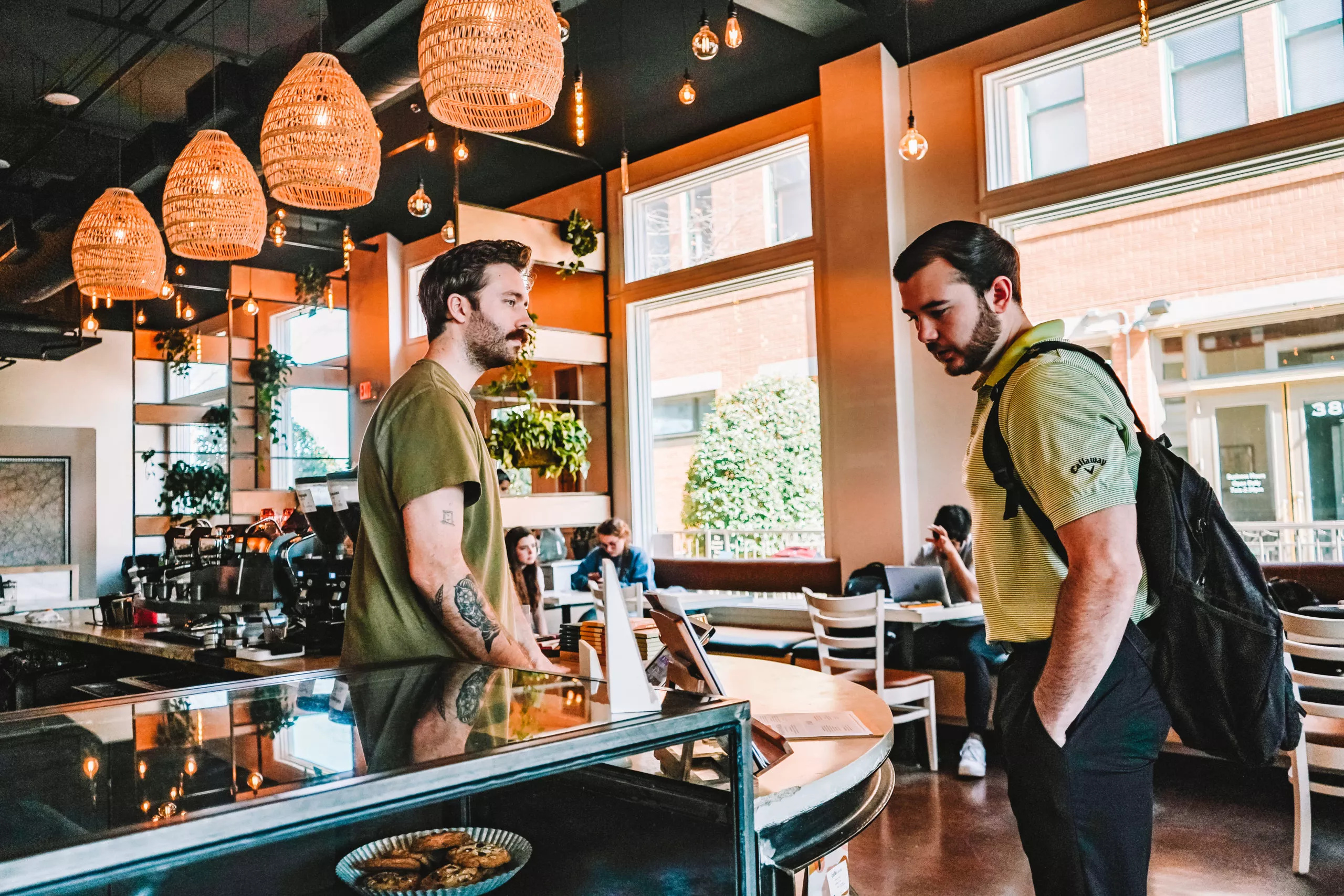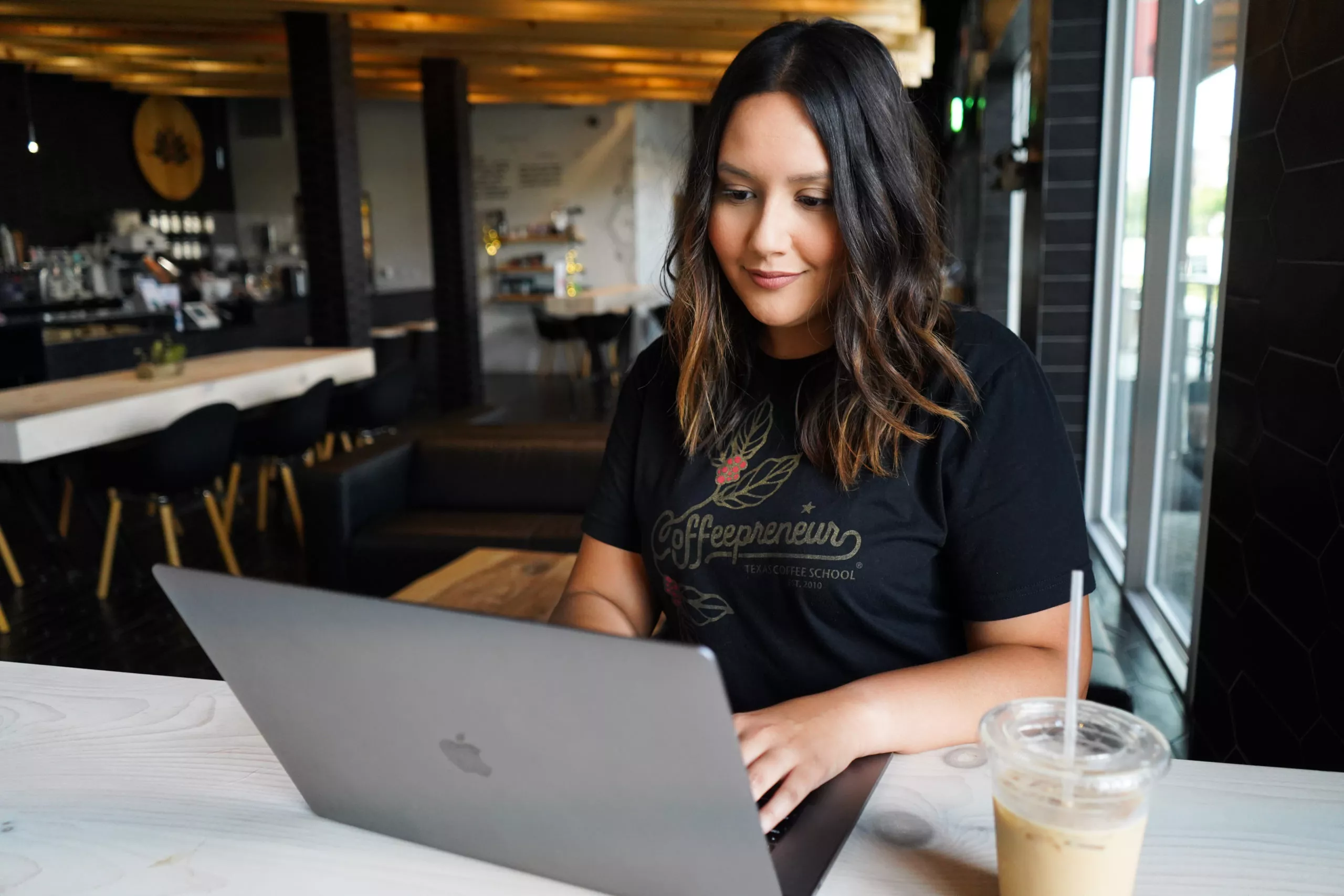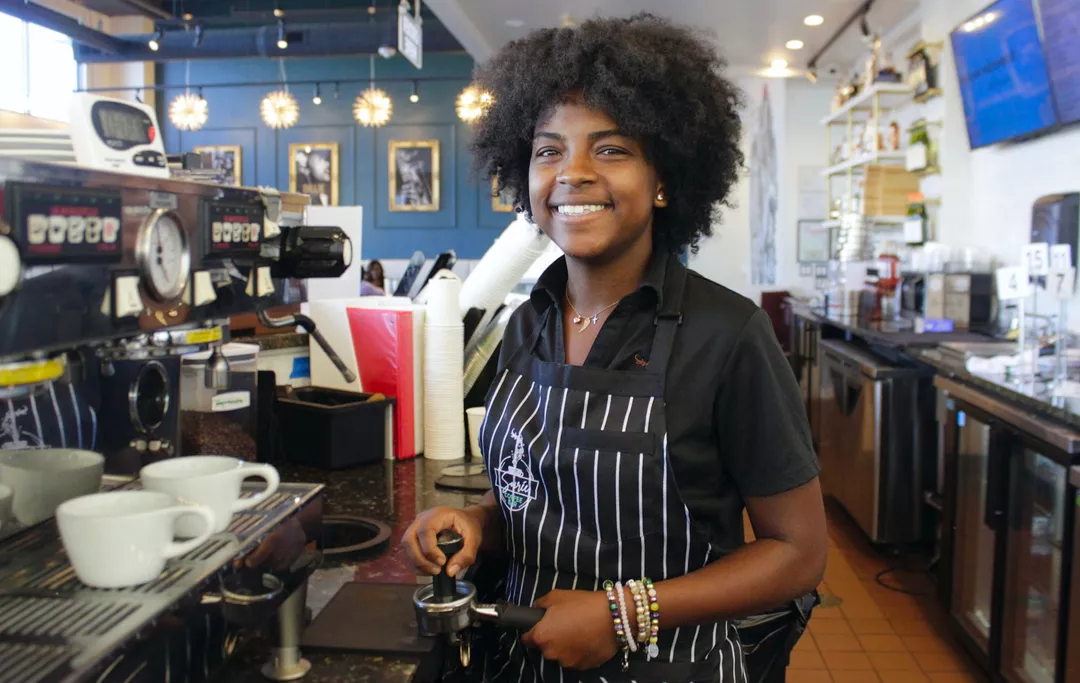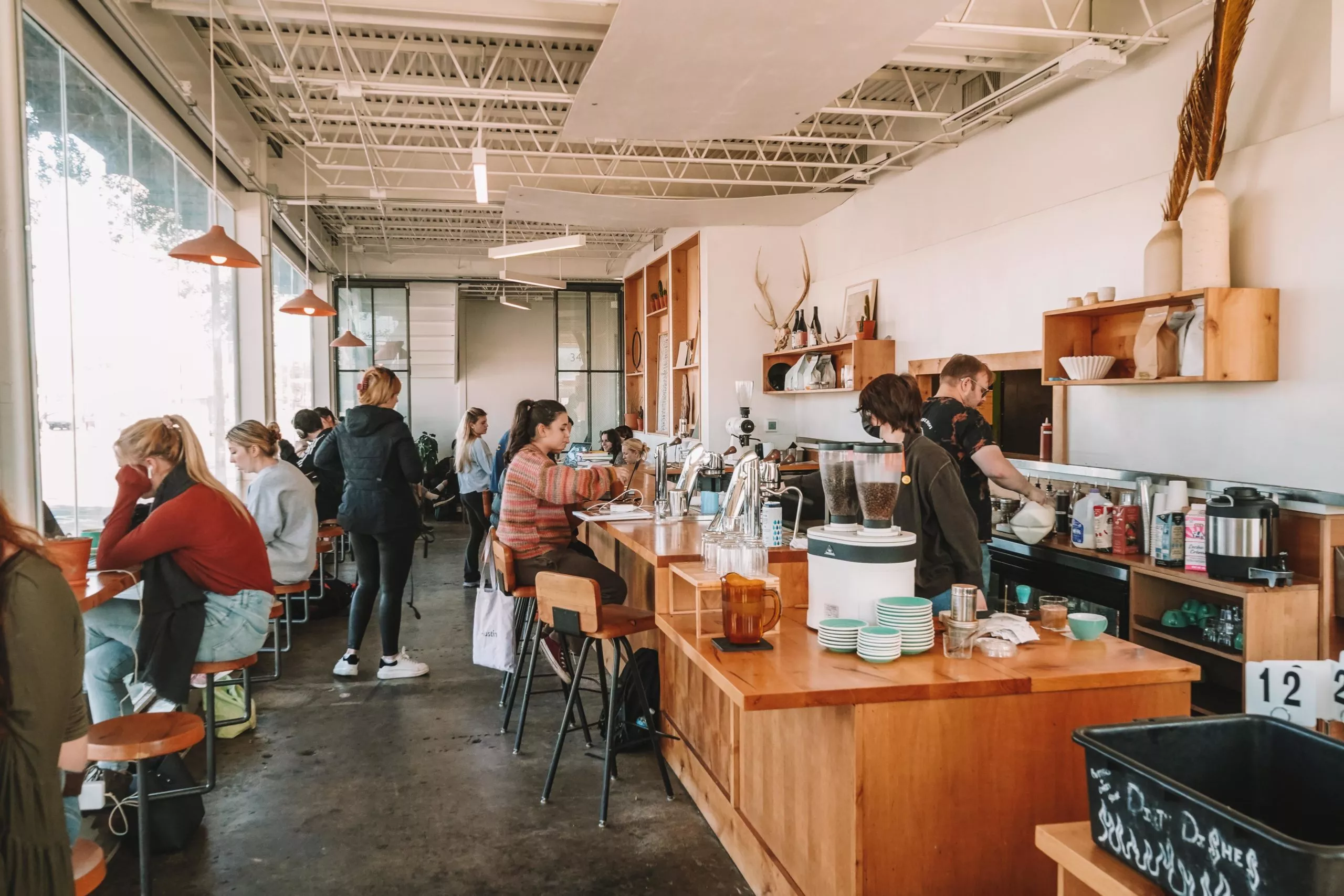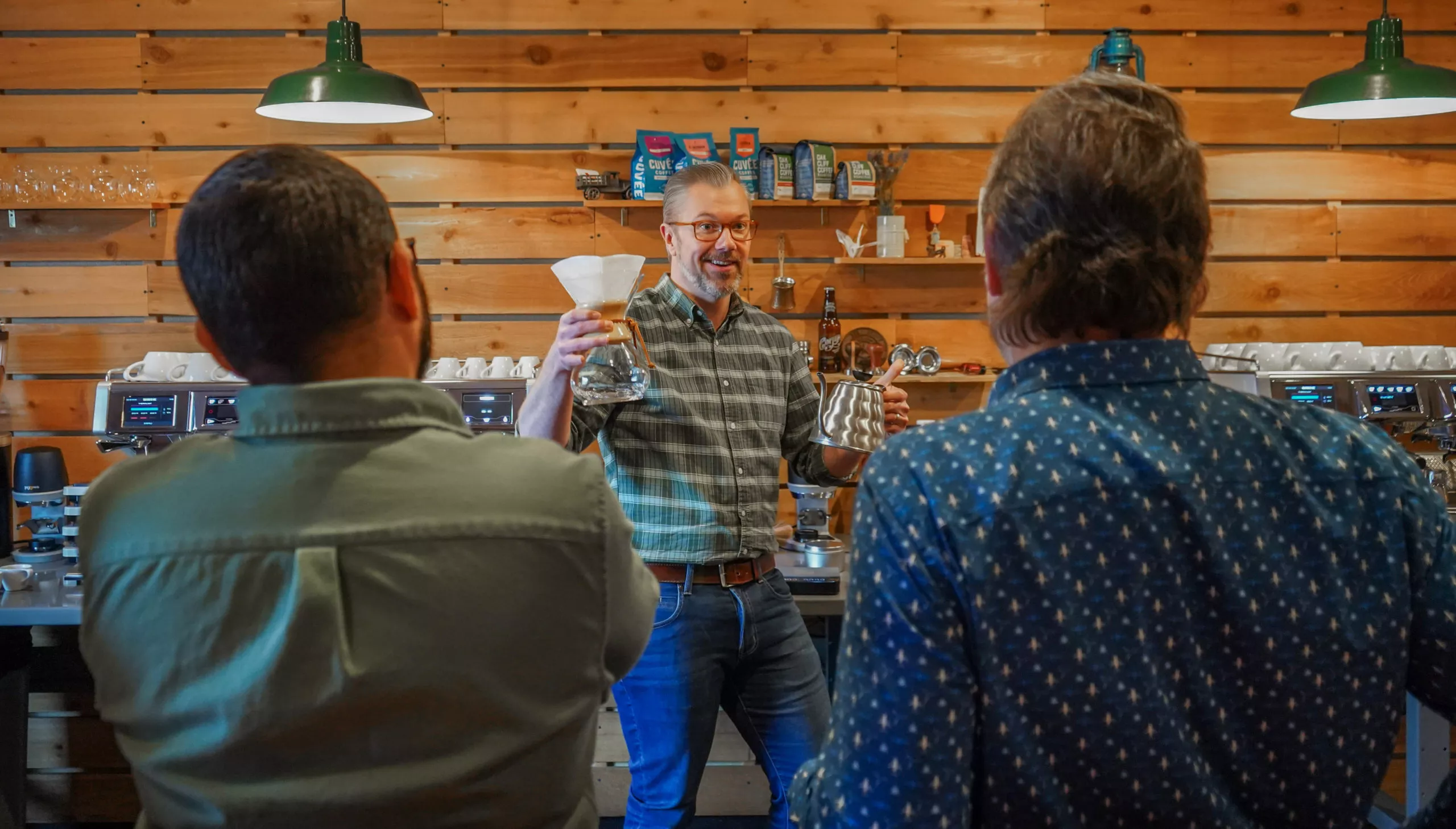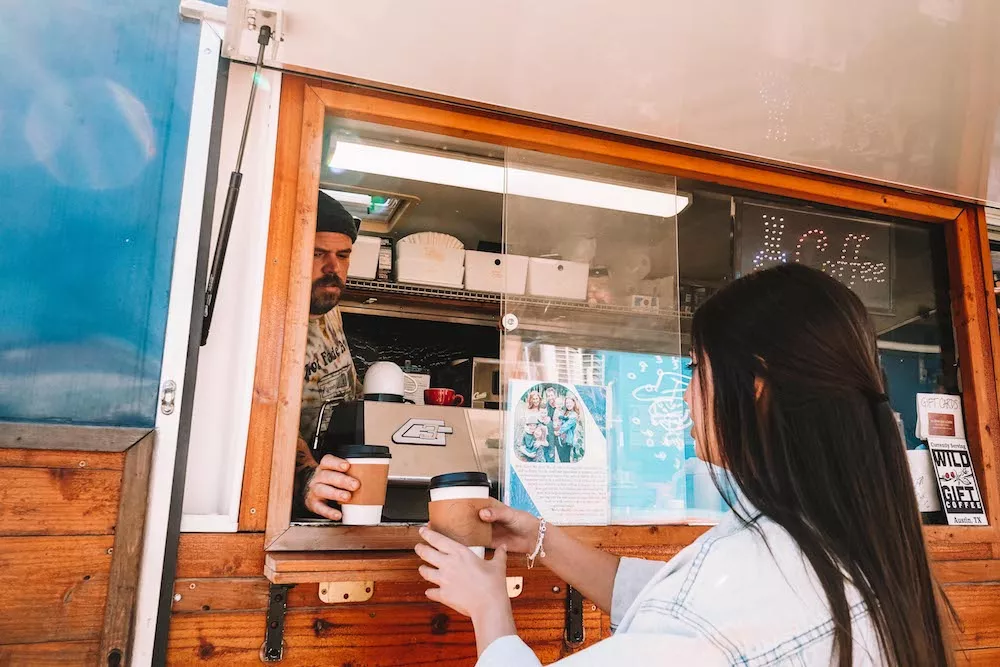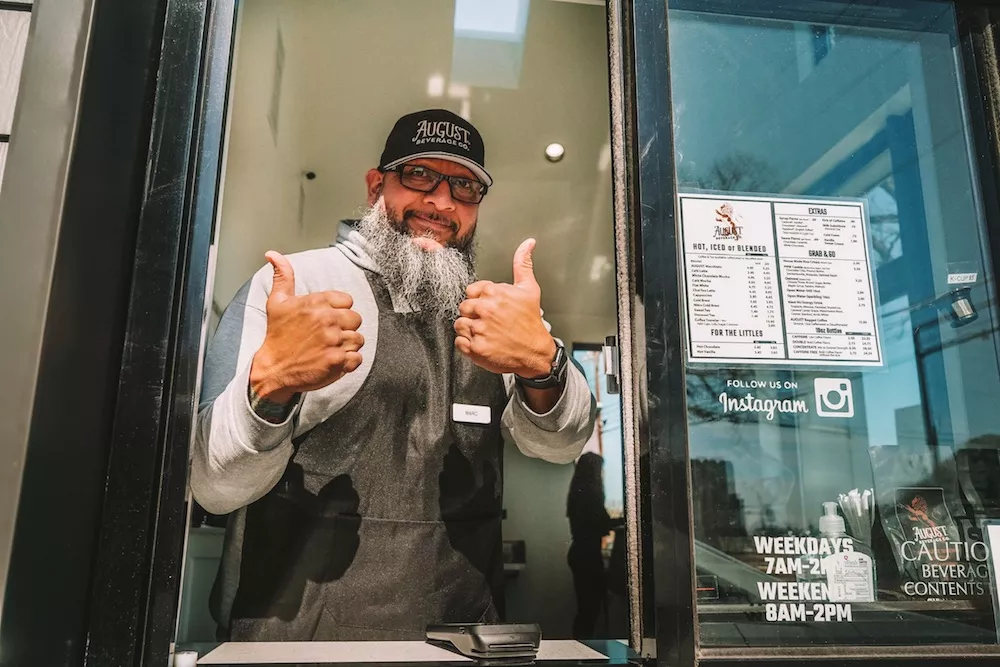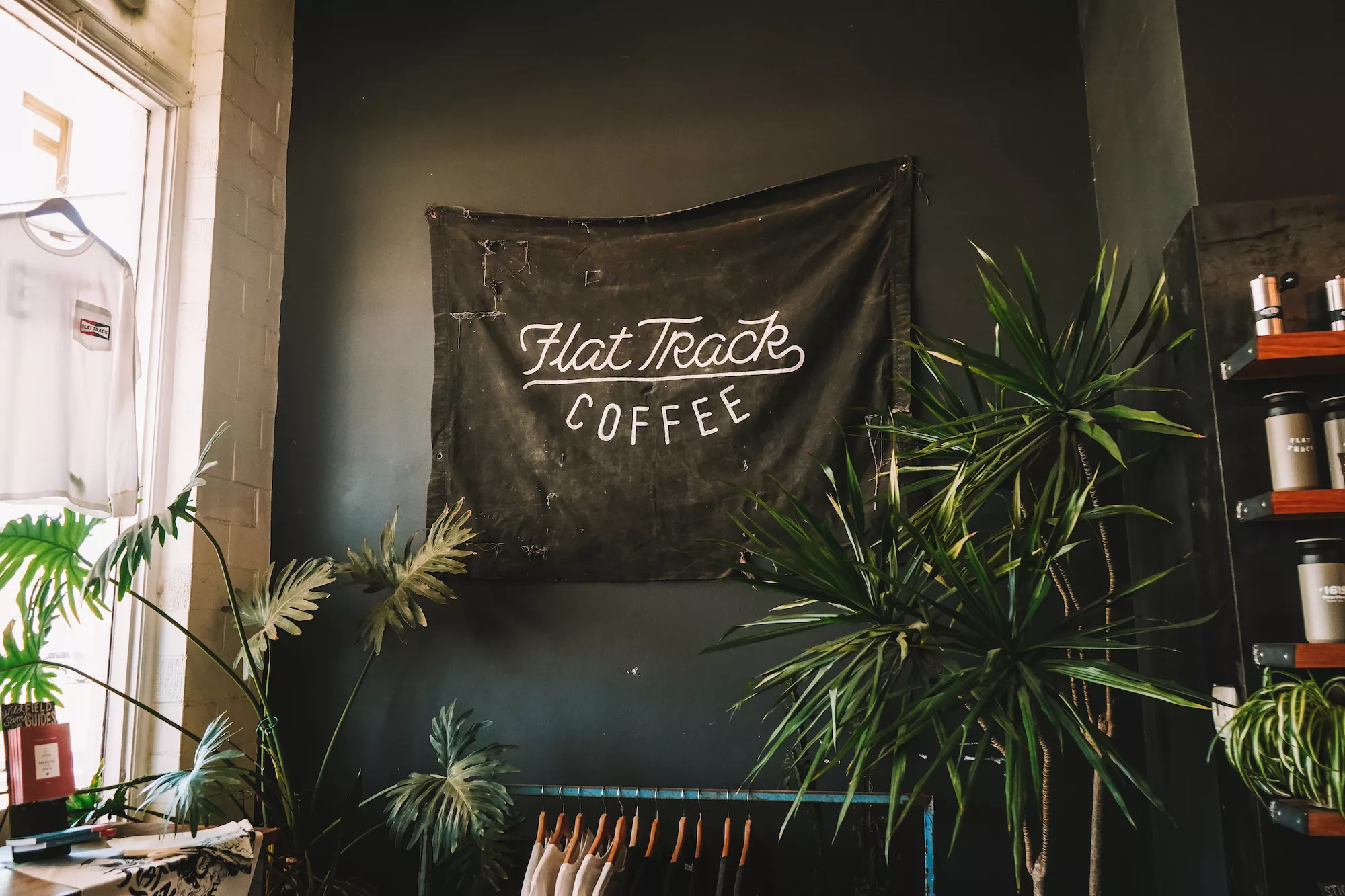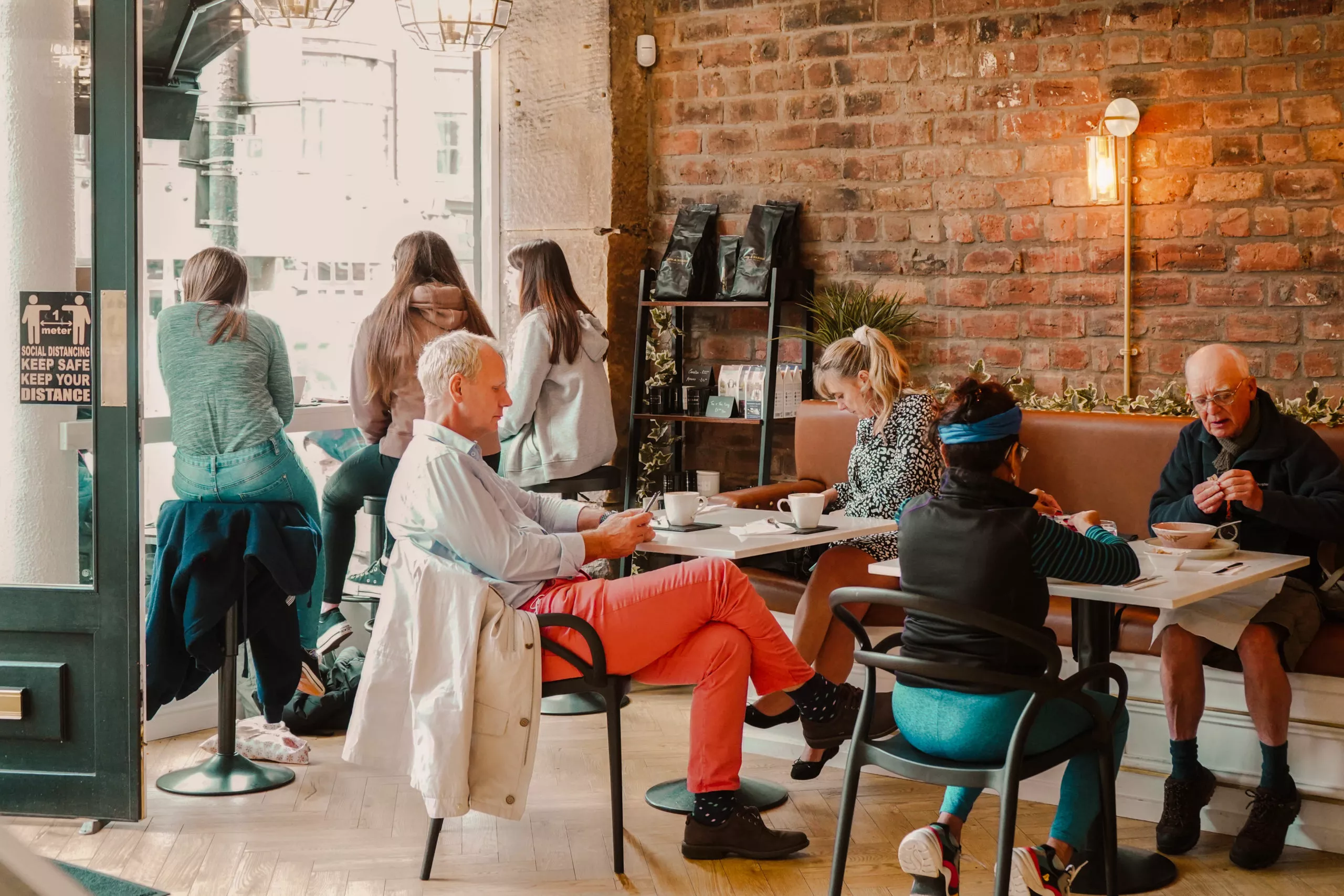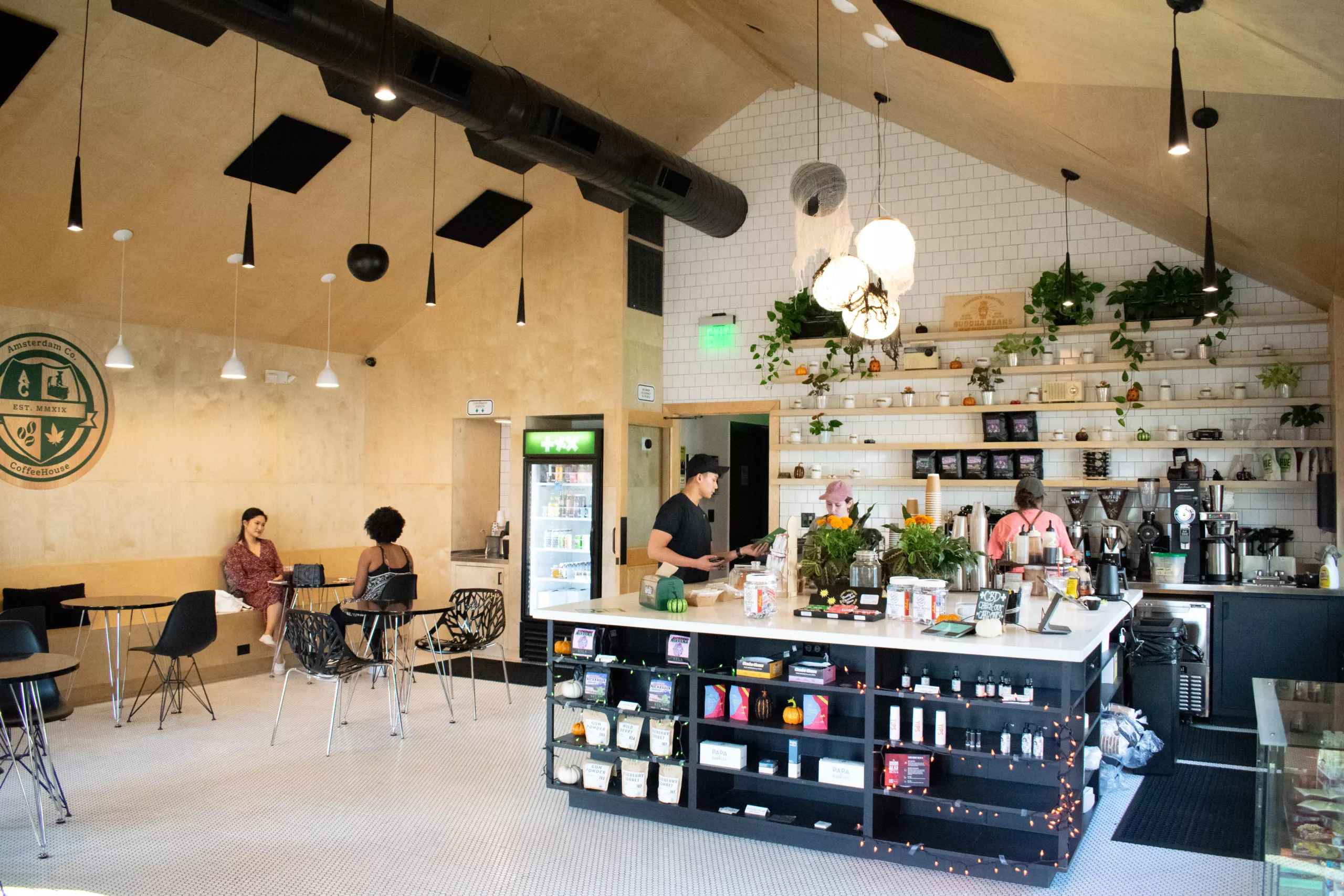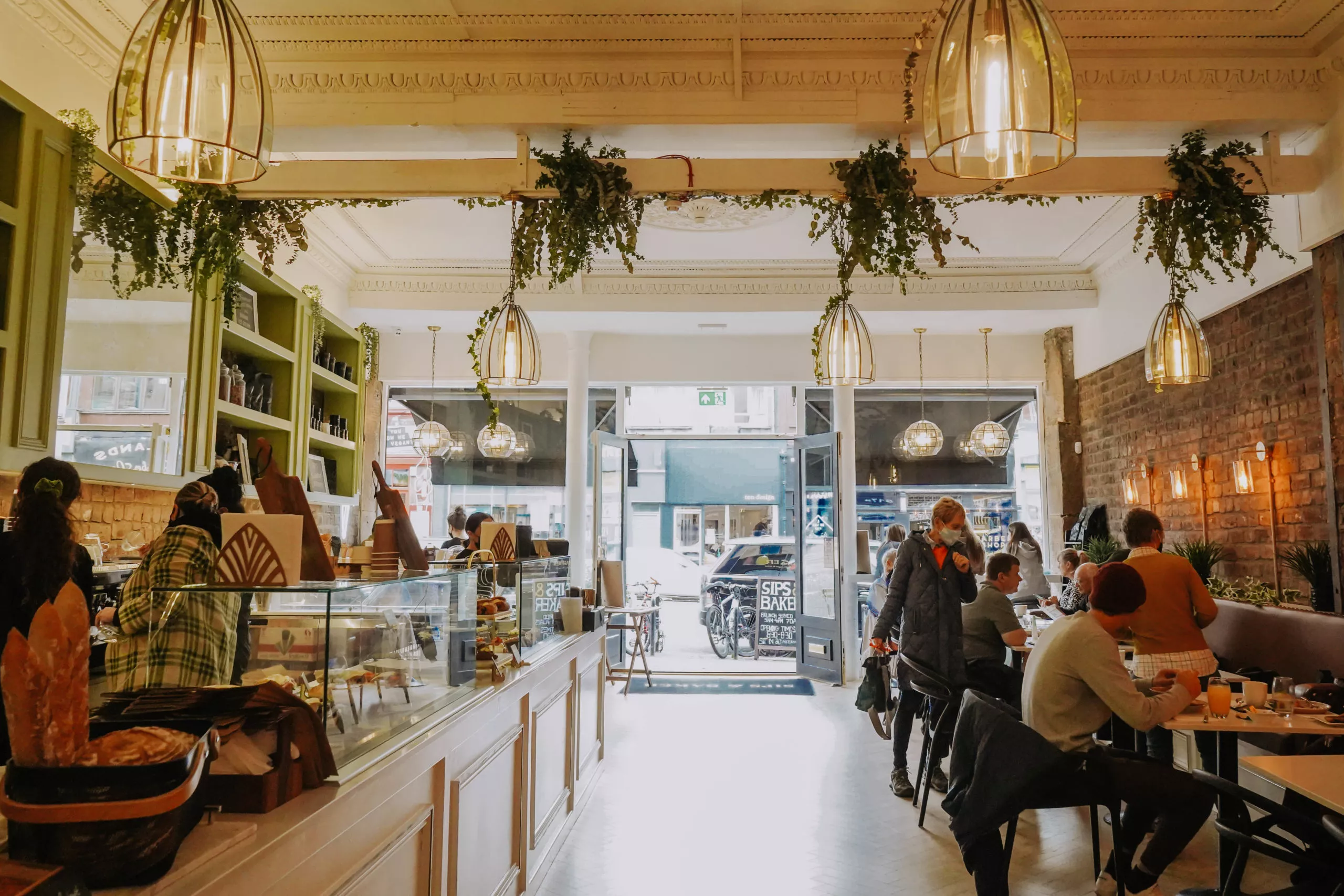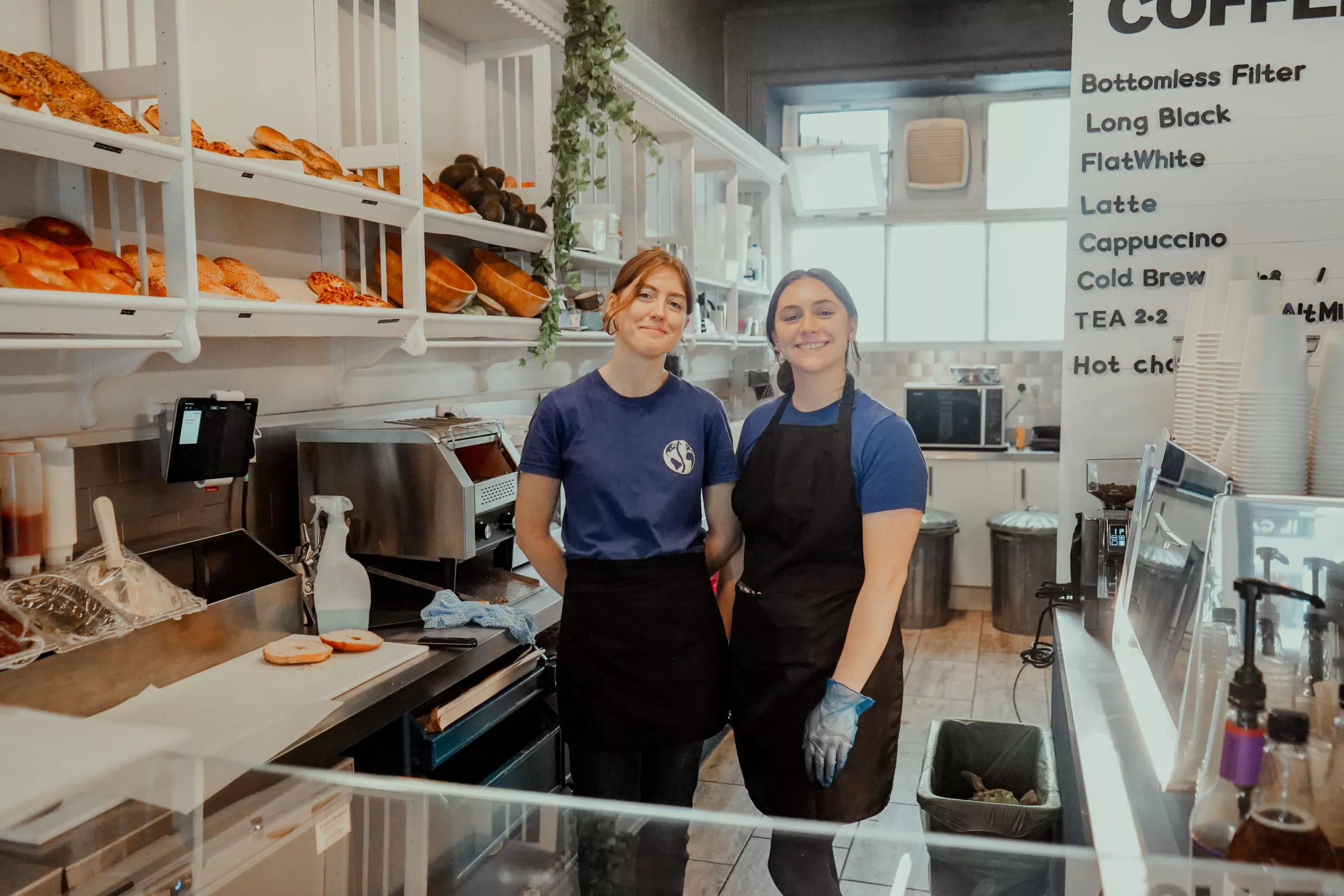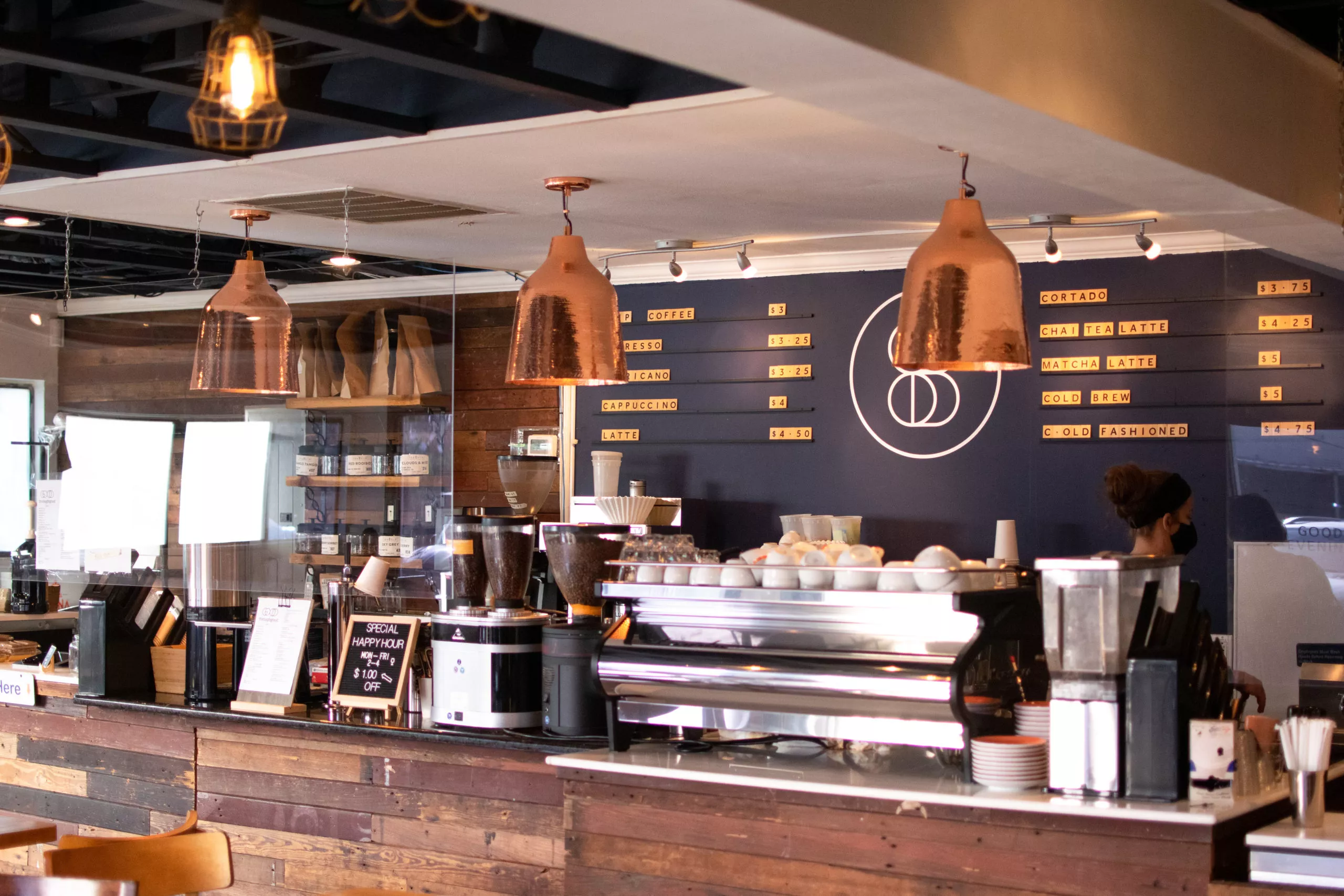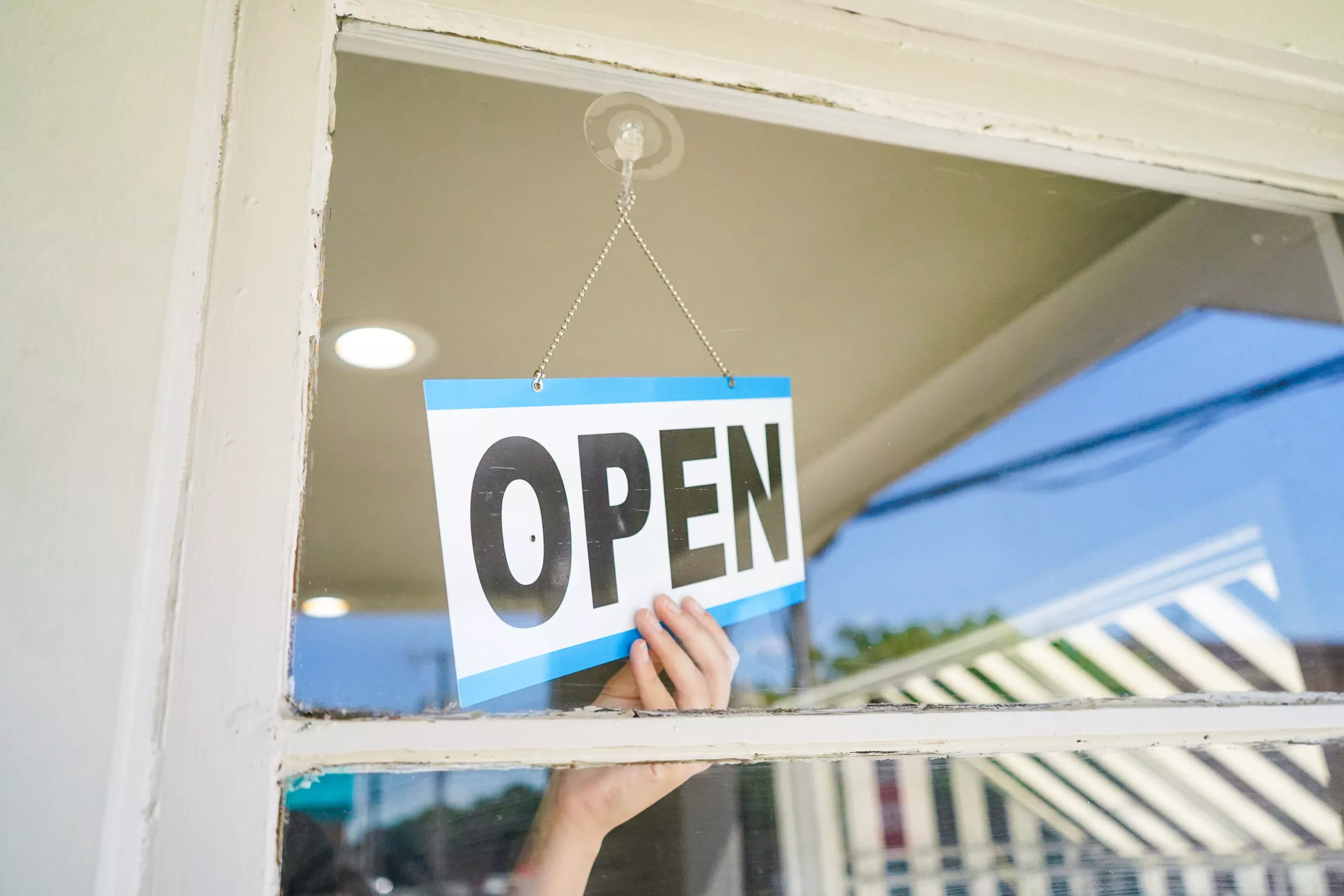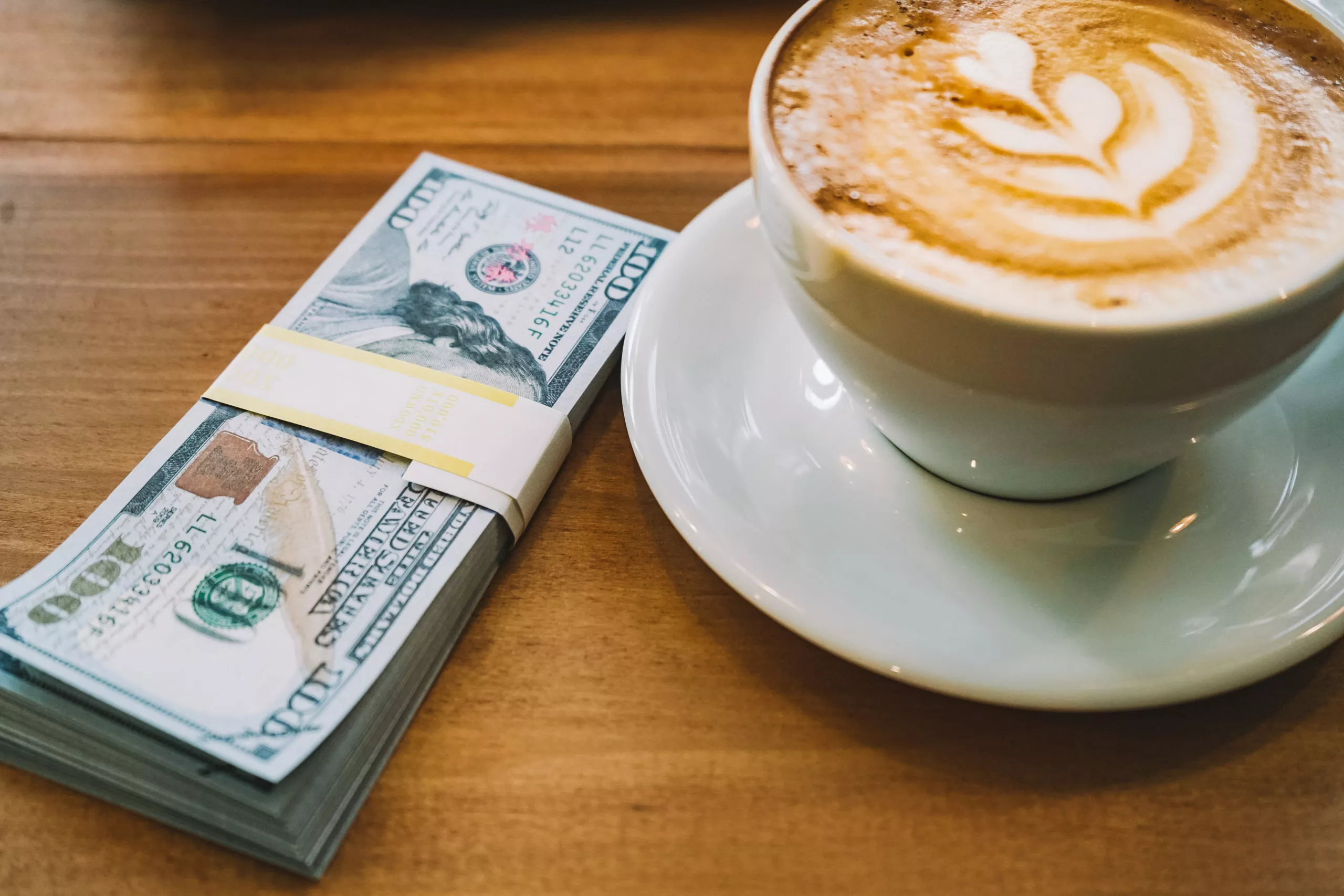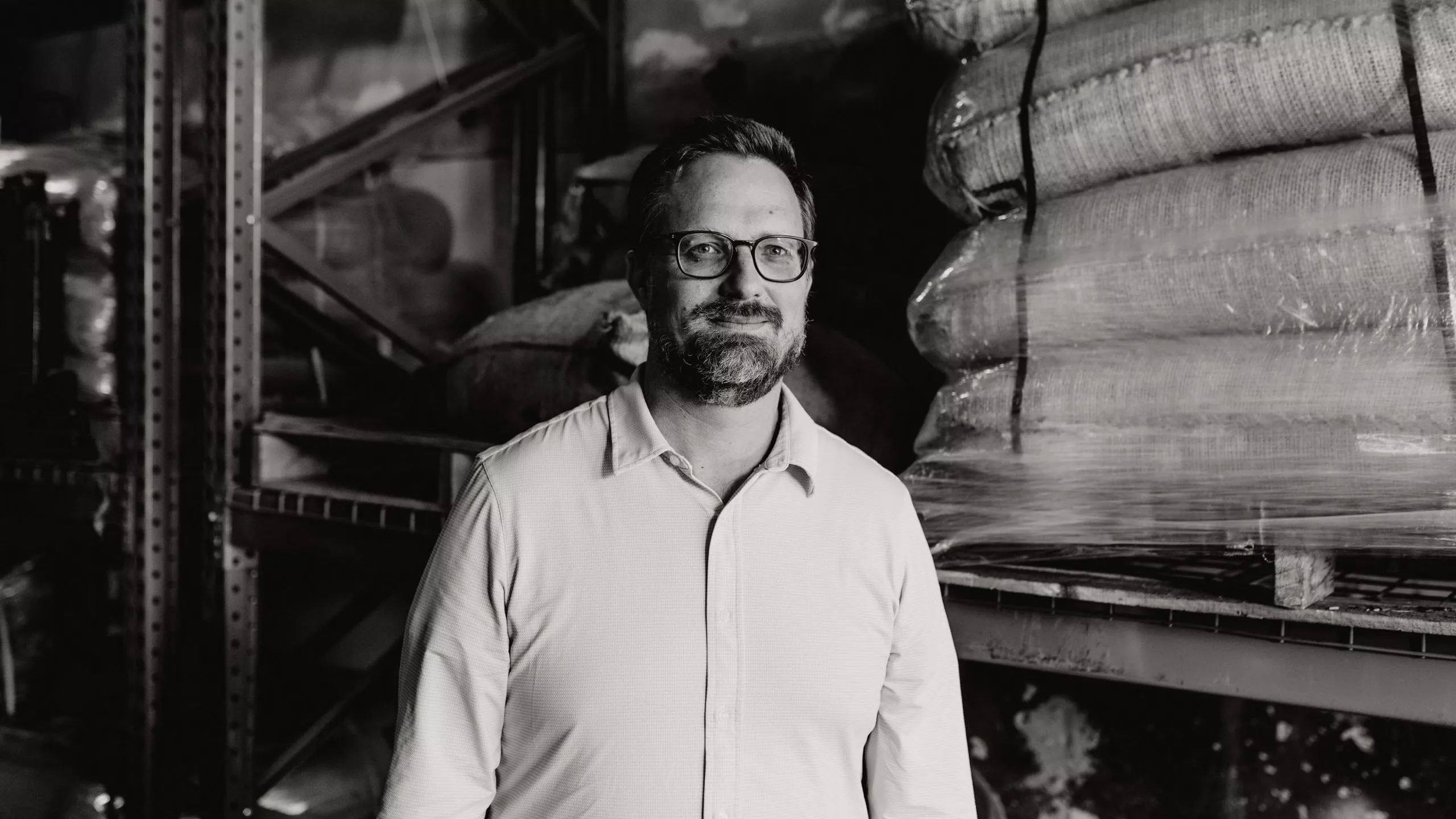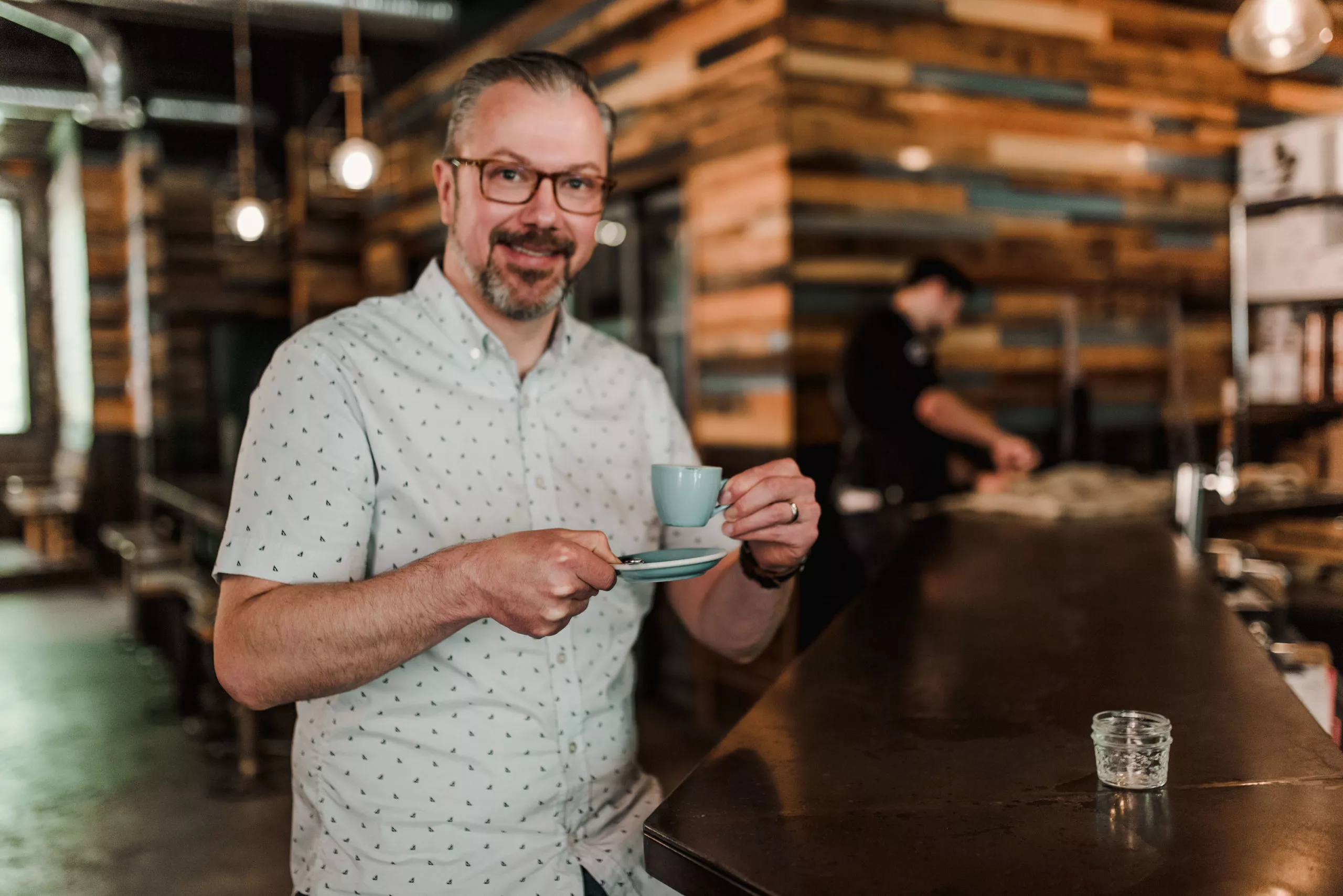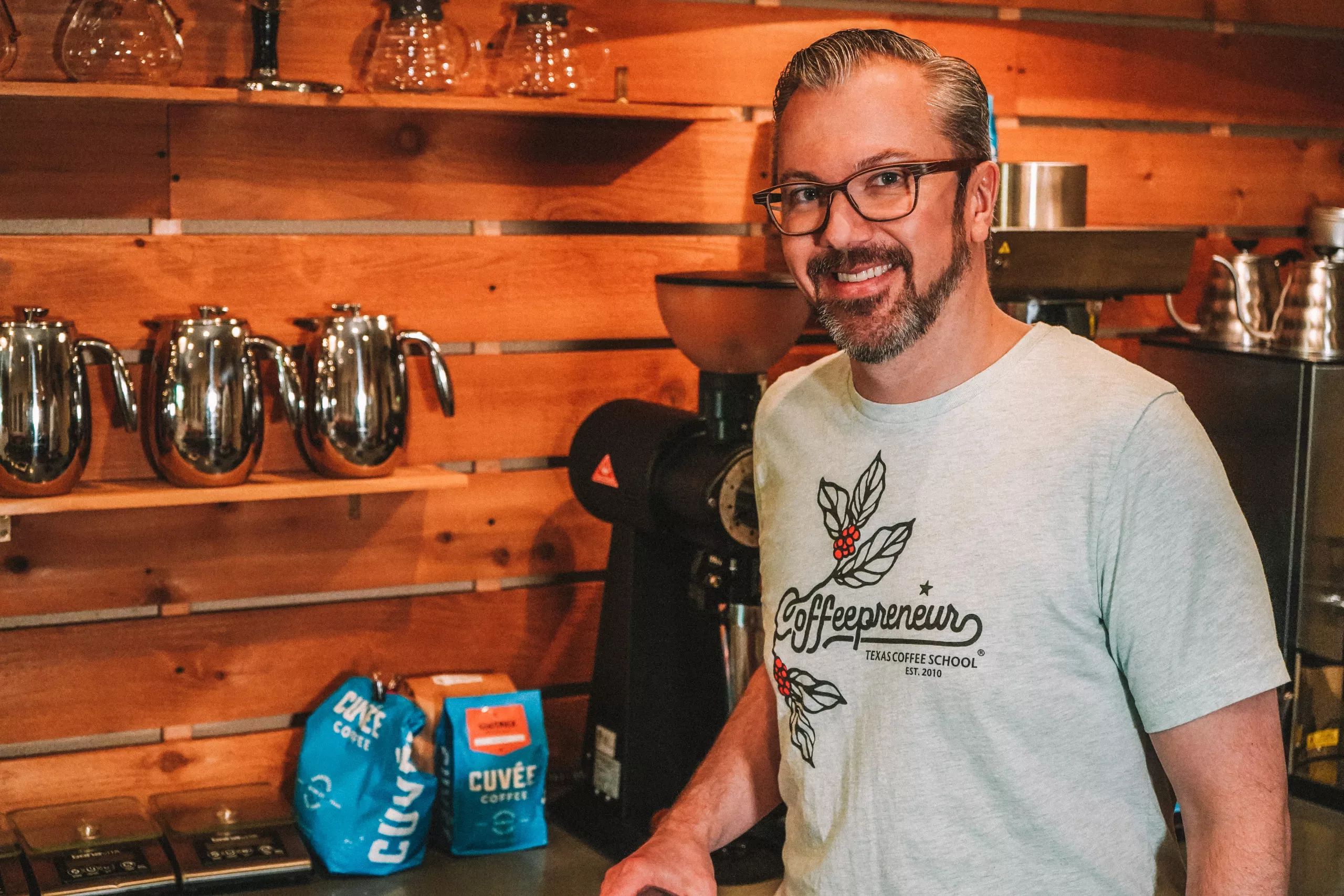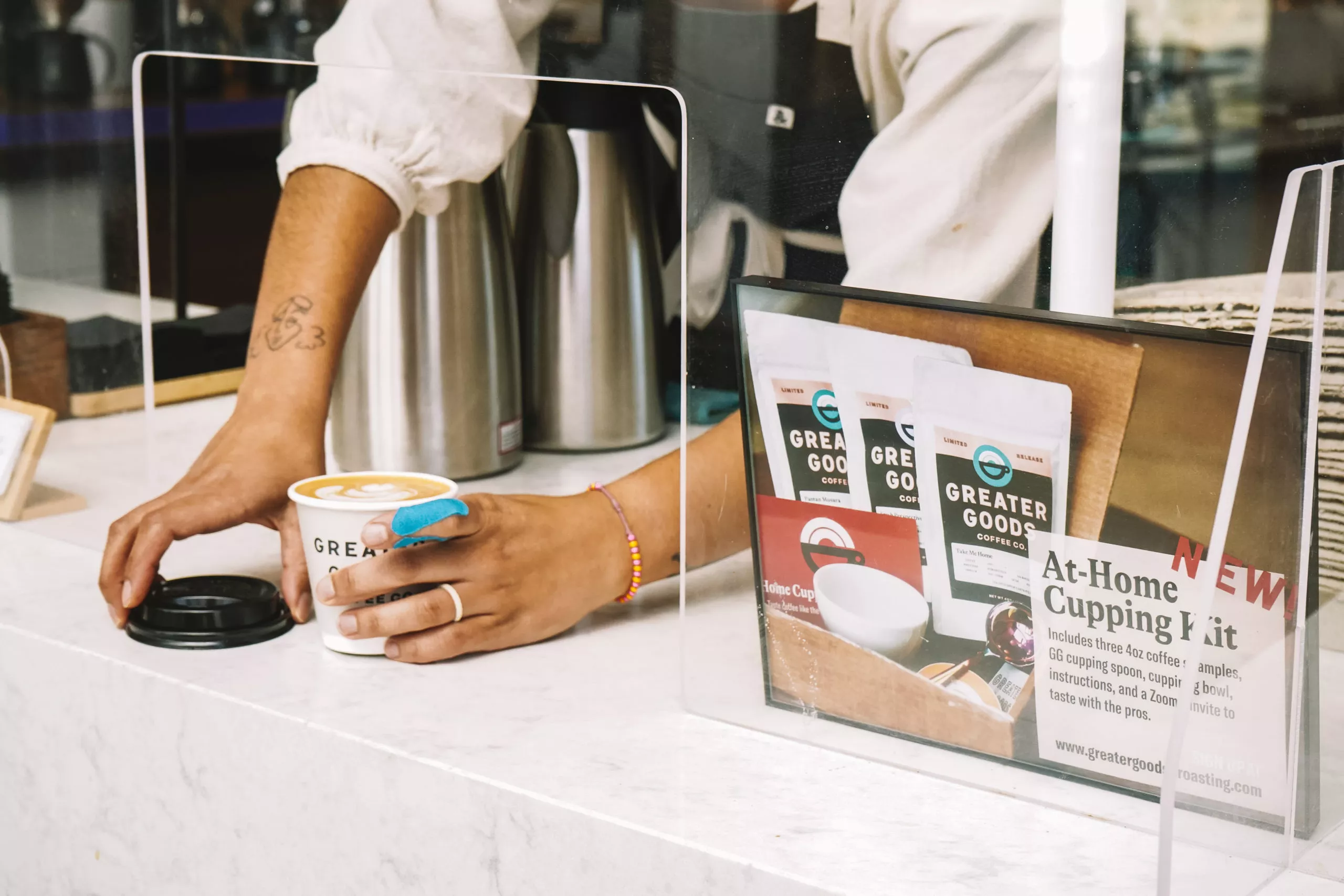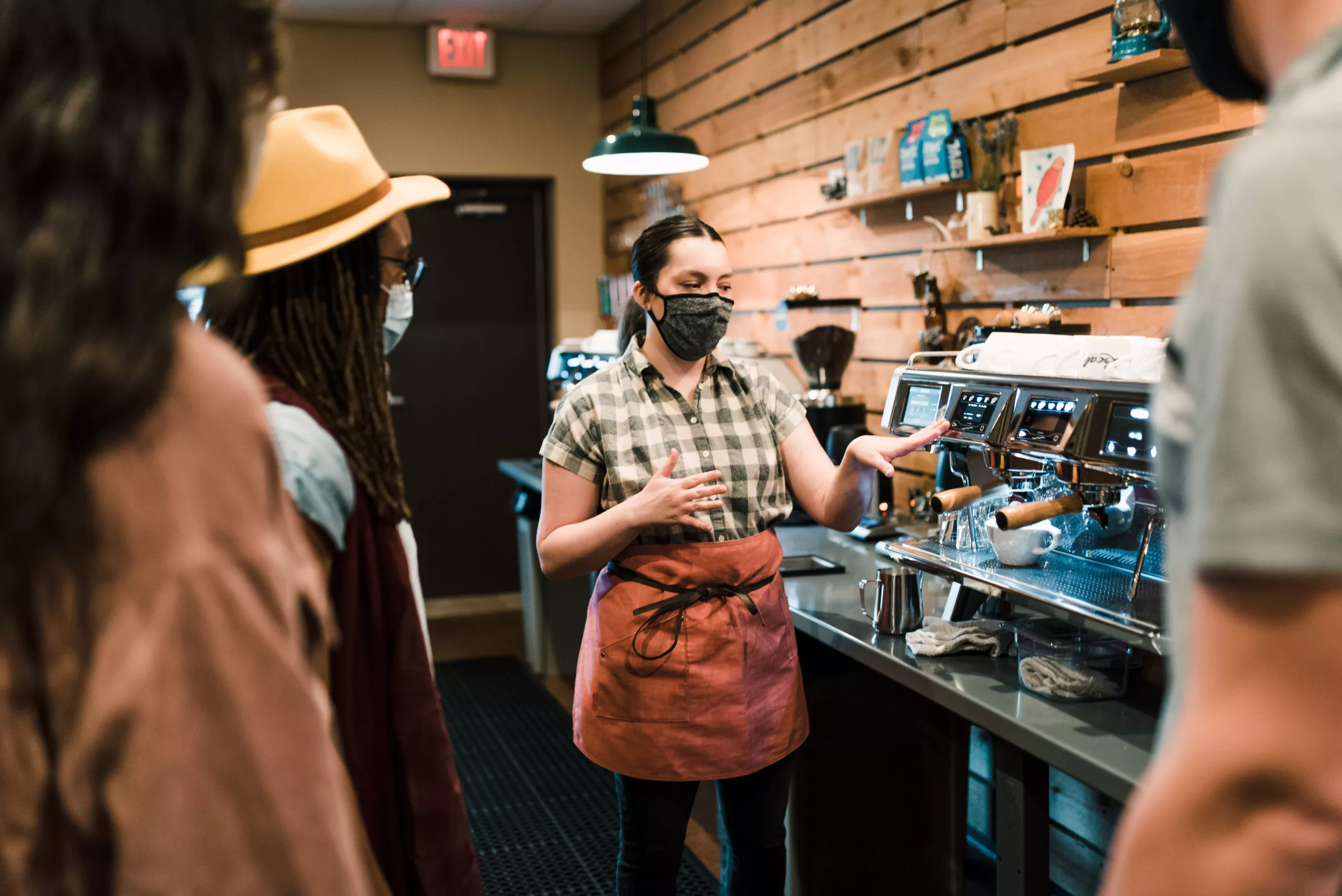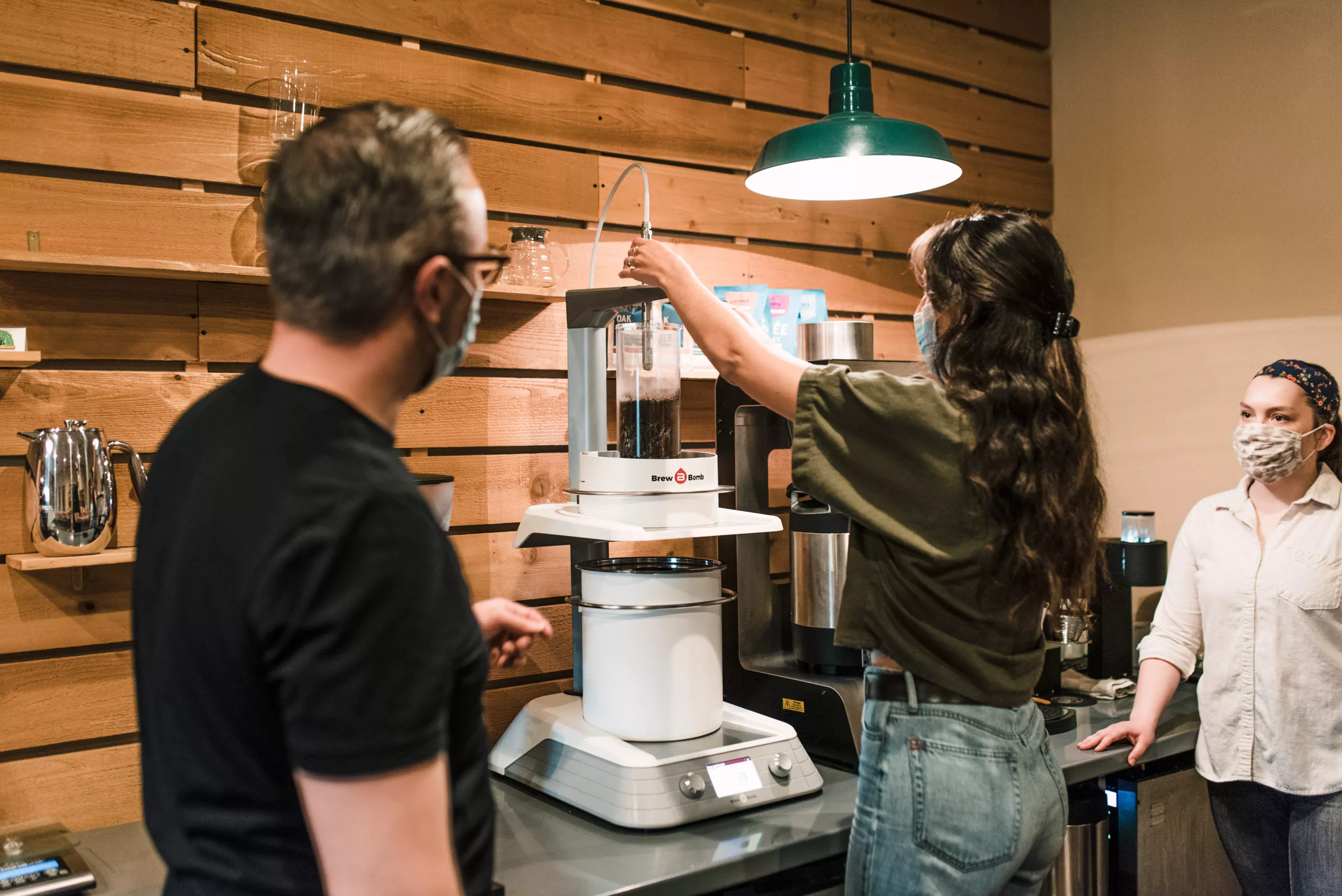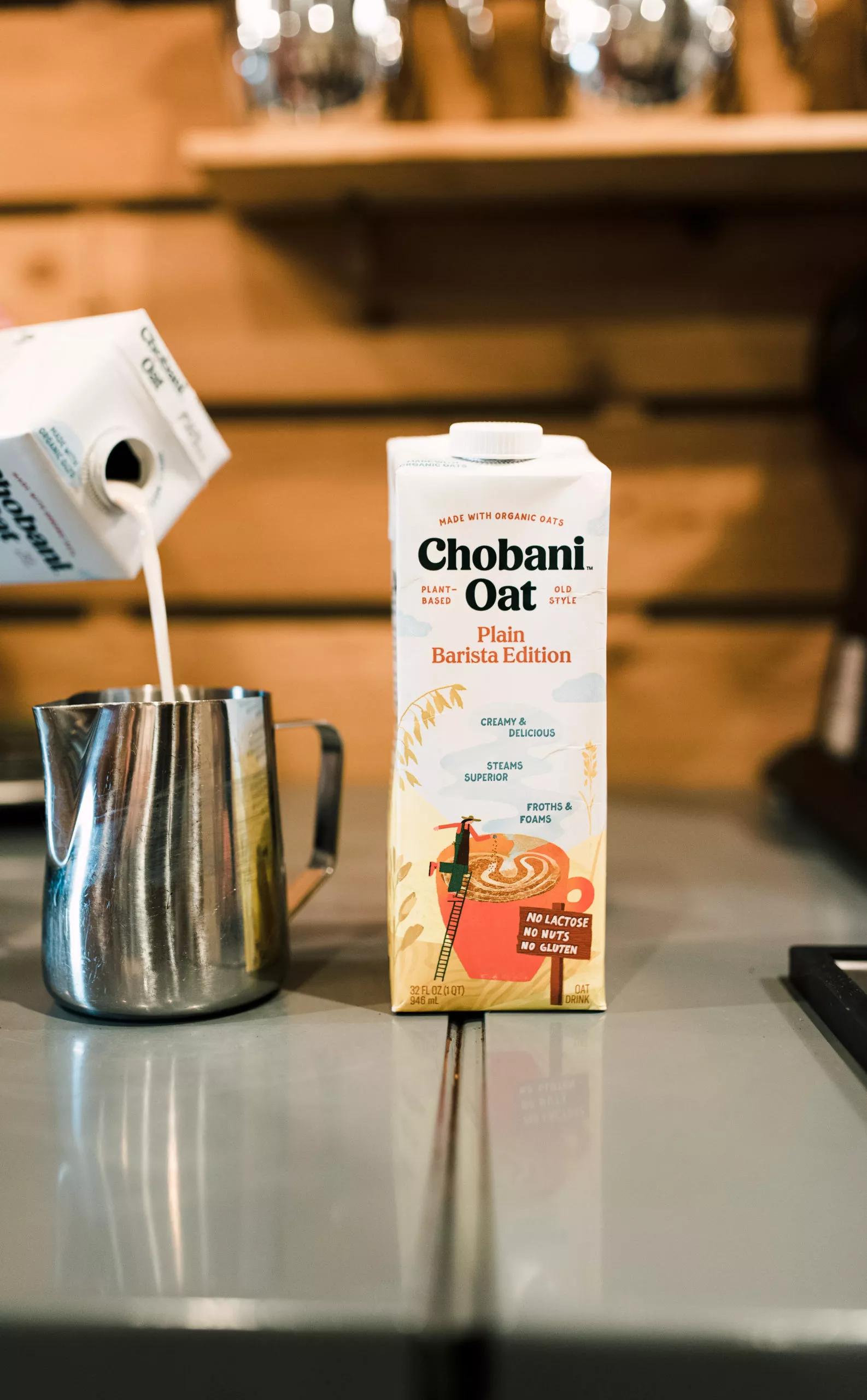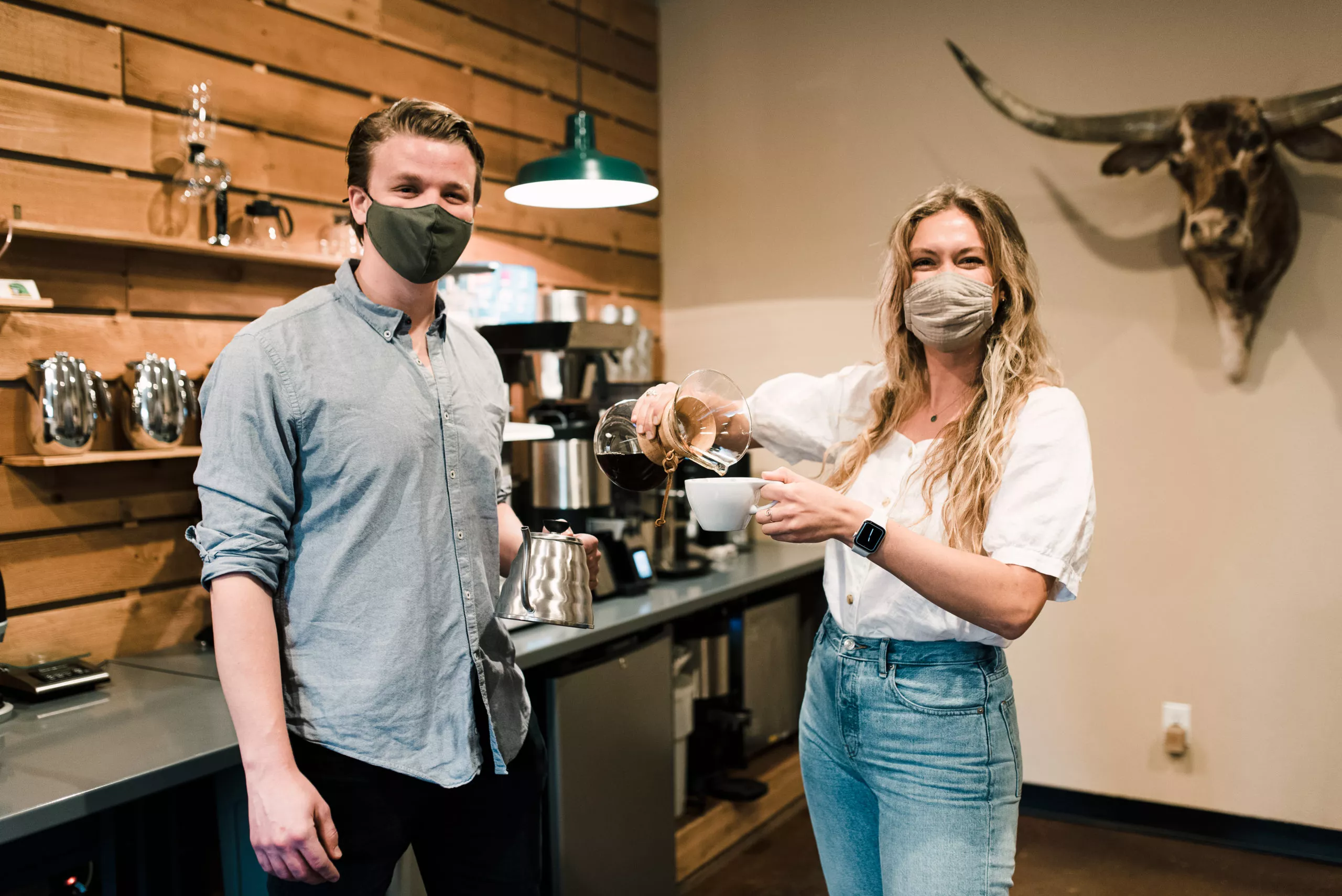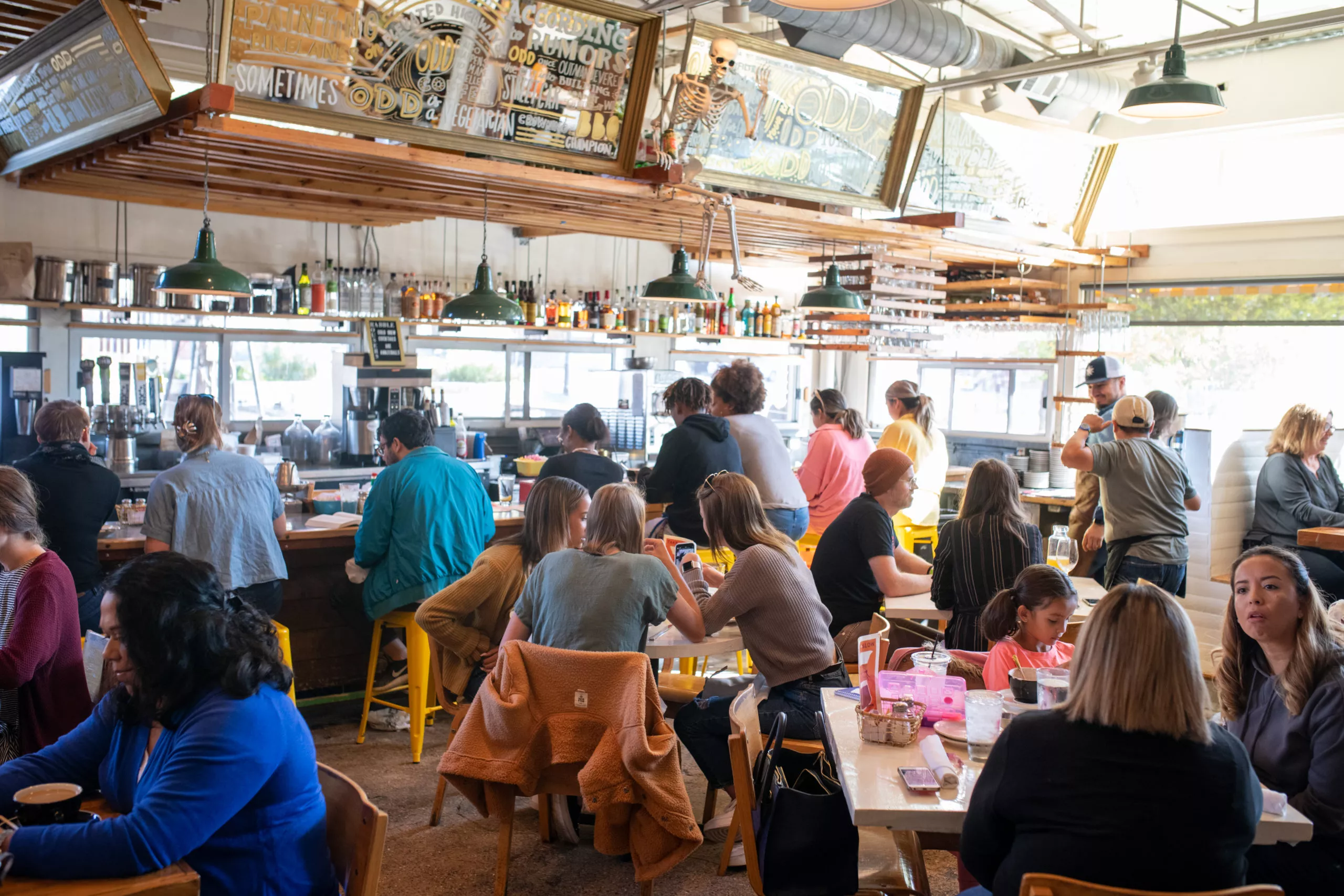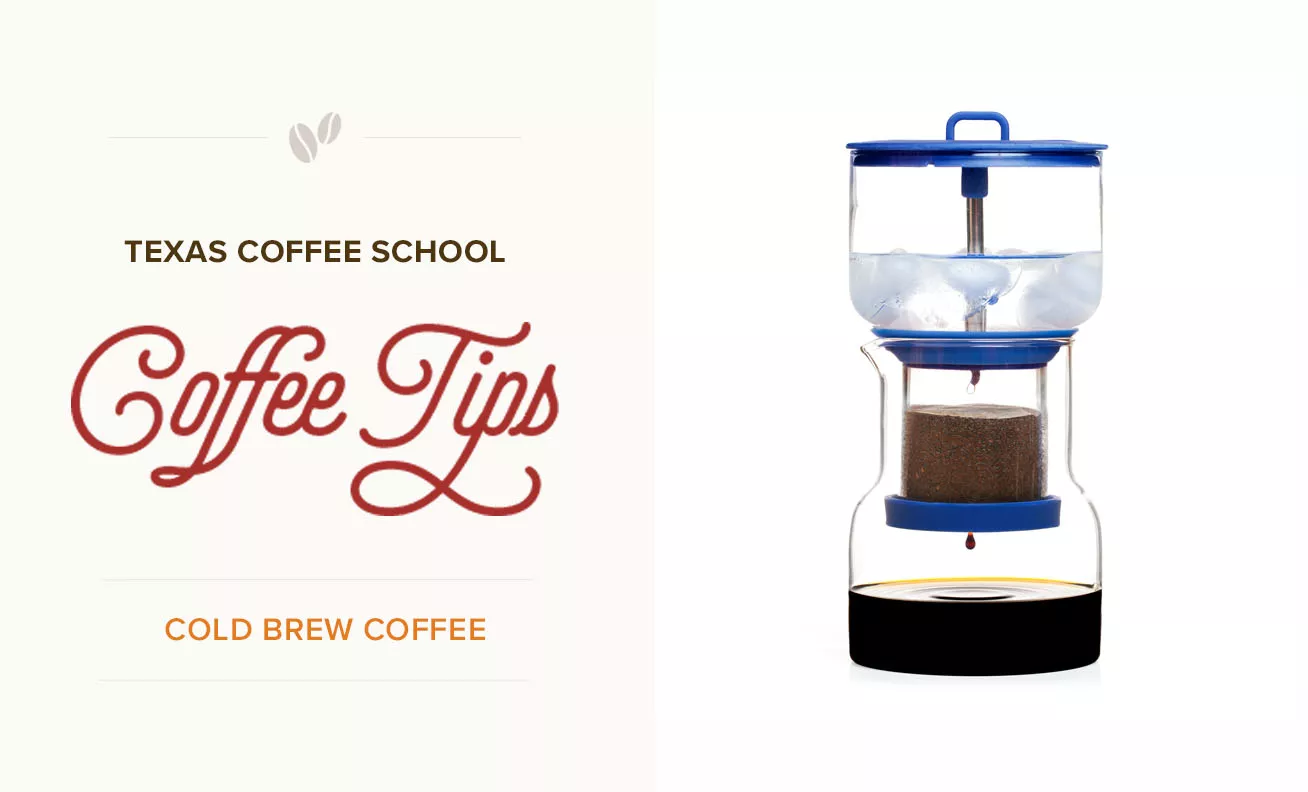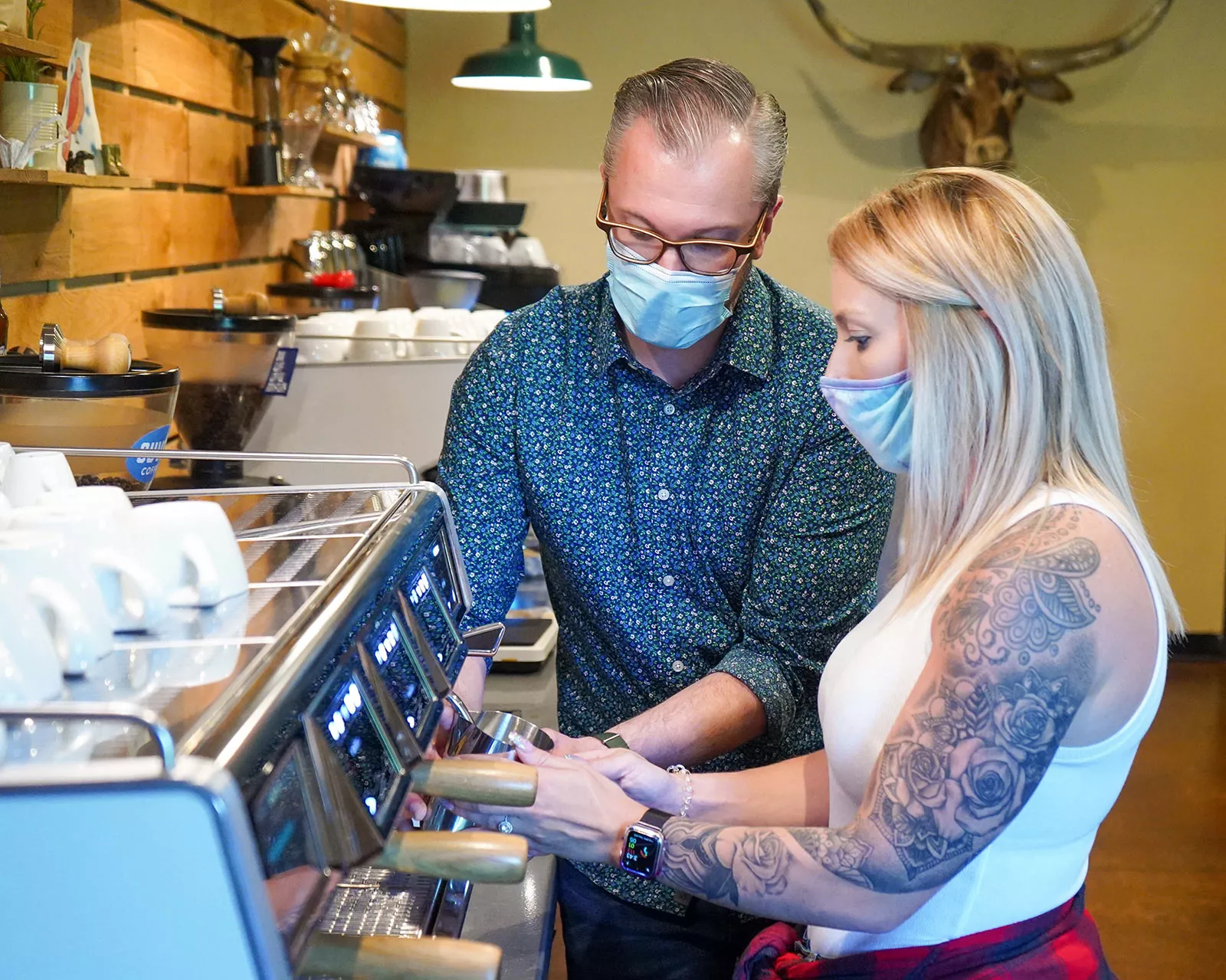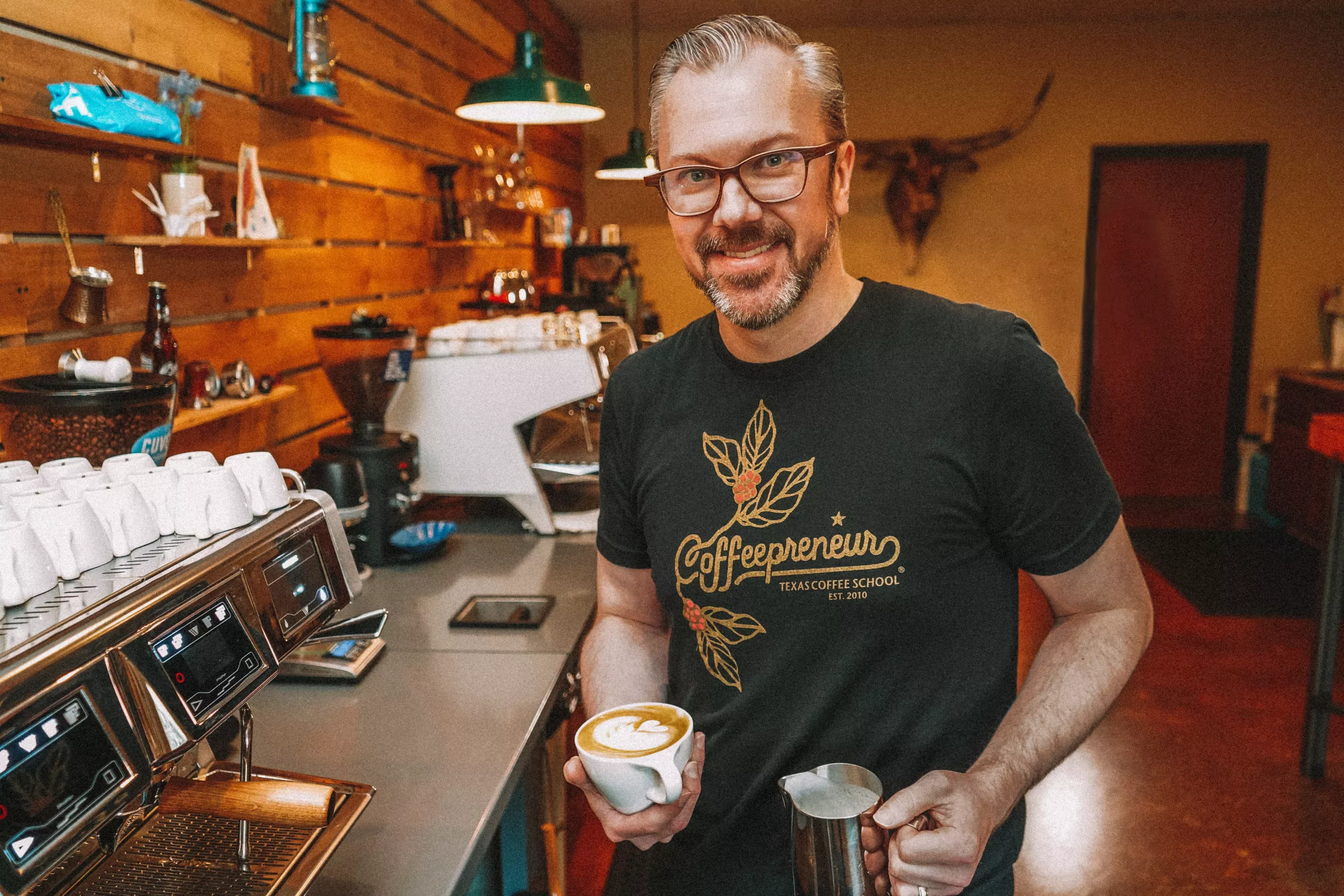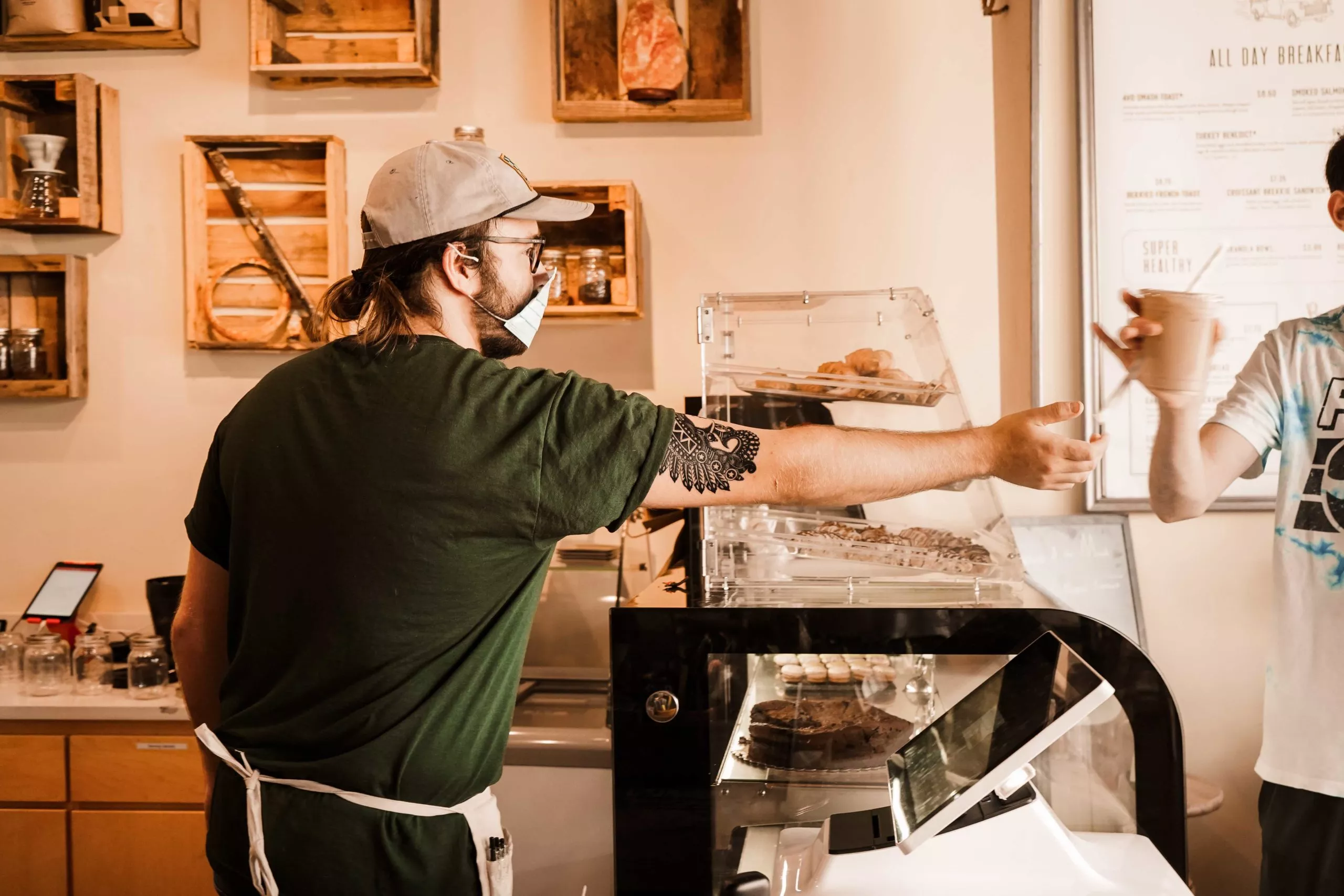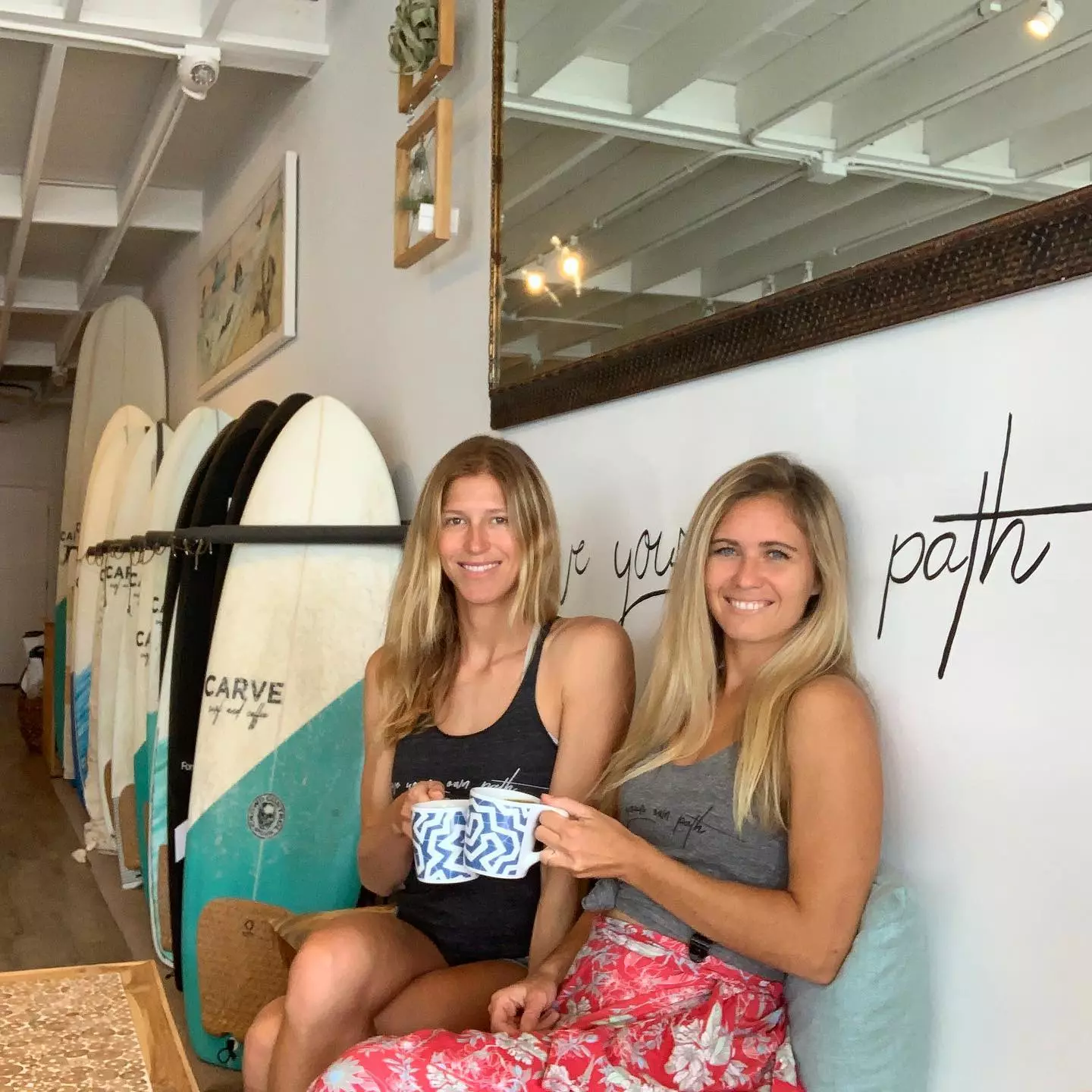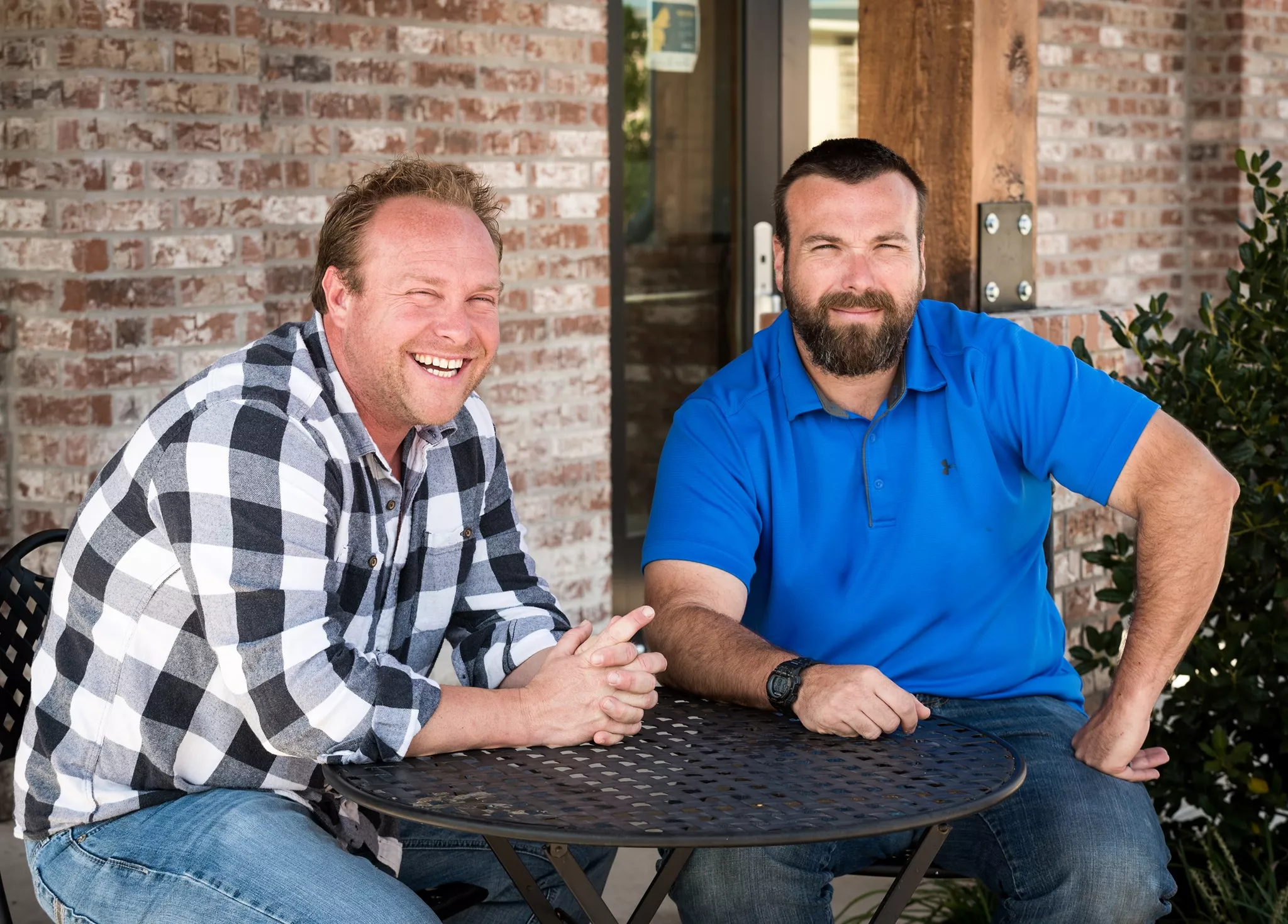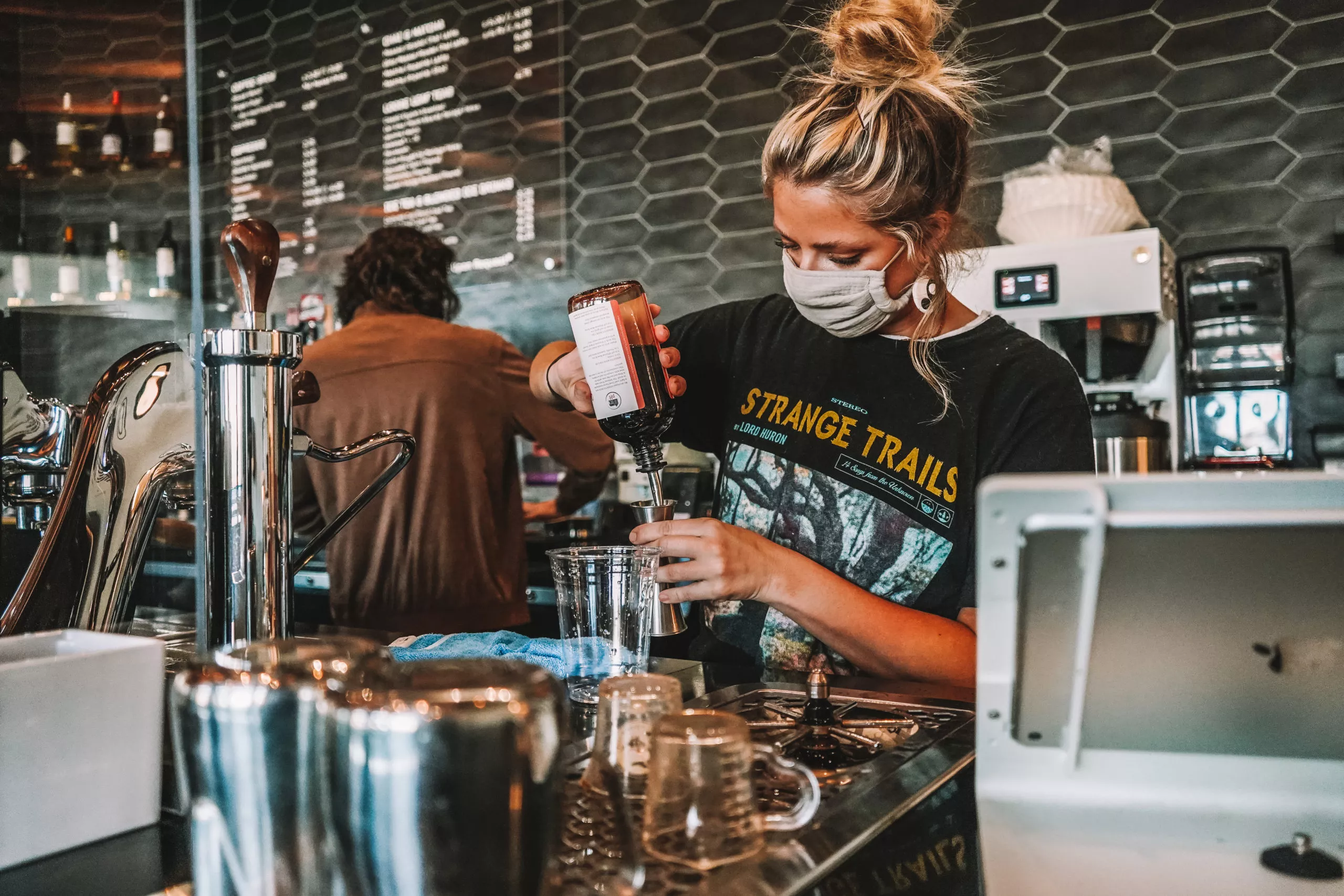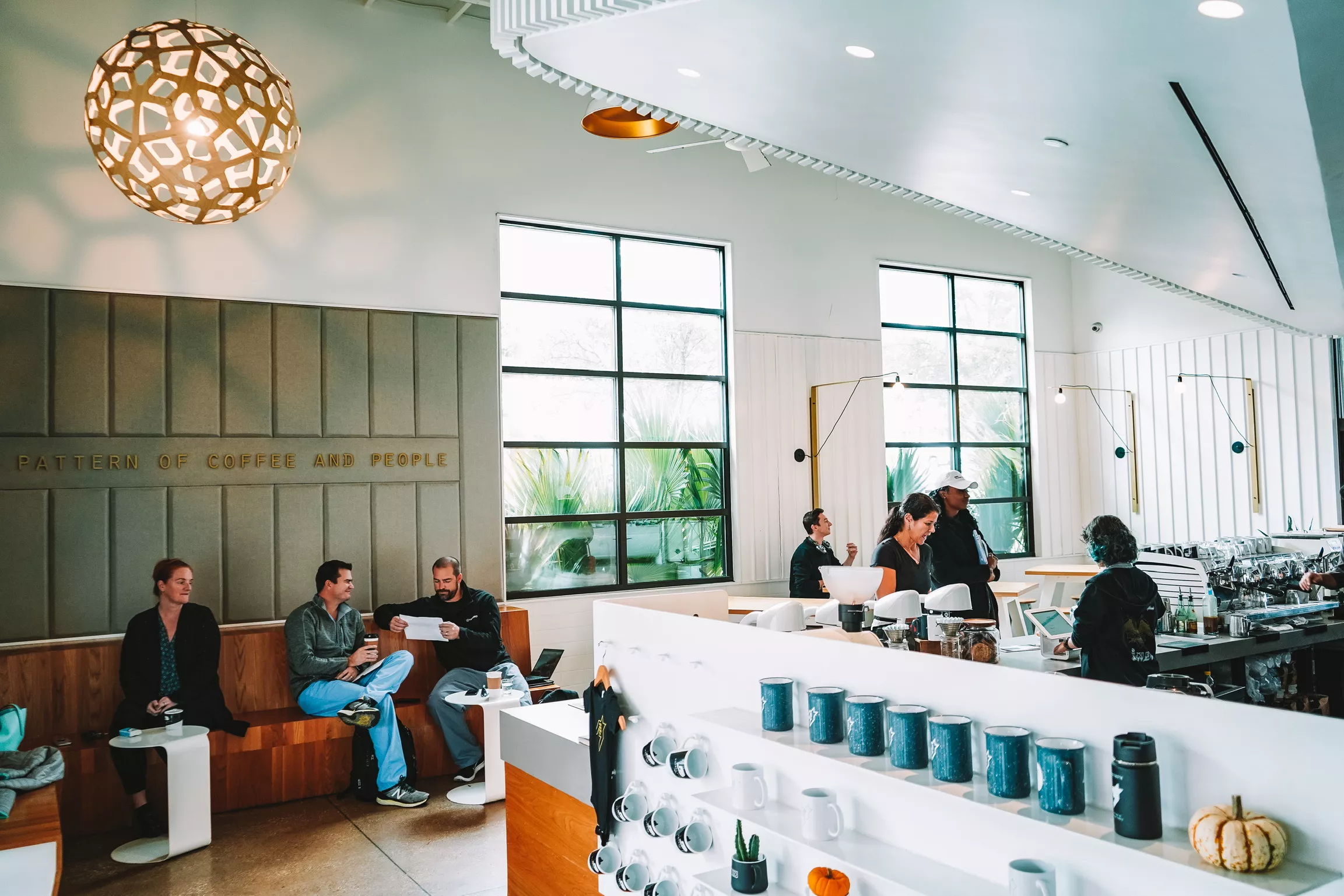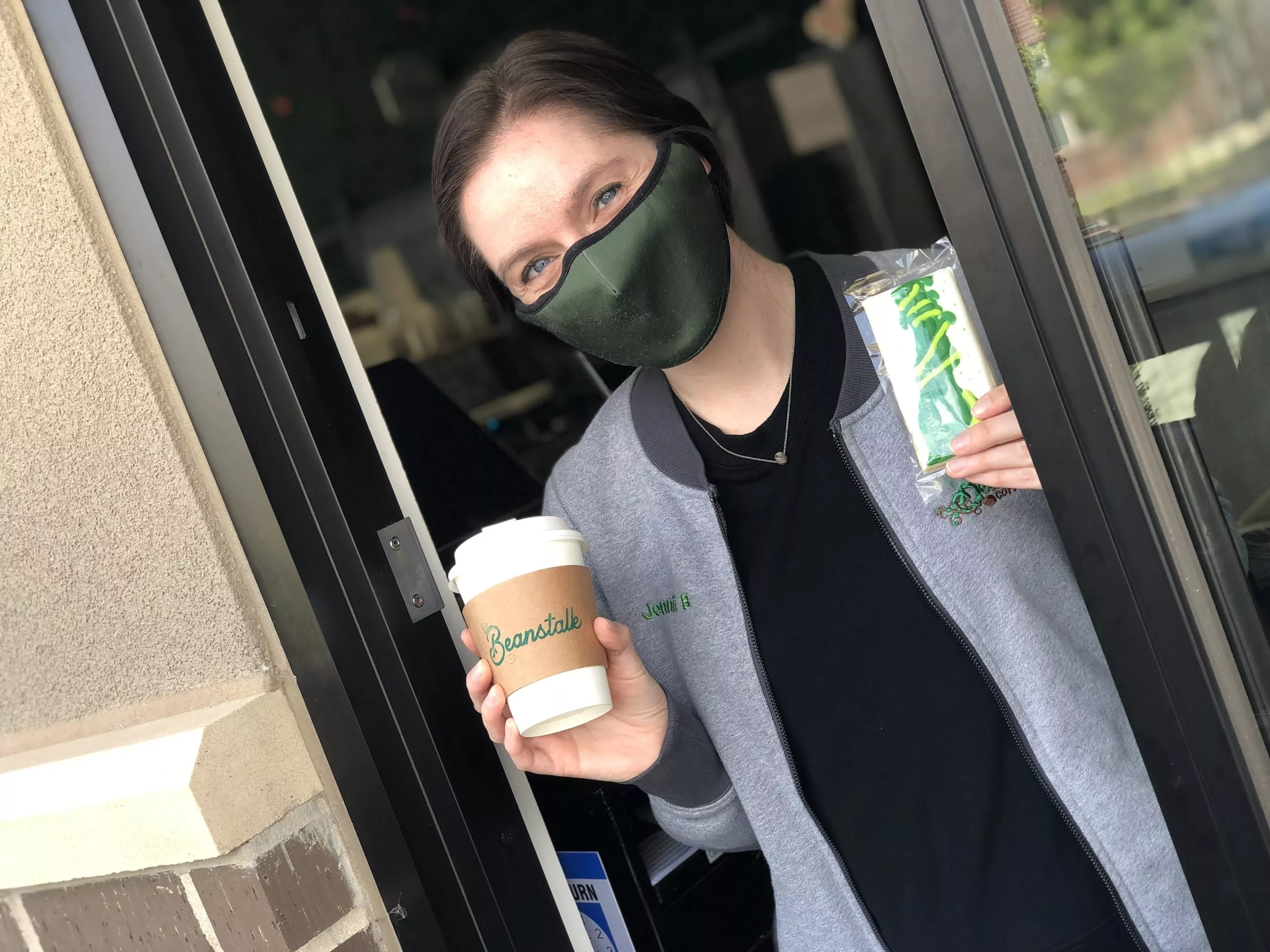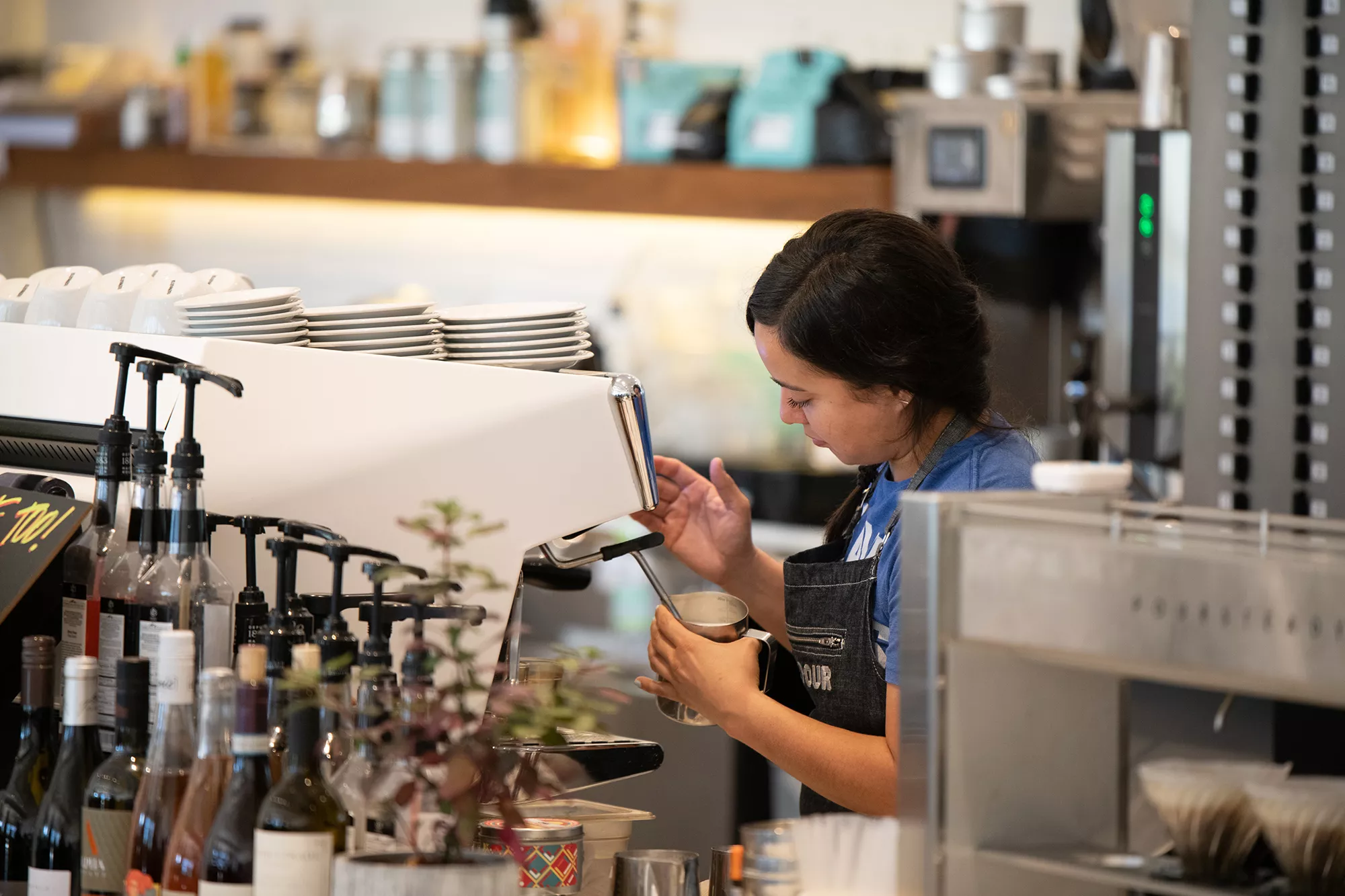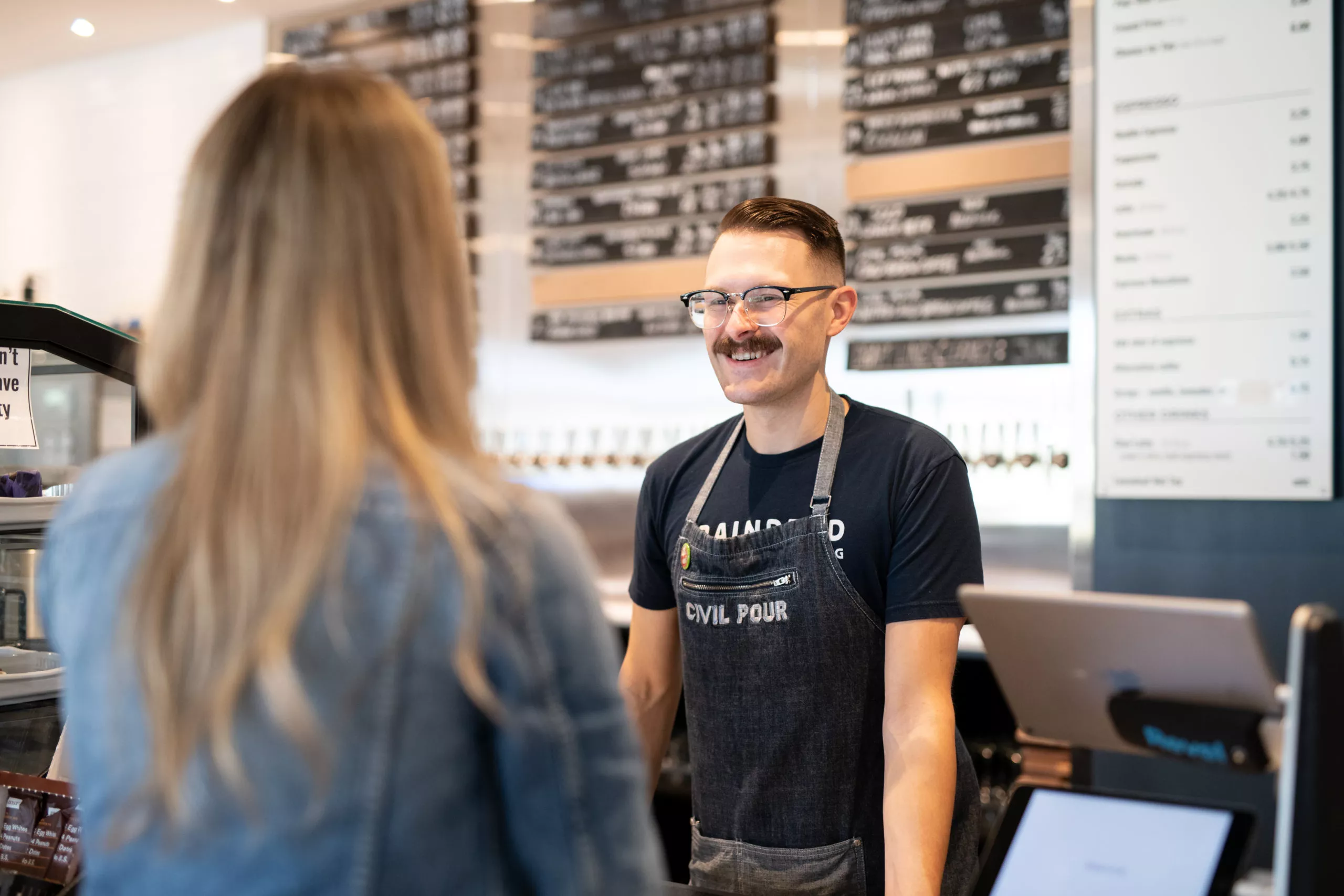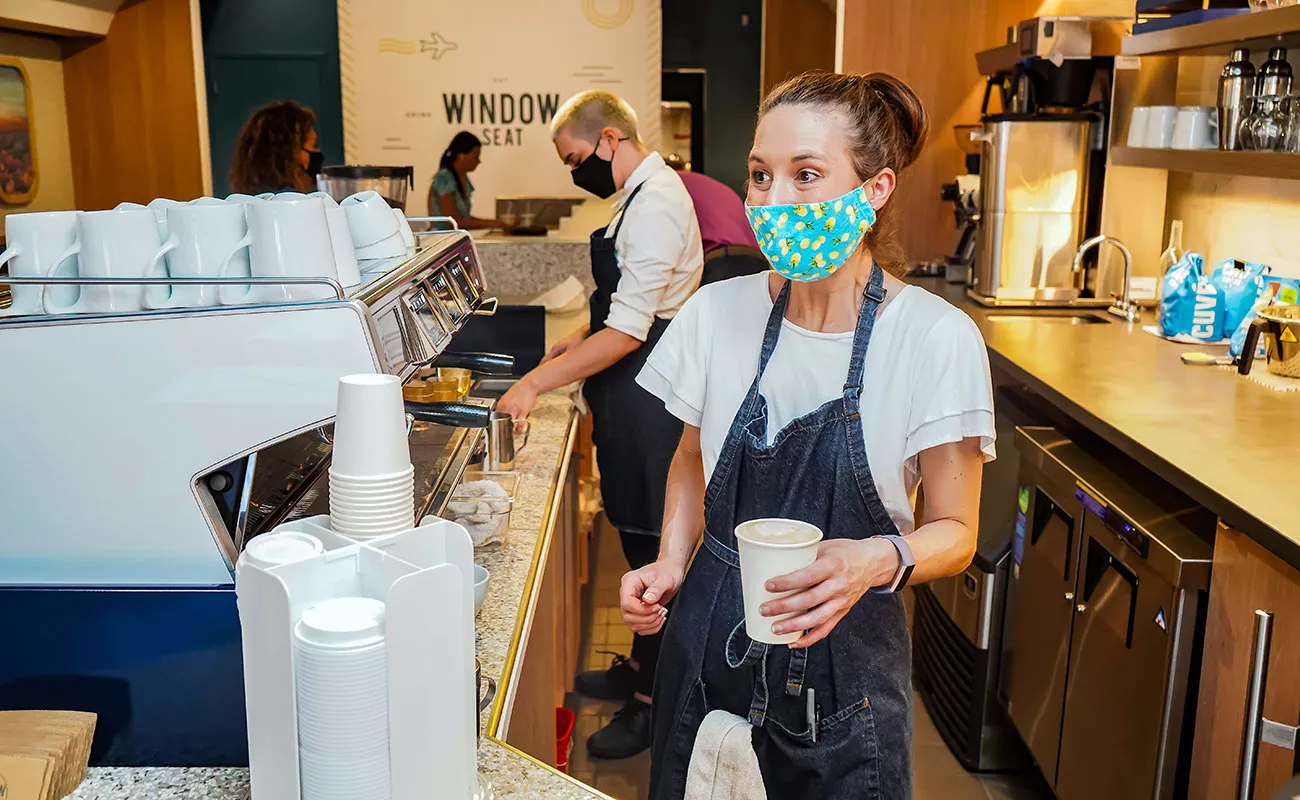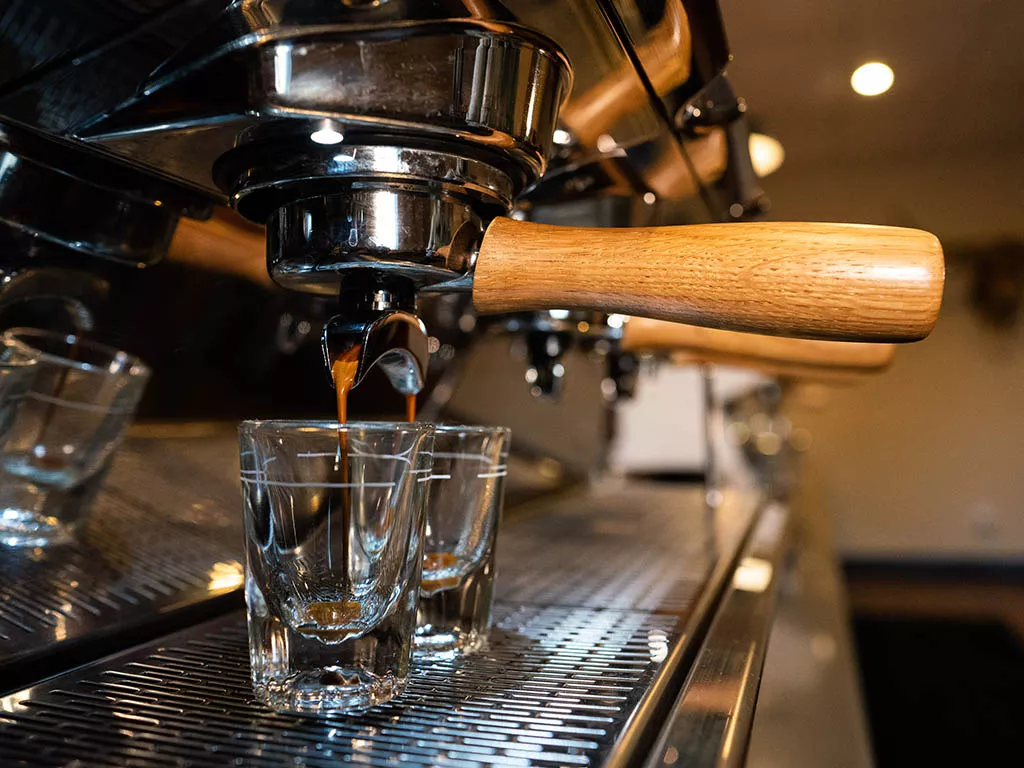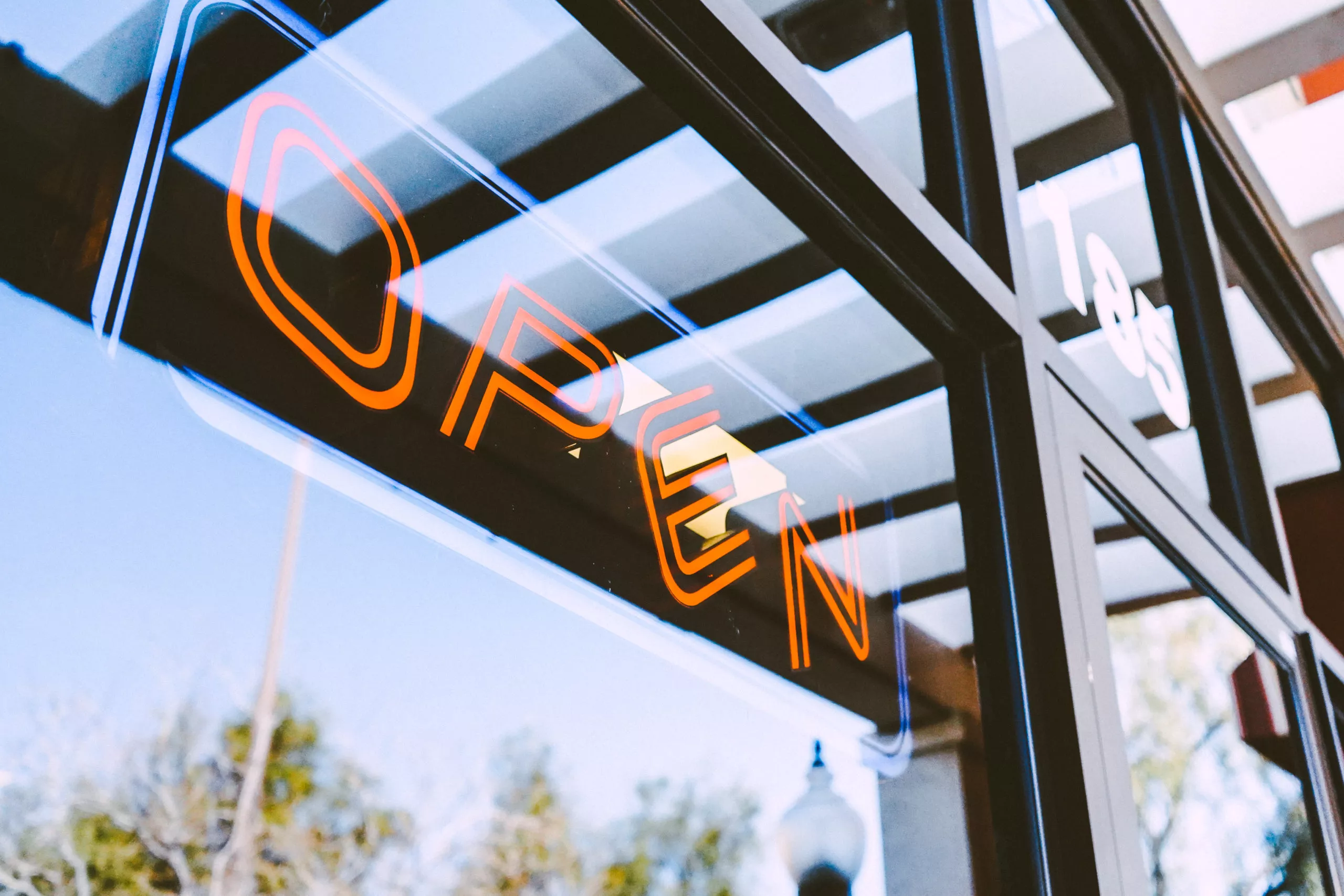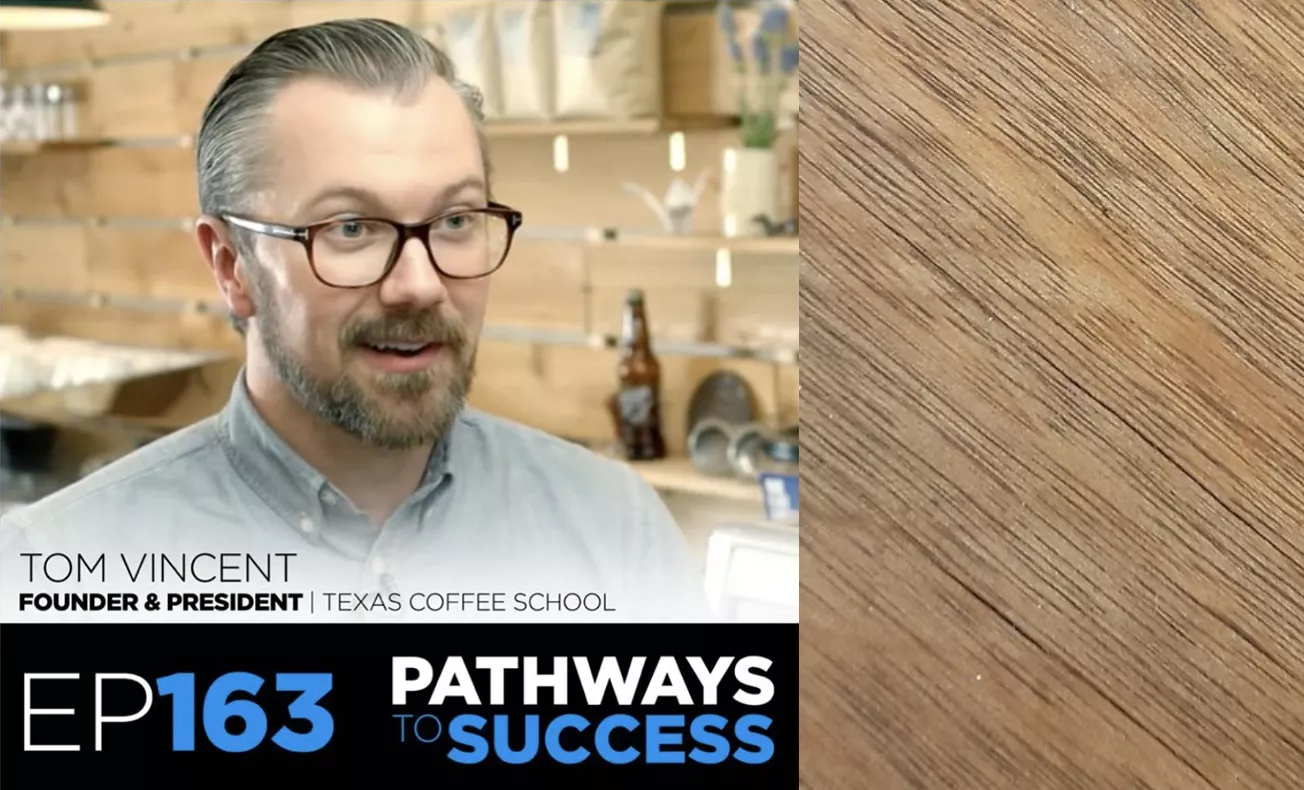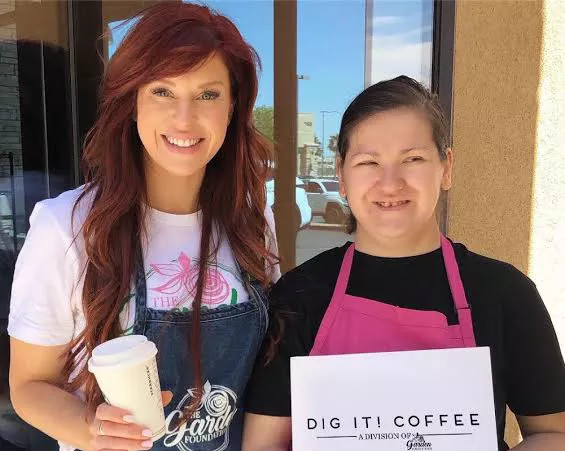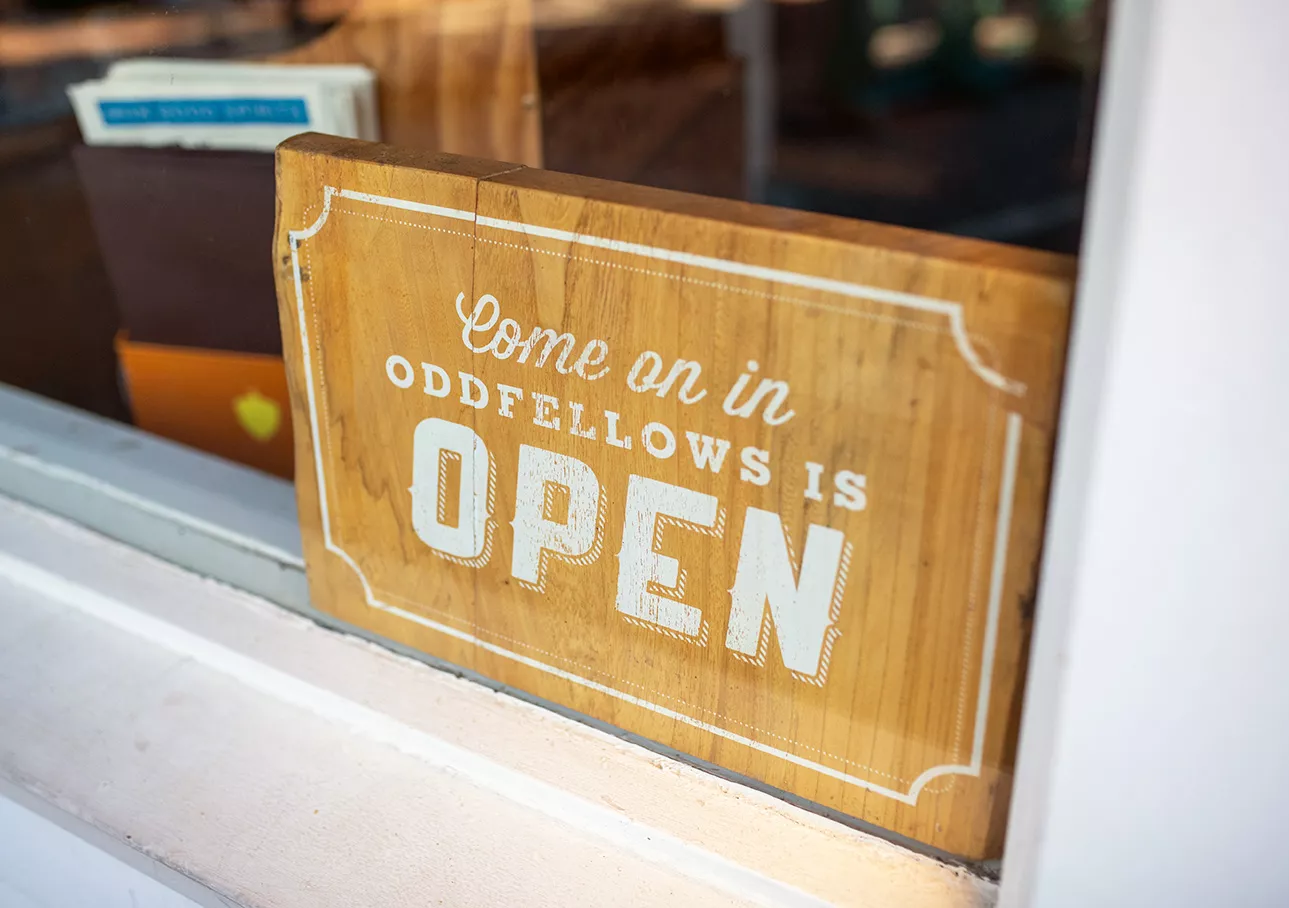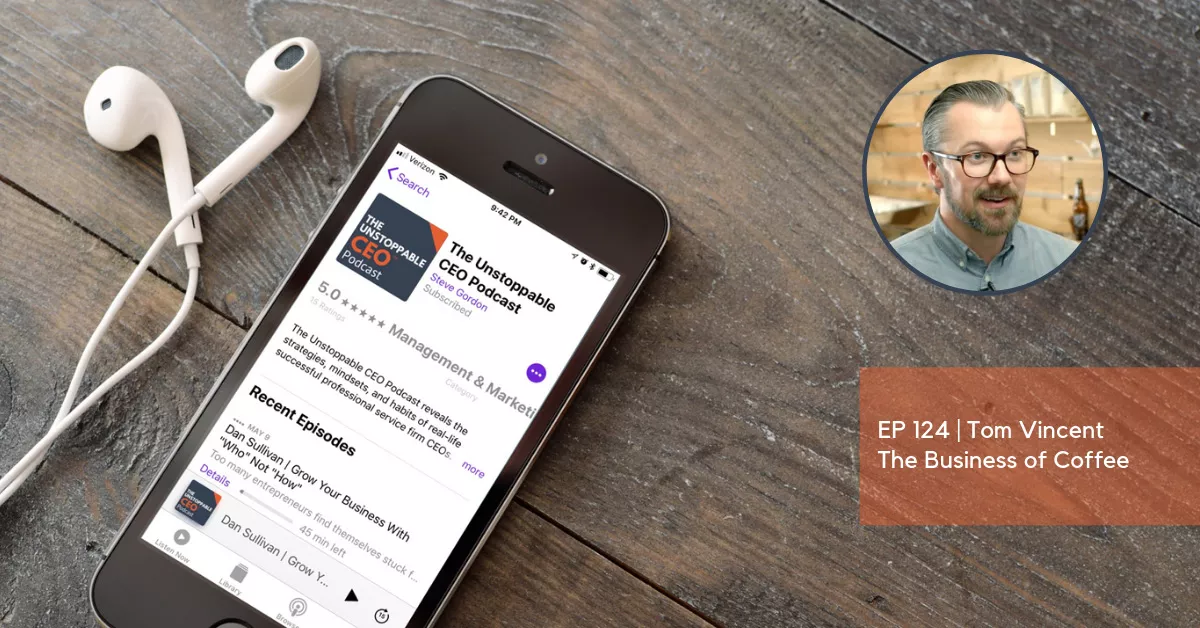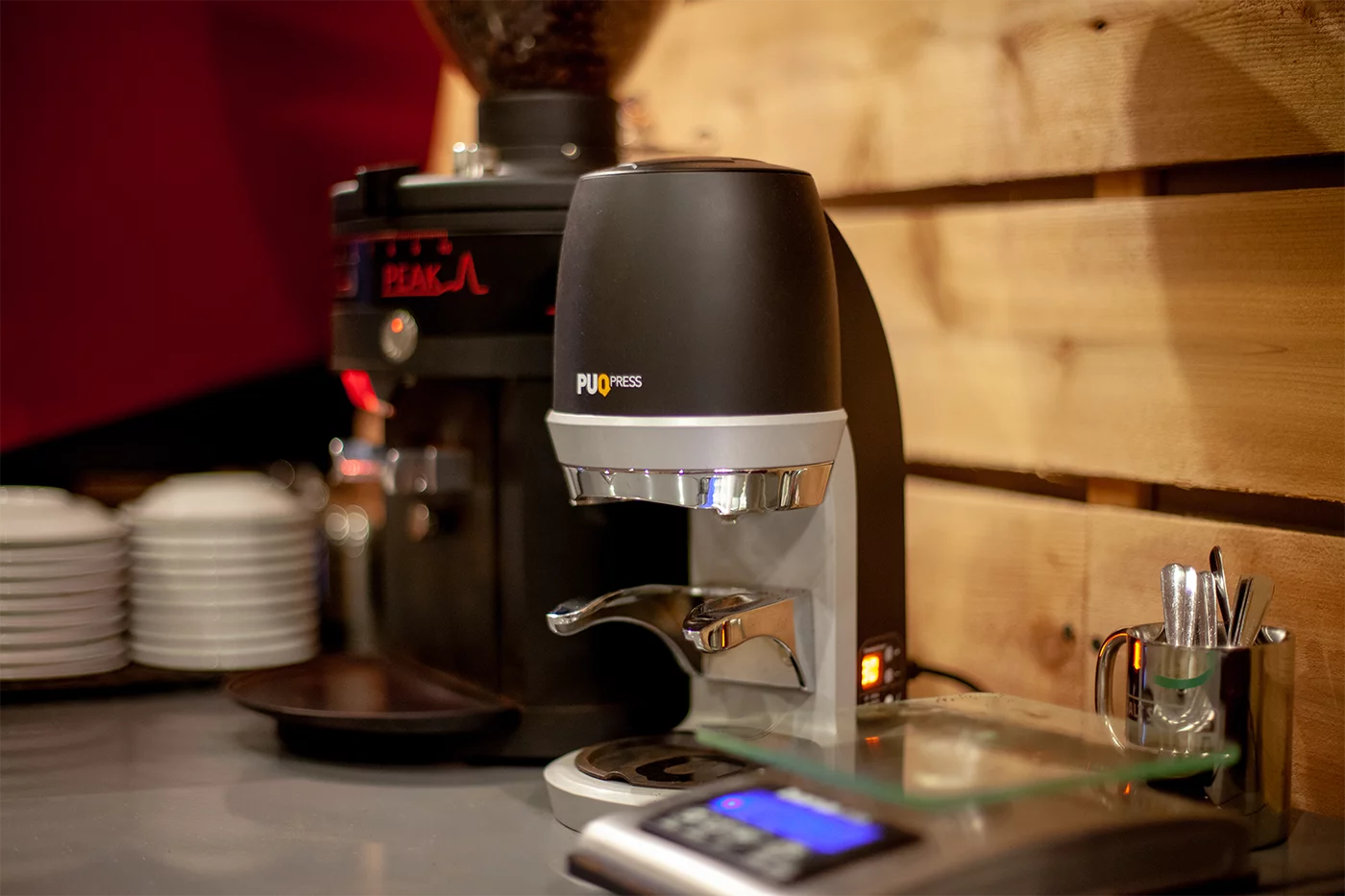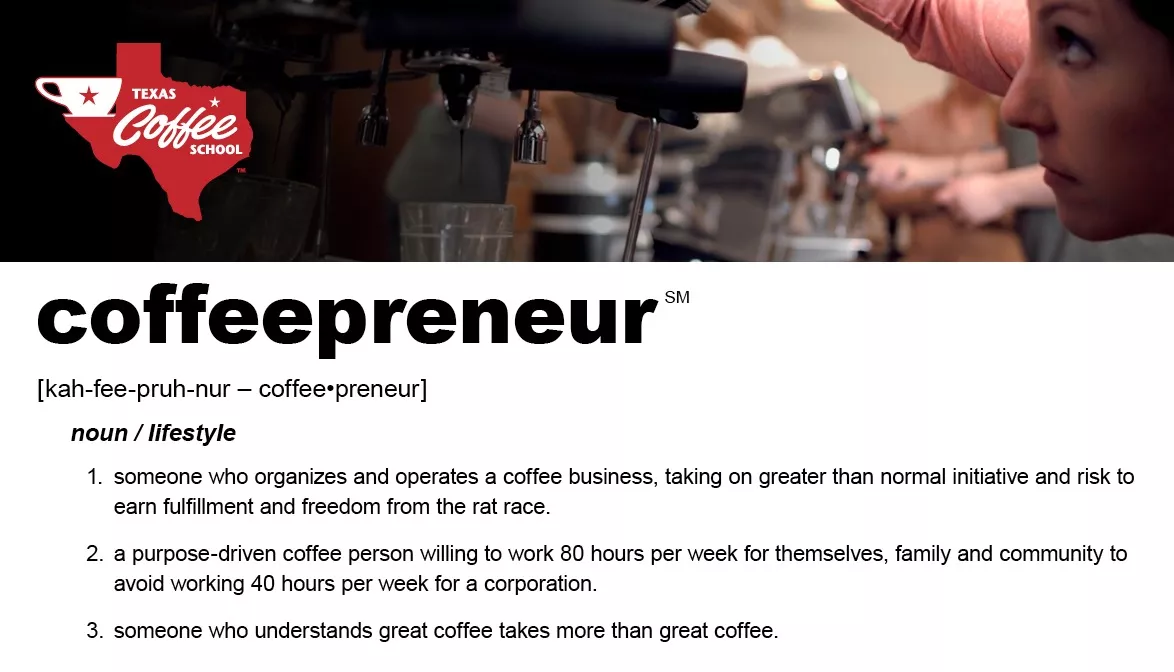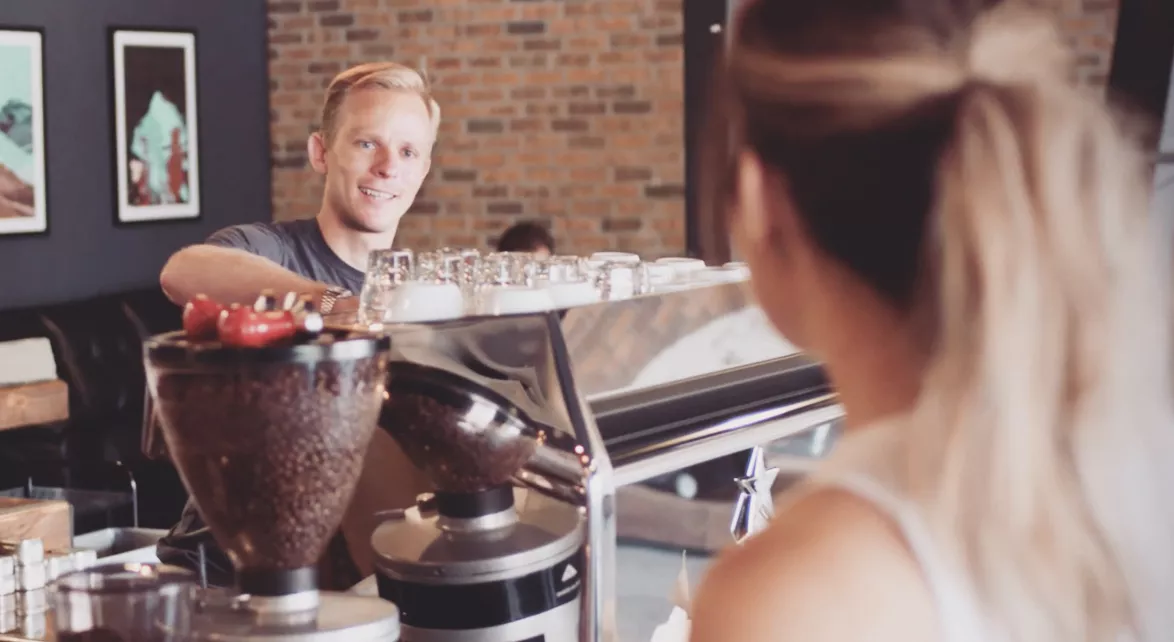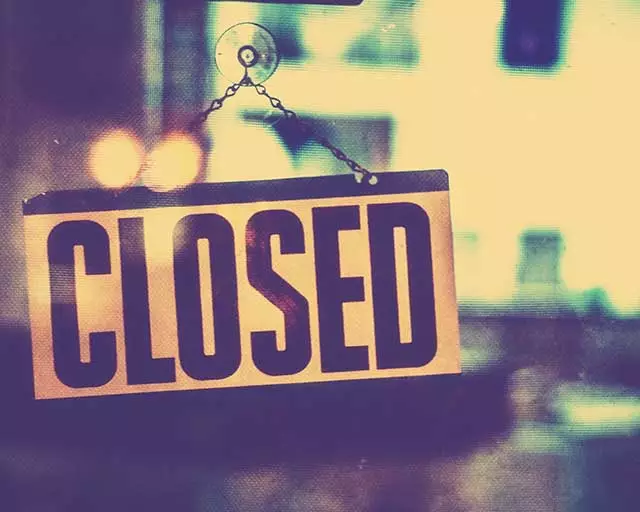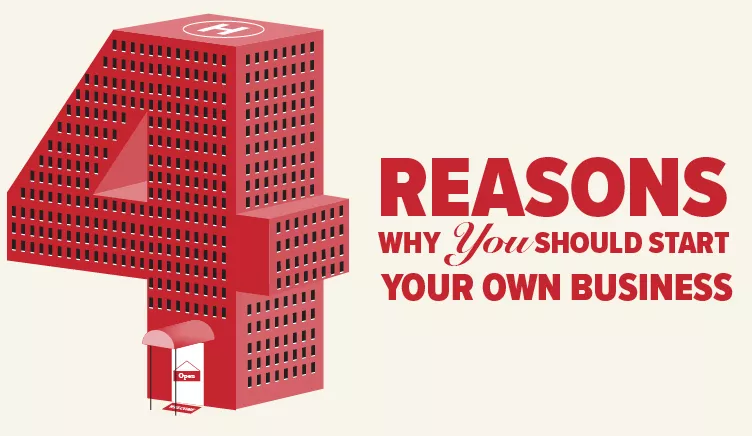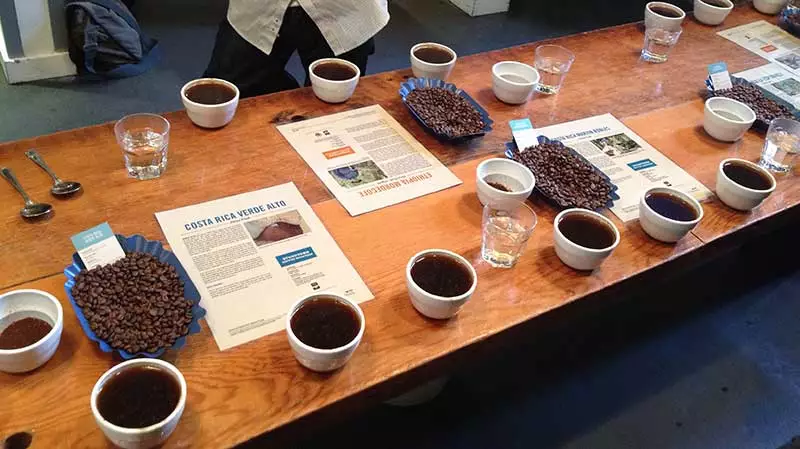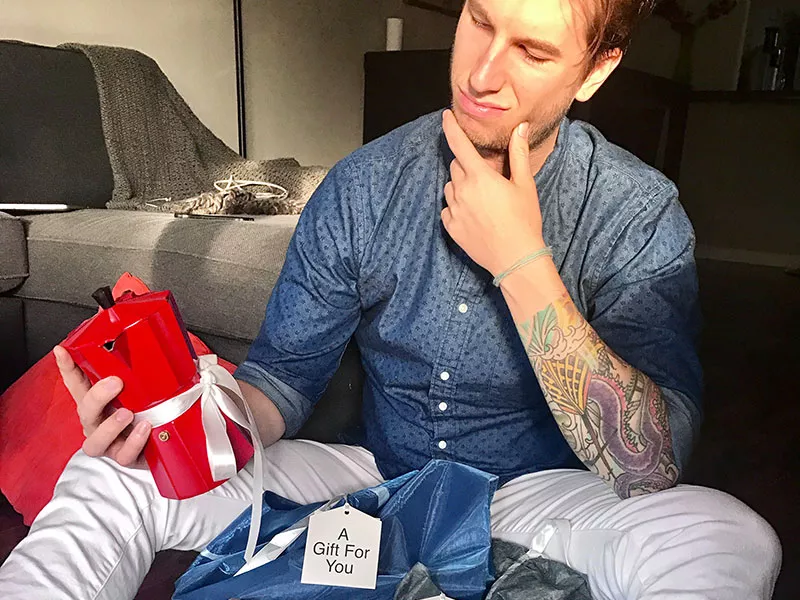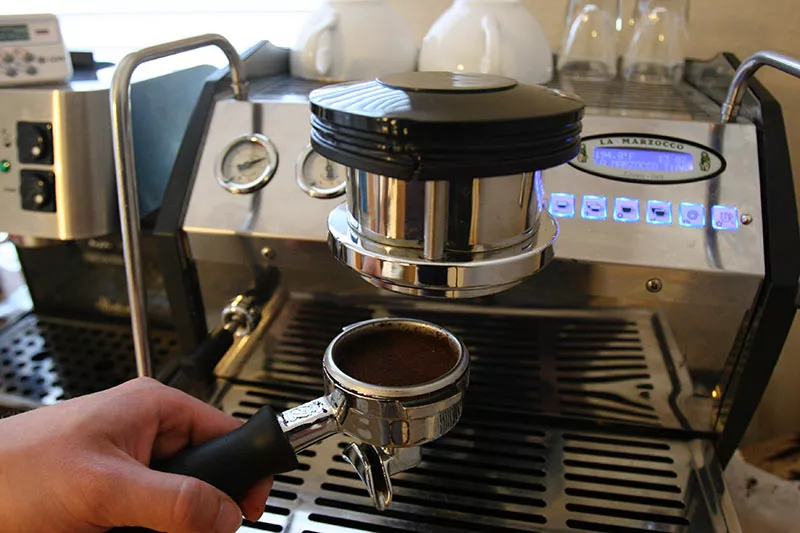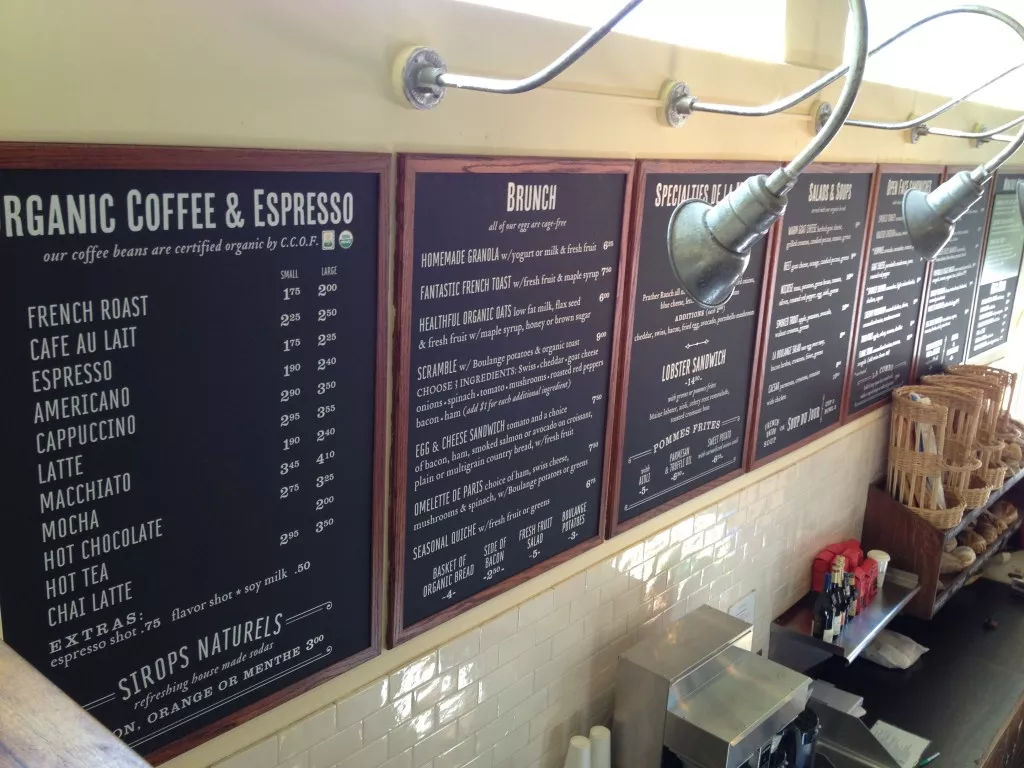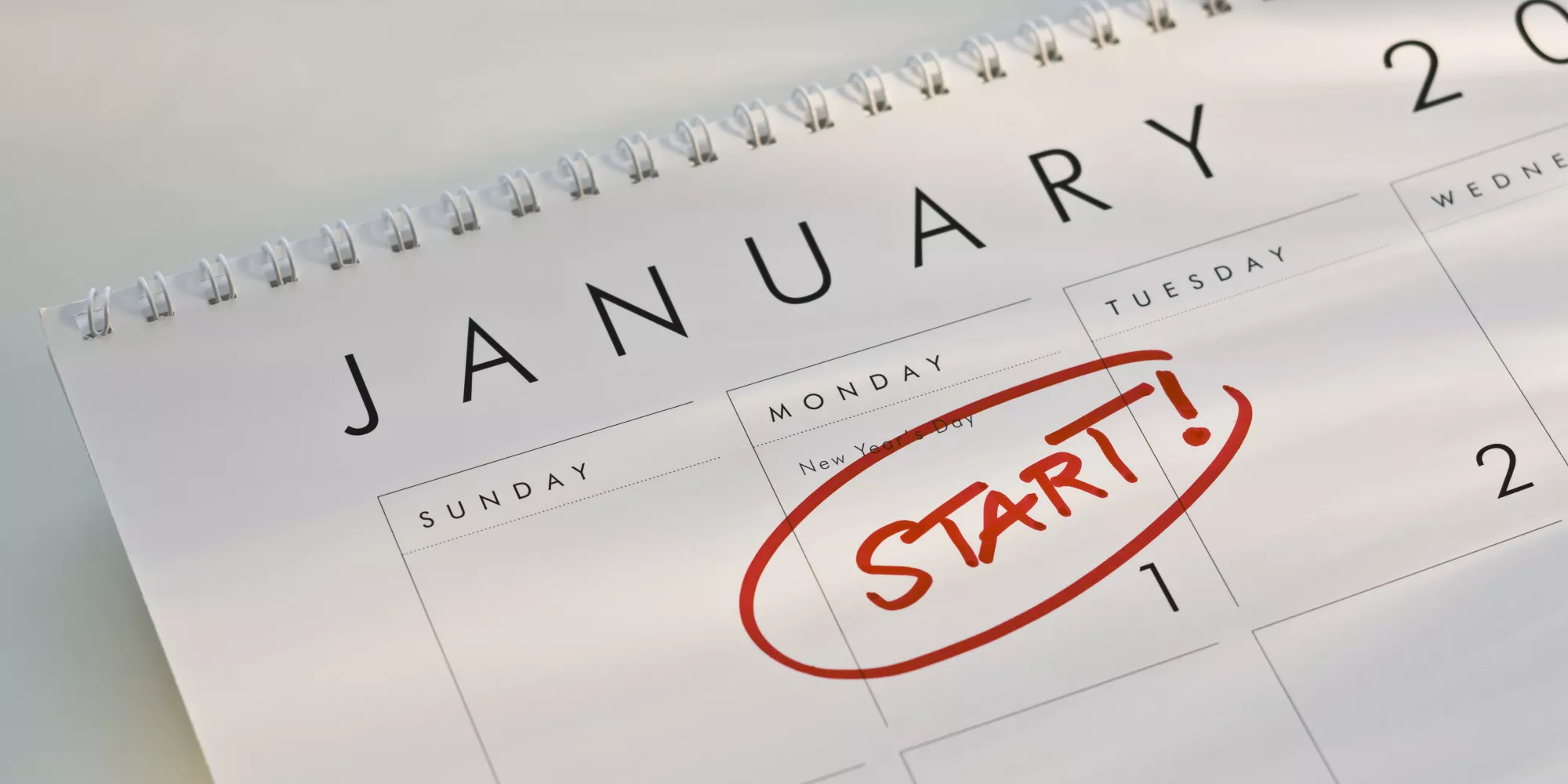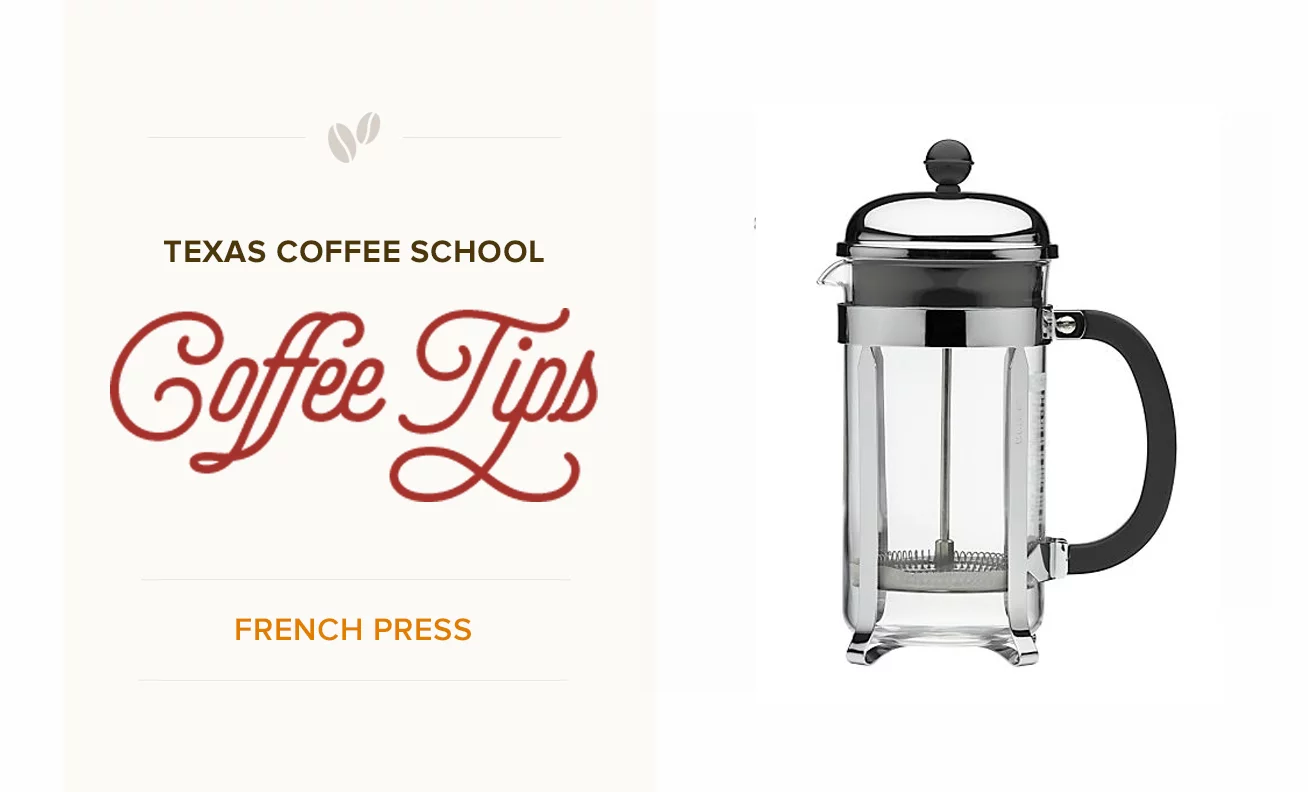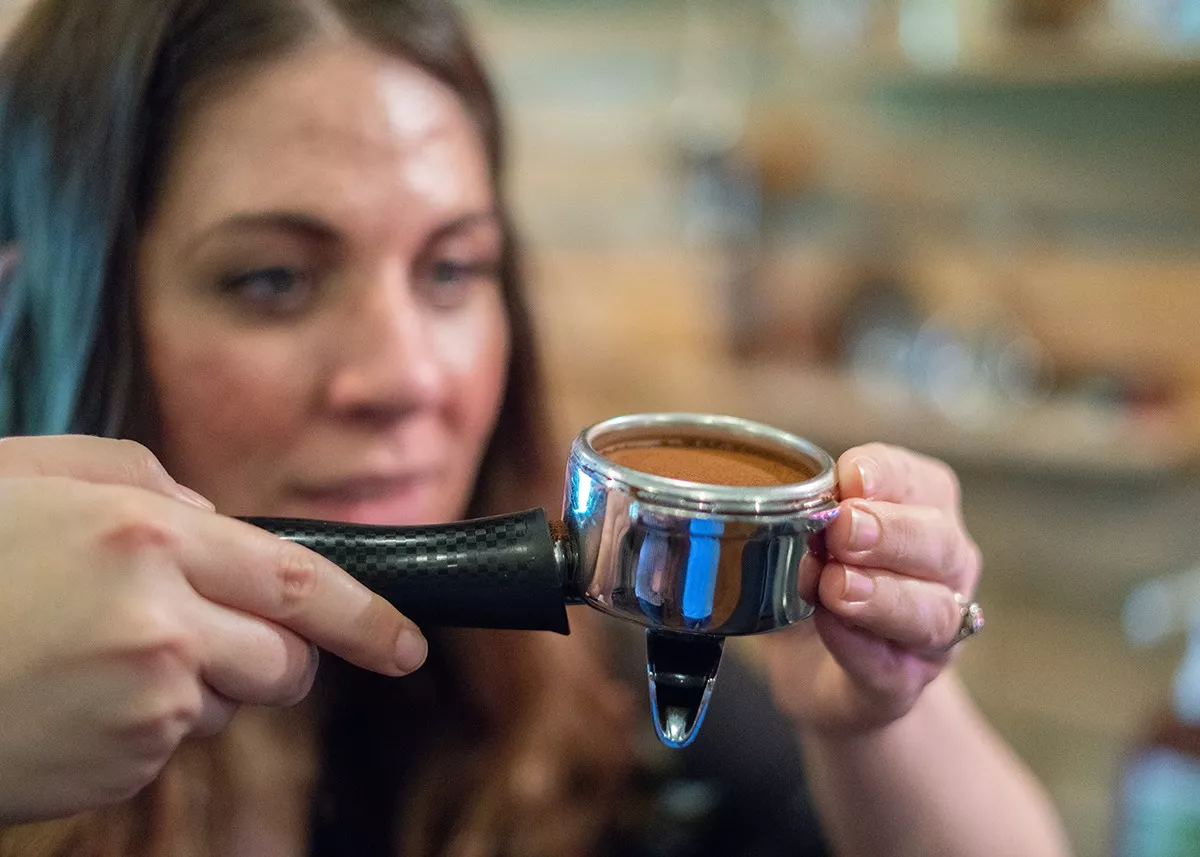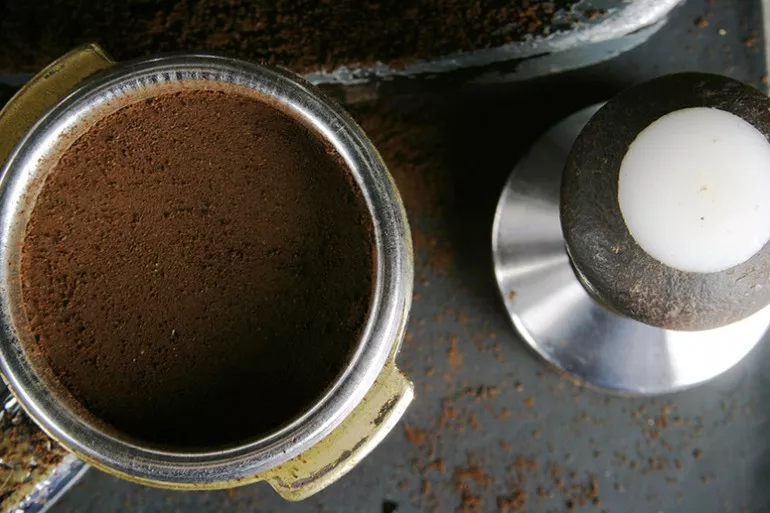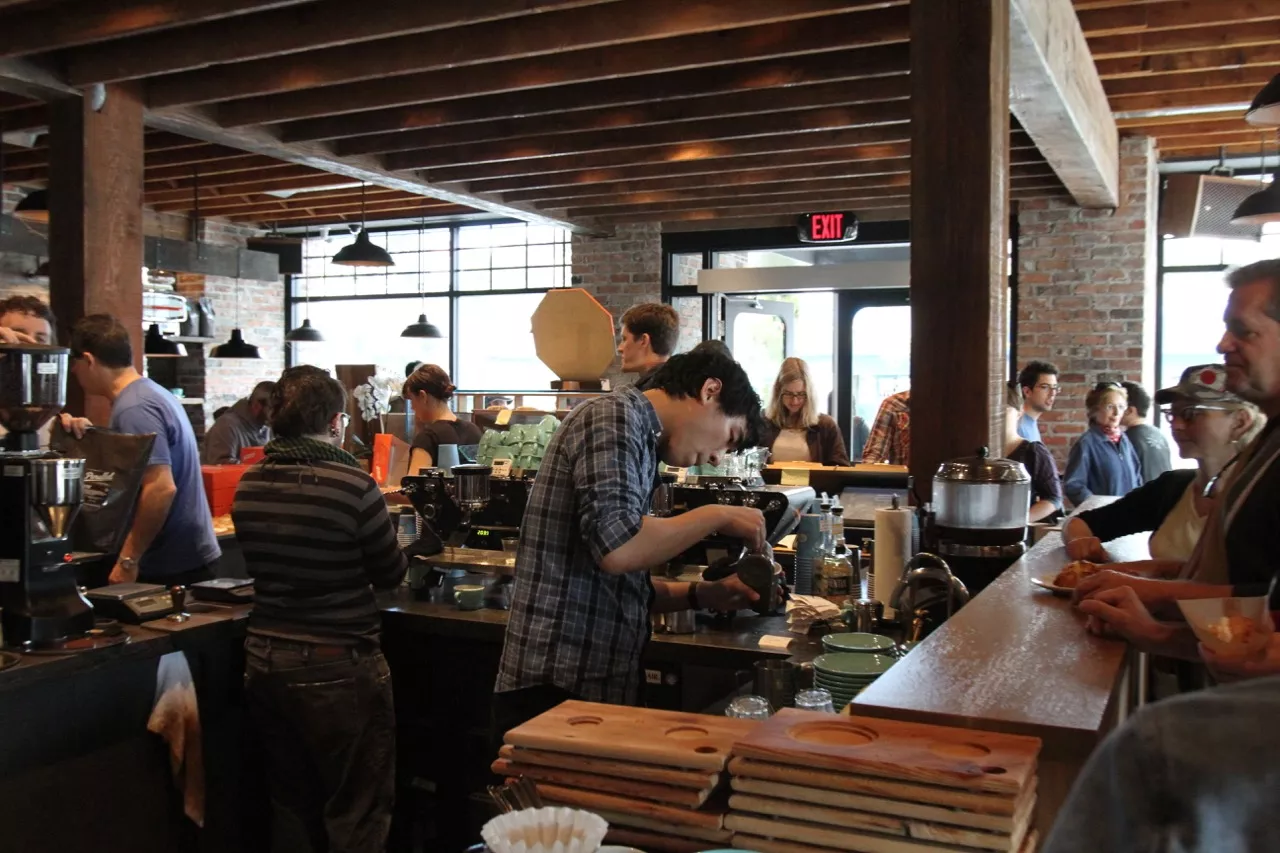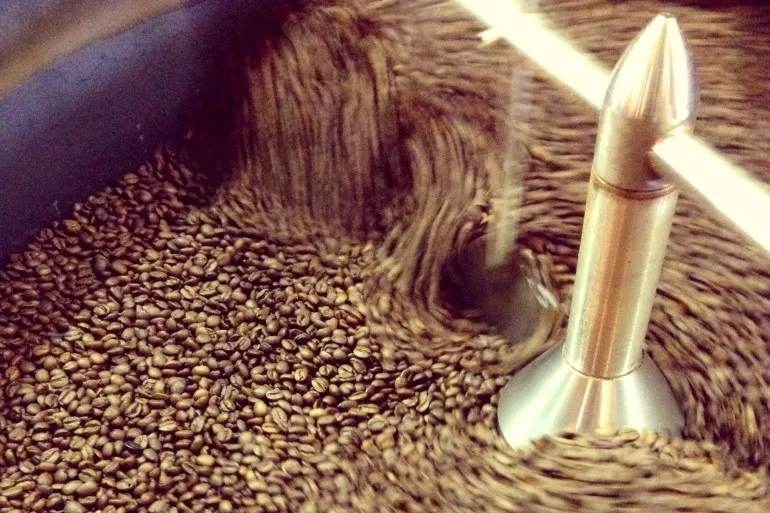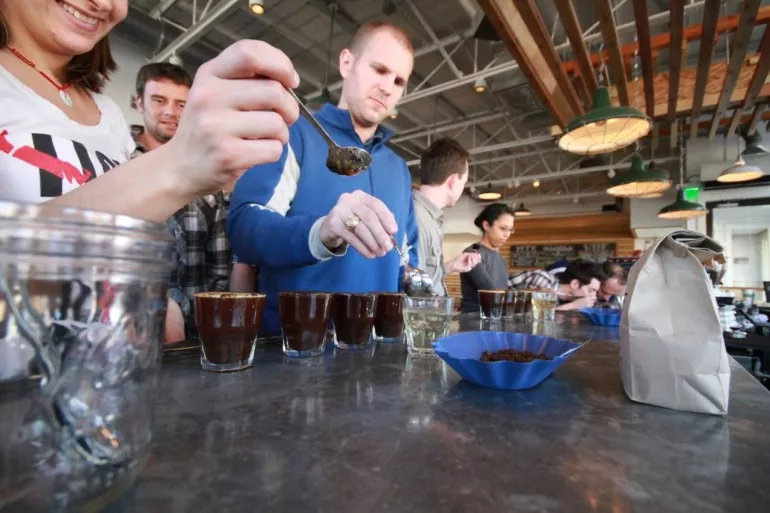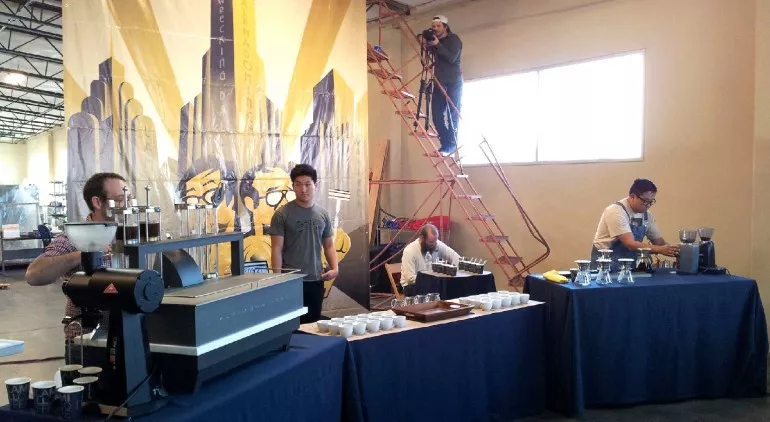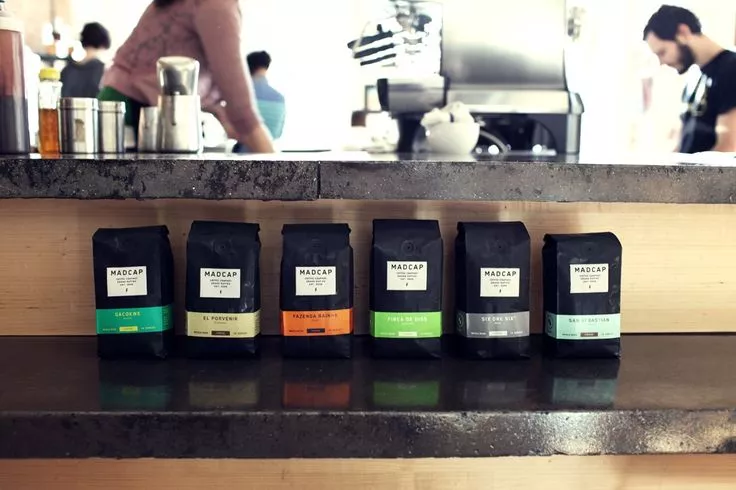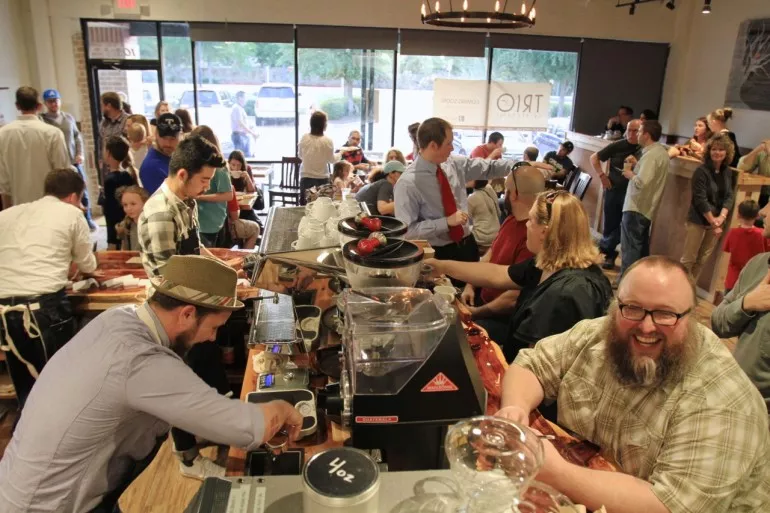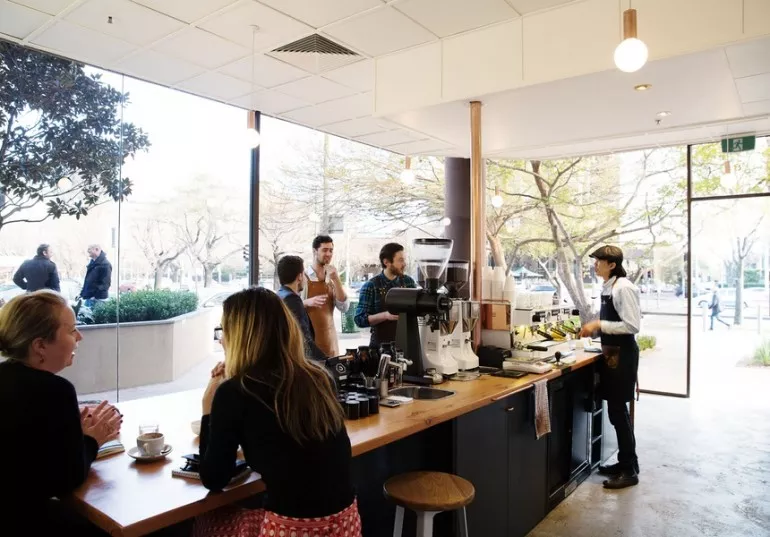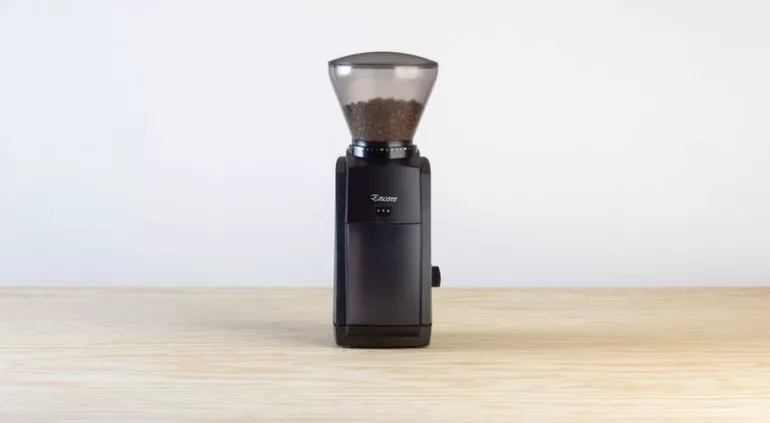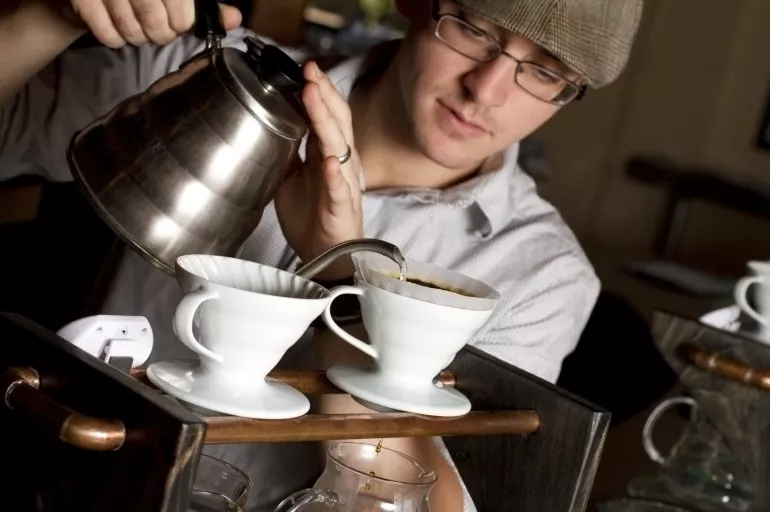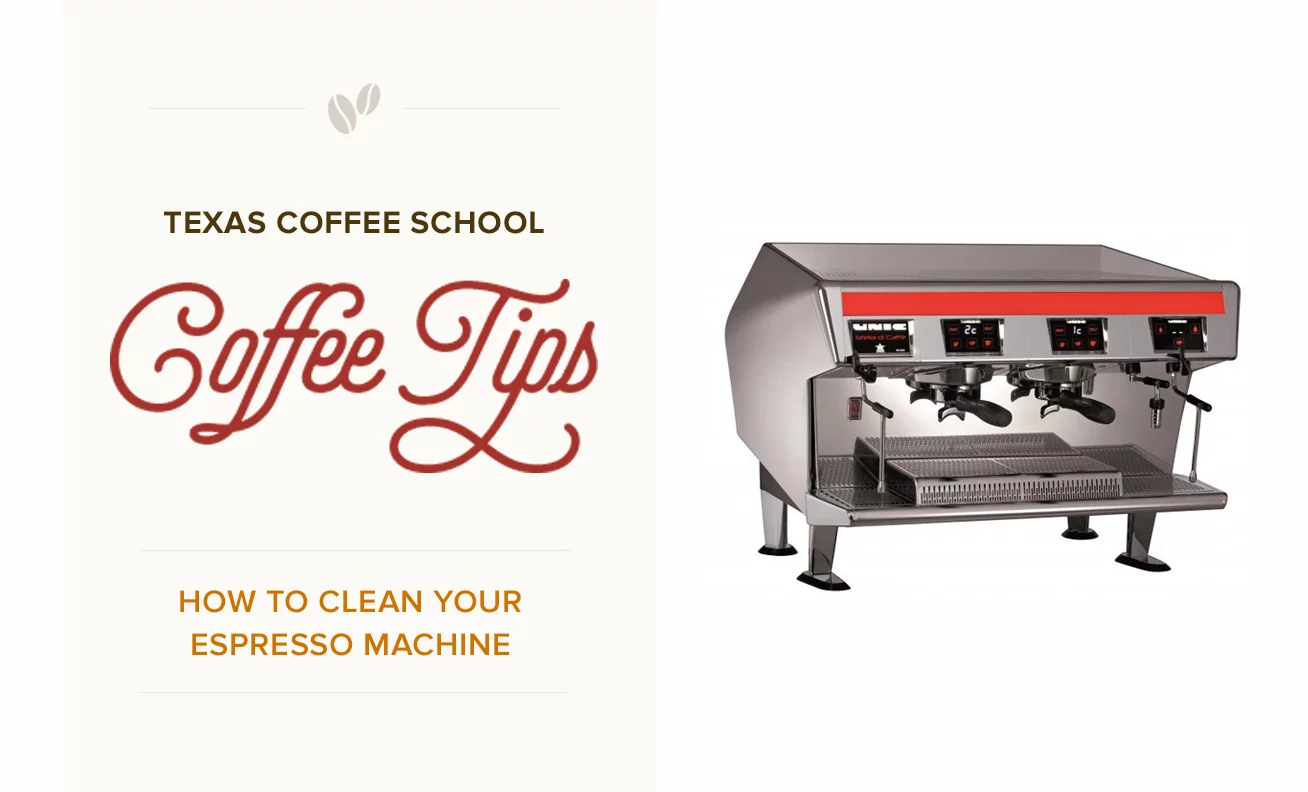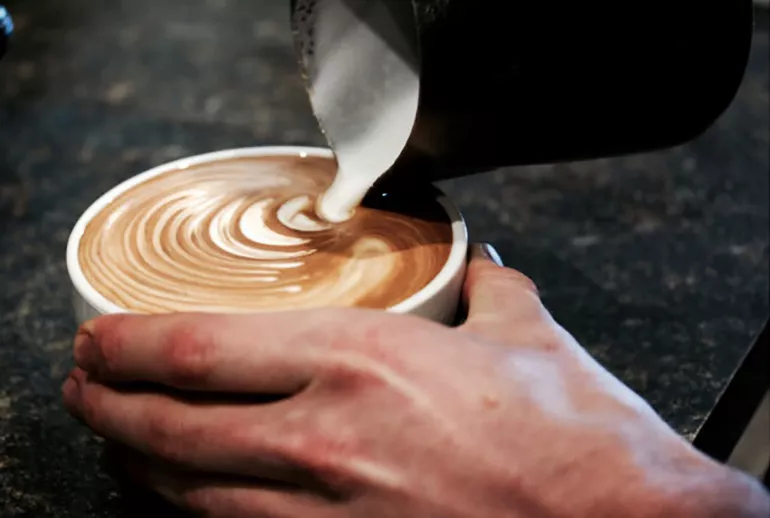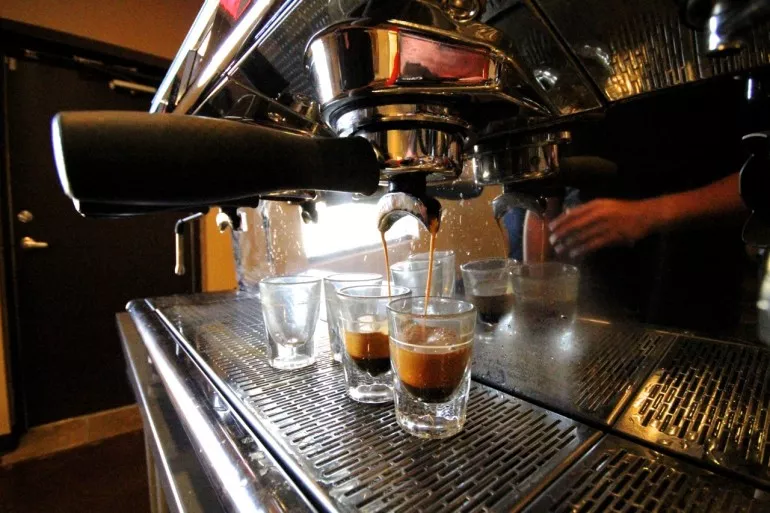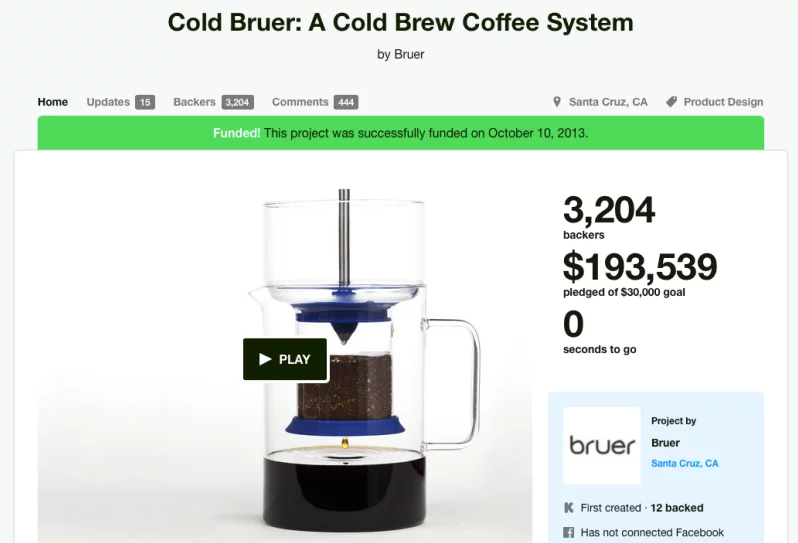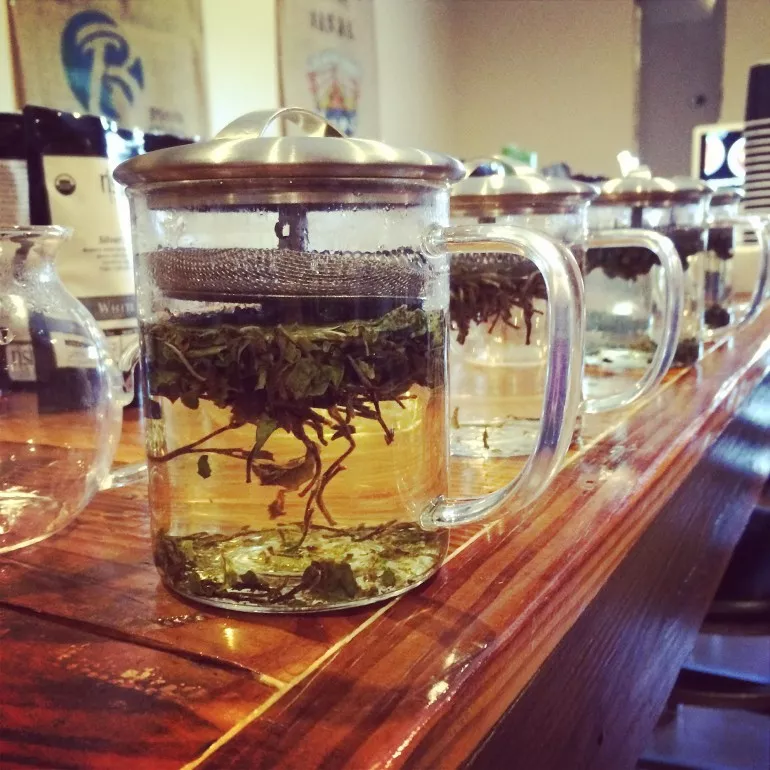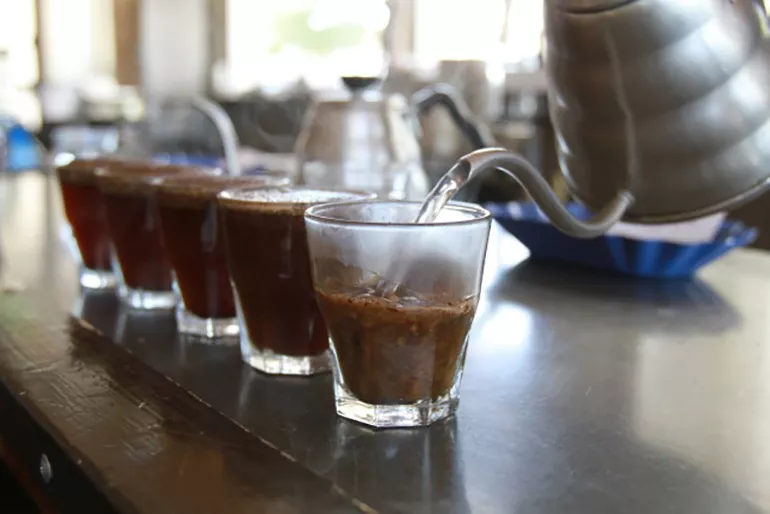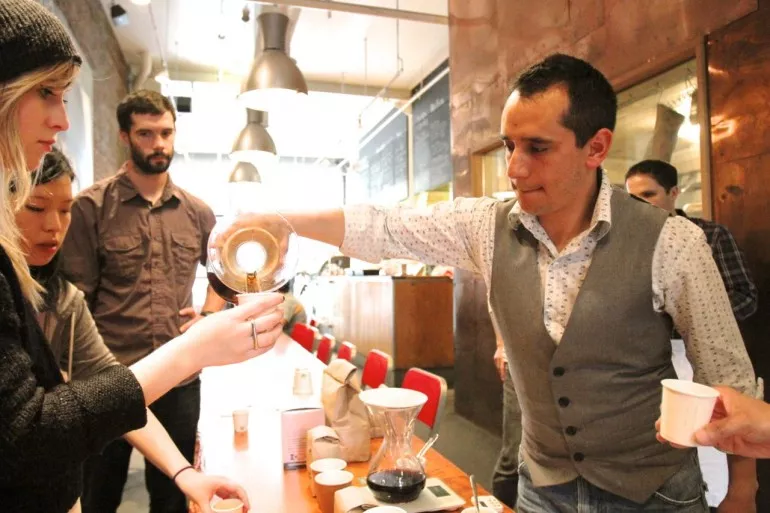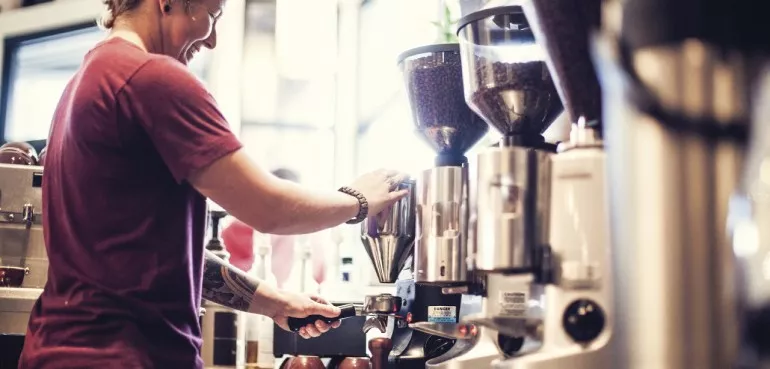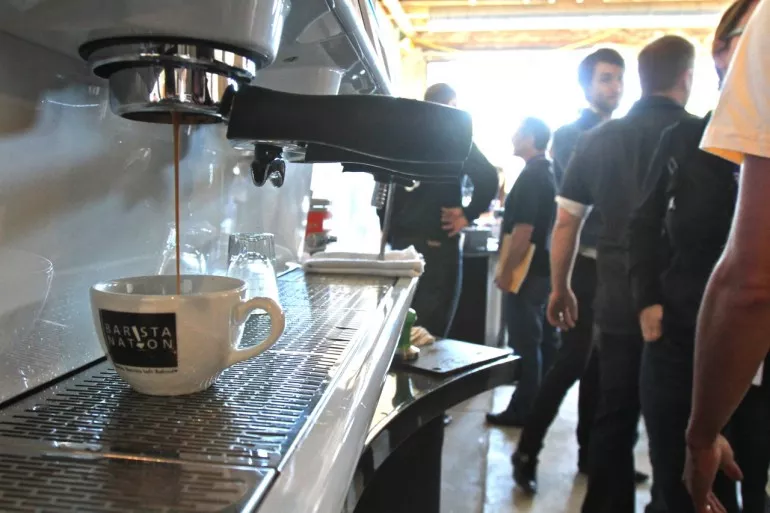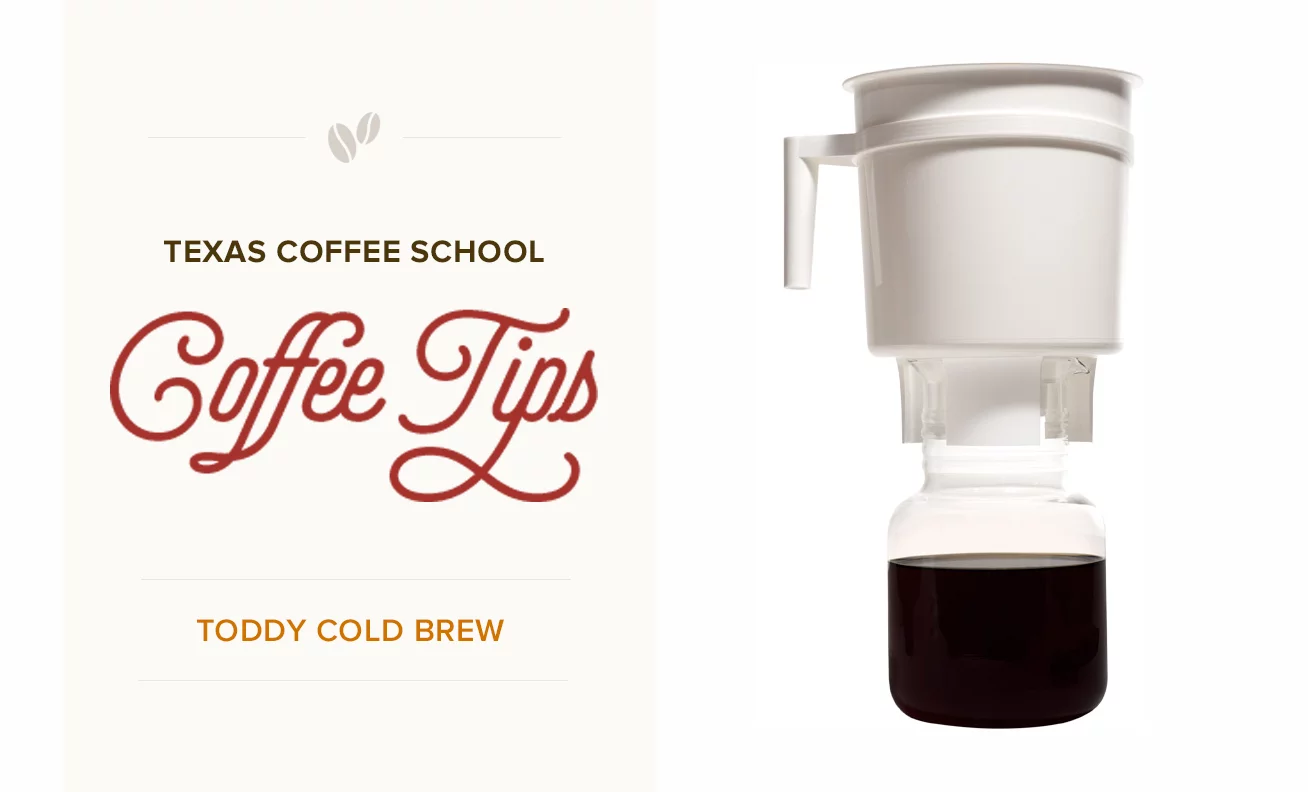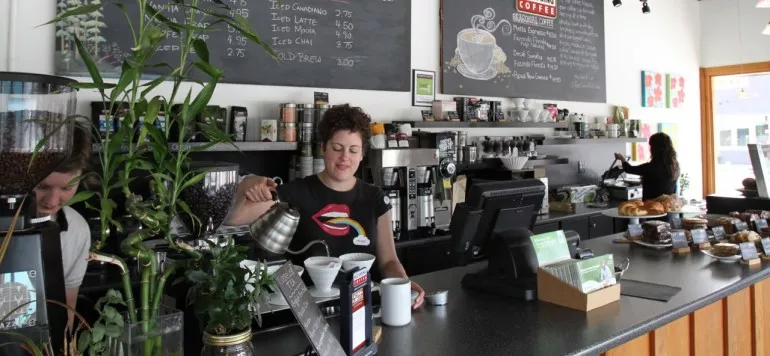If you look for them, you can find dire statistics of small business success. So, it’s no surprise many aspiring Coffeepreneurs® are afraid of failure. Of course, we host classrooms full of coffee enthusiasts from all over the world whose dreams are so persistent that they feel not starting at all would be even worse than failing. But following a cafe startup dream doesn’t mean the logical fears just disappear.
Using data from the Bureau of Labor Statistics, Fundera reports that 20% of small businesses fail in their first year, 30% of small businesses in their second year, and 50% of small businesses after five years. And yet, small businesses comprise 99.9% of all businesses in the United States and 64% of new jobs. So how do you ensure your cafe startup is on the winning side of business?
If you avoid making these five common mistakes, your coffee shop CAN succeed! Here are 5 reasons why cafe startups fail:
- Failure to focus on a niche audience
- No unique selling proposition
- Location chosen without doing the research
- Mismanaging prime costs cuts into profit
- Lacking the right mindset
1. Your cafe startup fails to focus on a niche audience.
Trying to appeal to “anyone who likes coffee” appeals to no one. Entrepreneurs might be wary to define a niche audience because they think it will exclude people who don’t fit your criteria. Not true. Catering to a niche audience can inform your entire business plan. The focus better ensures success. It helps you create a viable business concept, find a location, and even frees up your marketing spend and branding efforts. Below are several questions to help hone in on your most likely customer:
- What hobbies or lifestyles align with your brand?
- What demographics fit your business? Where do your customers live, how old are they, and how much money do they make?
- Who is buying from your competition?
- What messaging do your customers resonate with?
Once you’ve focused on a niche audience, you can tailor your menu, environment, and promotions for that market. Attracting your ideal customer and giving them a satisfactory experience will ensure they become regulars. Plus, they’ll invite more friends like them!
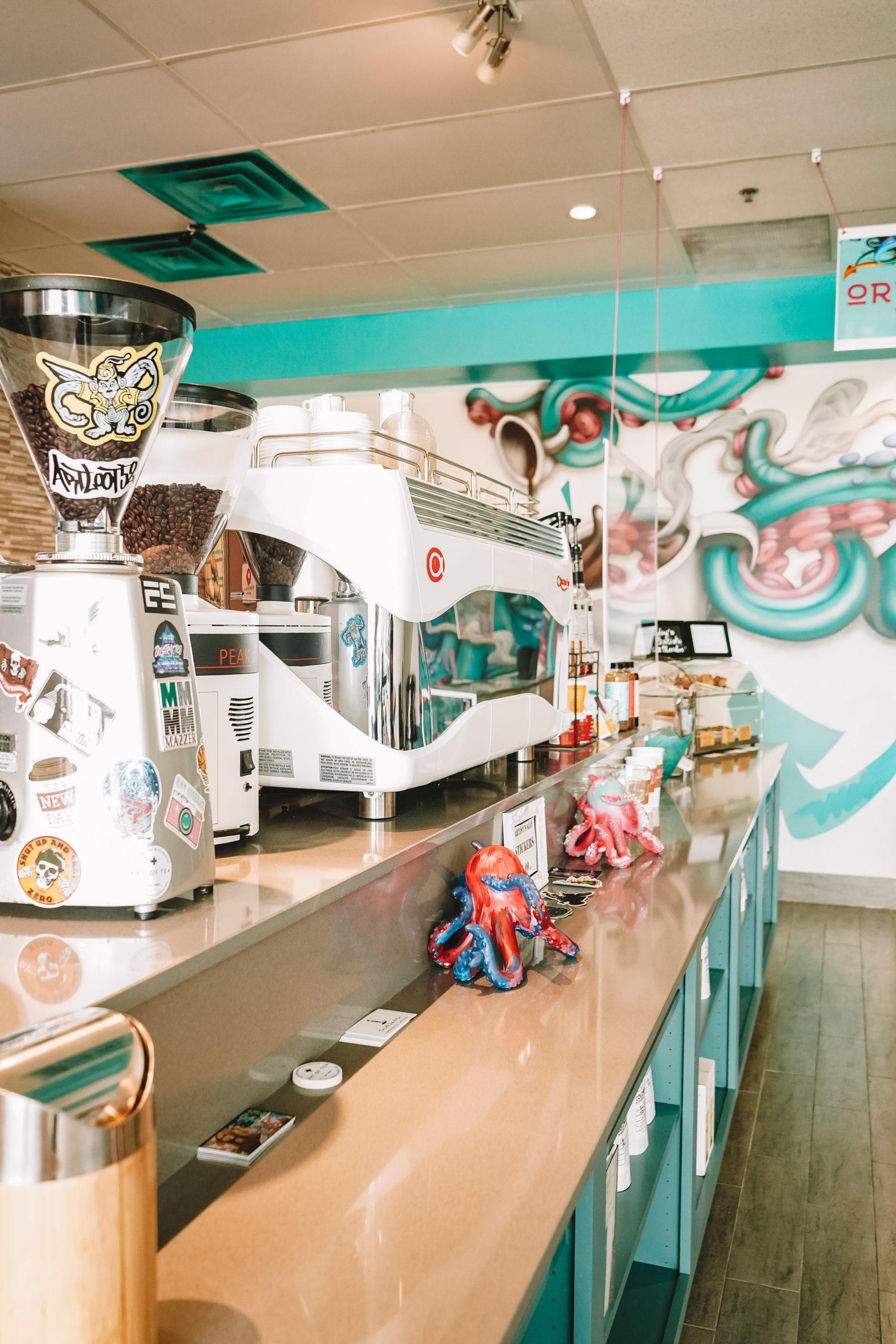 2. You don’t consider a unique selling proposition.
2. You don’t consider a unique selling proposition.
Simon Sinek, leadership expert, famously said, “People don’t buy what you do. They buy why you do it.” Anyone can buy coffee equipment and brew a decent cup of coffee, which is why there’s a coffee shop seemingly on every corner in many cities. But imitating everyone else won’t get you very far. You need a unique selling proposition that sets your coffee shop apart.
We believe that a truly great Coffeepreneur® has a point of view–a passionate belief in a cause for which they are deeply committed down to the core of their being. But how does that translate to a coffee shop concept? Similar to choosing your target audience, you also must take time to put words around why your business exists and why anyone should care. Some thoughts to consider are:
- The single most important idea you want to convey about your cafe
- How your cafe startup is going to be disruptive in the marketplace
- Why a customer should want to buy your brand
- Your brand’s look and feel
- Your cafe’s name
The best part about a unique selling proposition is that you don’t have to have a totally original product–you just have to create a different experience from everyone else. But without pinpointing what makes your cafe special in a relatively homogenous industry, you may not find success as a startup.
3. You choose a location without doing the research.
Now that you’ve identified your target market and coffee shop concept, it’s time to choose your location. But many small business owners jump ahead in this step and fail to do proper research. They find a location without nailing down their business concept. Or, they find a building that fits their aesthetic, but not in an area densely populated with their ideal consumer. Those who trust their “gut instinct” may be sorely disappointed when they find they planted their business in soil that isn’t fertile.
Factors worth considering in your location research are:
- Traffic patterns
- Proximity to schools, apartment complexes, hospitals, hair salons, or general shopping
- The times of day people are out and about in your area
- High concentration of your ideal customer
At Texas Coffee School, we have a formula that identifies fertile ground for your target audience. Plus, we teach how to calculate drive by and foot traffic to know if a location has the potential to be profitable. Avoid the risk of no one stepping foot in your cafe by doing extensive research beforehand.
4. Mismanaging prime costs cuts into profit.
One of the biggest small business killers happens when owners aren’t on top of the constantly moving prime costs.
Prime costs are the primary controllable expenses in operating a business. They are comprised of Cost of Goods (cost of ingredients to make all your products like milk, coffee, chocolate, and other retail items) and Labor Costs (staff wages). To be operate profitably, cafe owners need to manage prime costs on a day-to-day basis.
Keep Labor Costs Under Control:
We teach coffee shop managers strategies for budgeting effectively for labor, ensuring the appropriate level of coverage without over or under spending. Then, processes for monitoring labor expenses as it relates to sales to ensure you aren’t losing money in slow times.
Manage Food Costs:
A challenge in managing food costs is that the Cost of Goods going into making menu items fluctuate. If the menu price is kept static it is very easy to start losing money on every single transaction. Accurately tracking food costs requires keeping frequent and accurate inventory, as well as keeping up with the pricing on goods you are purchasing, then setting effective menu pricing based on the costs of the goods you are selling.
Set Effective Menu Pricing at Your Cafe Startup:
Pricing menu items arbitrarily is a recipe for disaster! A menu’s prices should not be based on what you think customers will or pay or what other coffee shops charge. Like any other business selling goods, a cafe should price menu items based on what they cost the cafe. Use these numbers in your calculations:
- What are you paying for your ingredients?
- What is a single portion/serving of that ingredient?
- How much does that one serving/cup cost?
At Texas Coffee School, we even have a formula that we teach our 3-Day Coffee Business Master Class students. It’s a proven method for managing food costs and setting an effective menu price that is able to continually generate profit even though costs are fluctuating.
The numbers should help you design your menu. If you have limited drive-by traffic or you’re in a rural area, a $3 cup of coffee per customer won’t keep the doors open. Consider adding sandwiches, ice cream, or breakfast burritos to supplement your profit–and customer appetites.
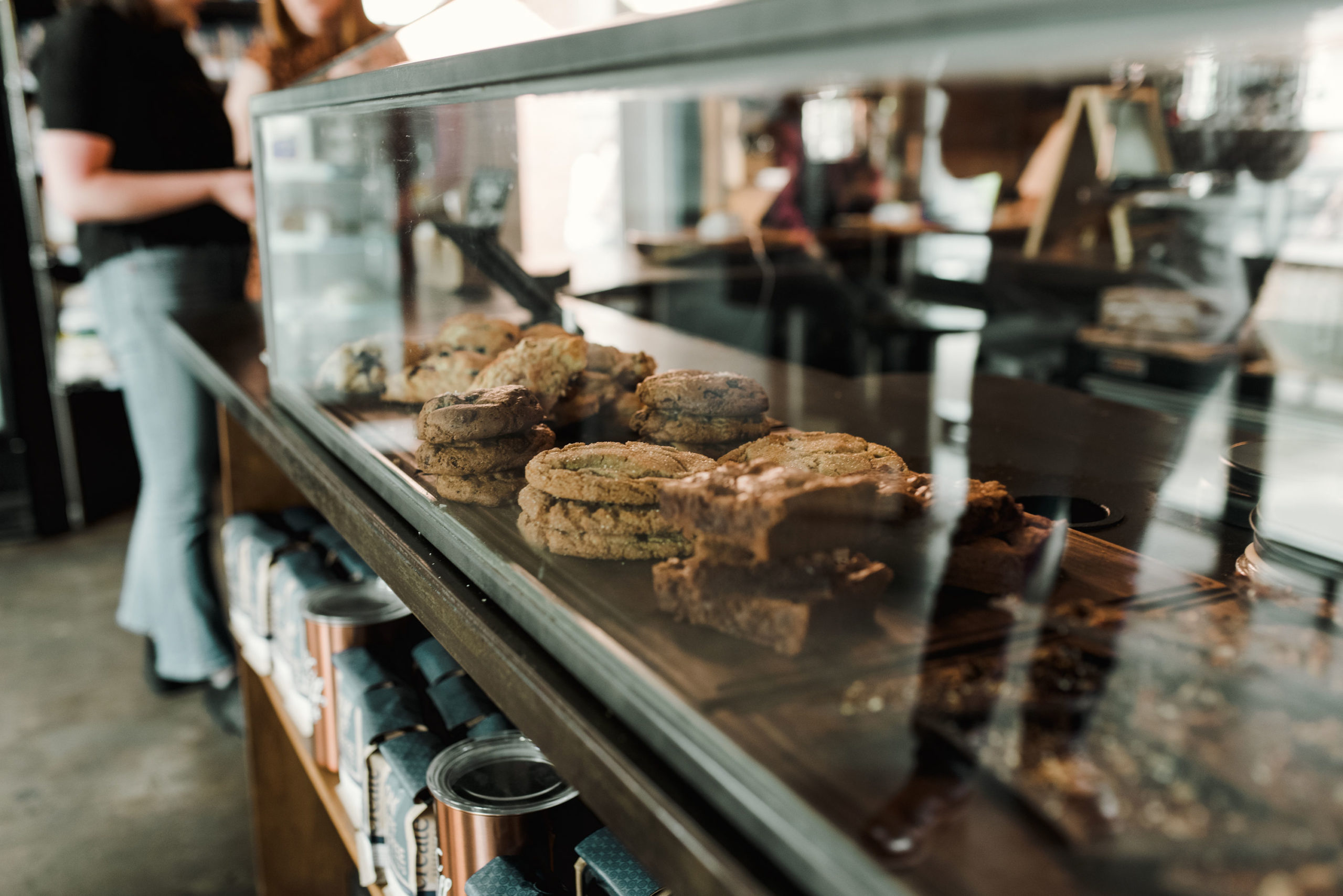
5. You launch a cafe startup without the right mindset.
Lastly, coffee shop owners must have a north star. Why are you passionate about coffee? How is this fulfilling your personal life? The ability to recall the “why” behind your business will carry you through difficult years or inevitable setbacks. Otherwise, coffee shop owners will be more likely to throw in the towel when the going gets tough.
Write down a few words or sentences about your ideal mindset and keep it nearby. On the hard days, you’ll be able to persist, knowing that success is just around the corner.
Texas Coffee School helps cafe startups and Coffeepreneurs® succeed.
If you’re eager to start your cafe startup but need help navigating around these five common mistakes, we’ve got the solution for you. Our 3-Day Coffee Business Master Class addresses these topics and many more in an intensive, small classroom setting. Sign up for a class in late summer or early fall to kickstart your success!
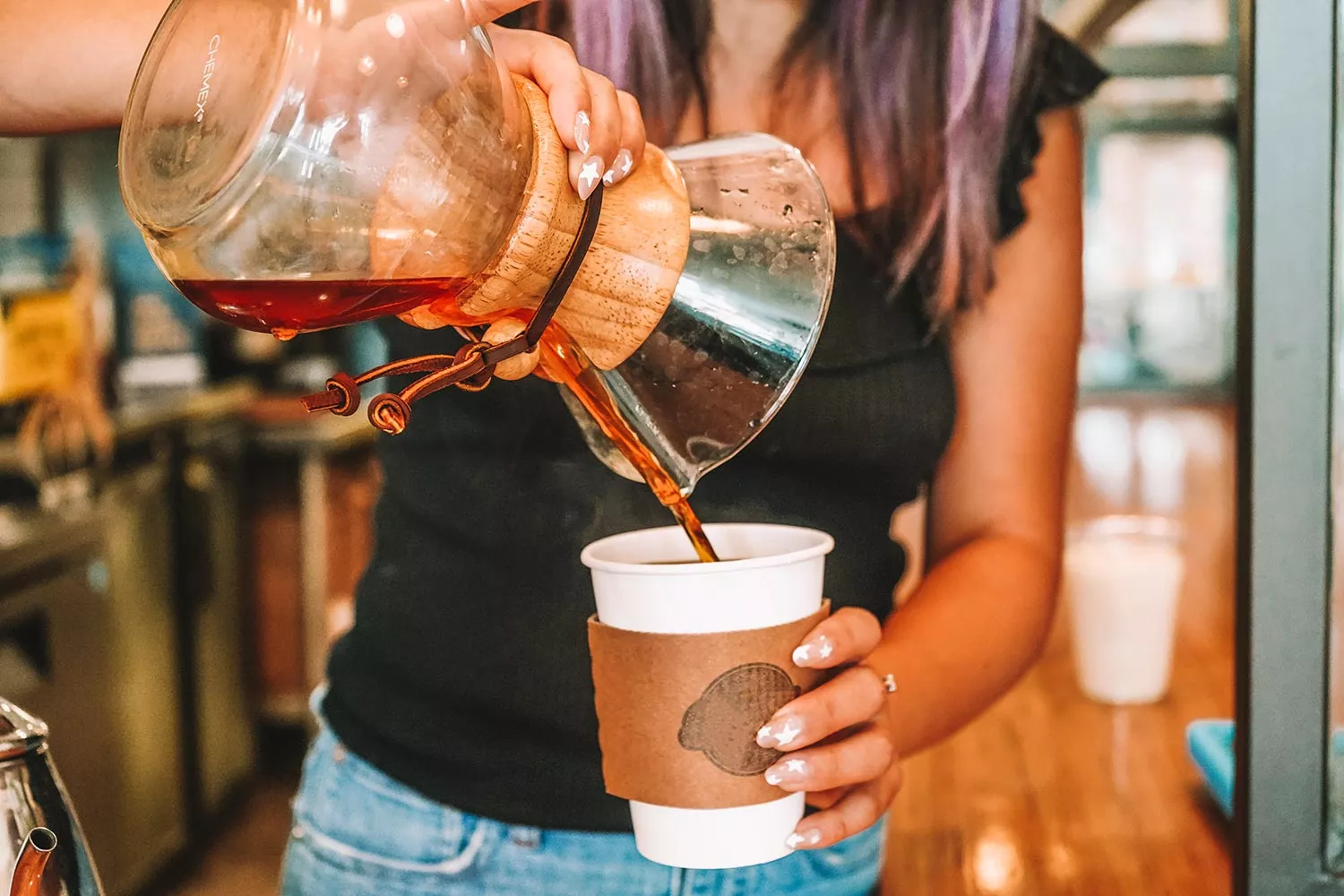
 2. You don’t consider a unique selling proposition.
2. You don’t consider a unique selling proposition.
